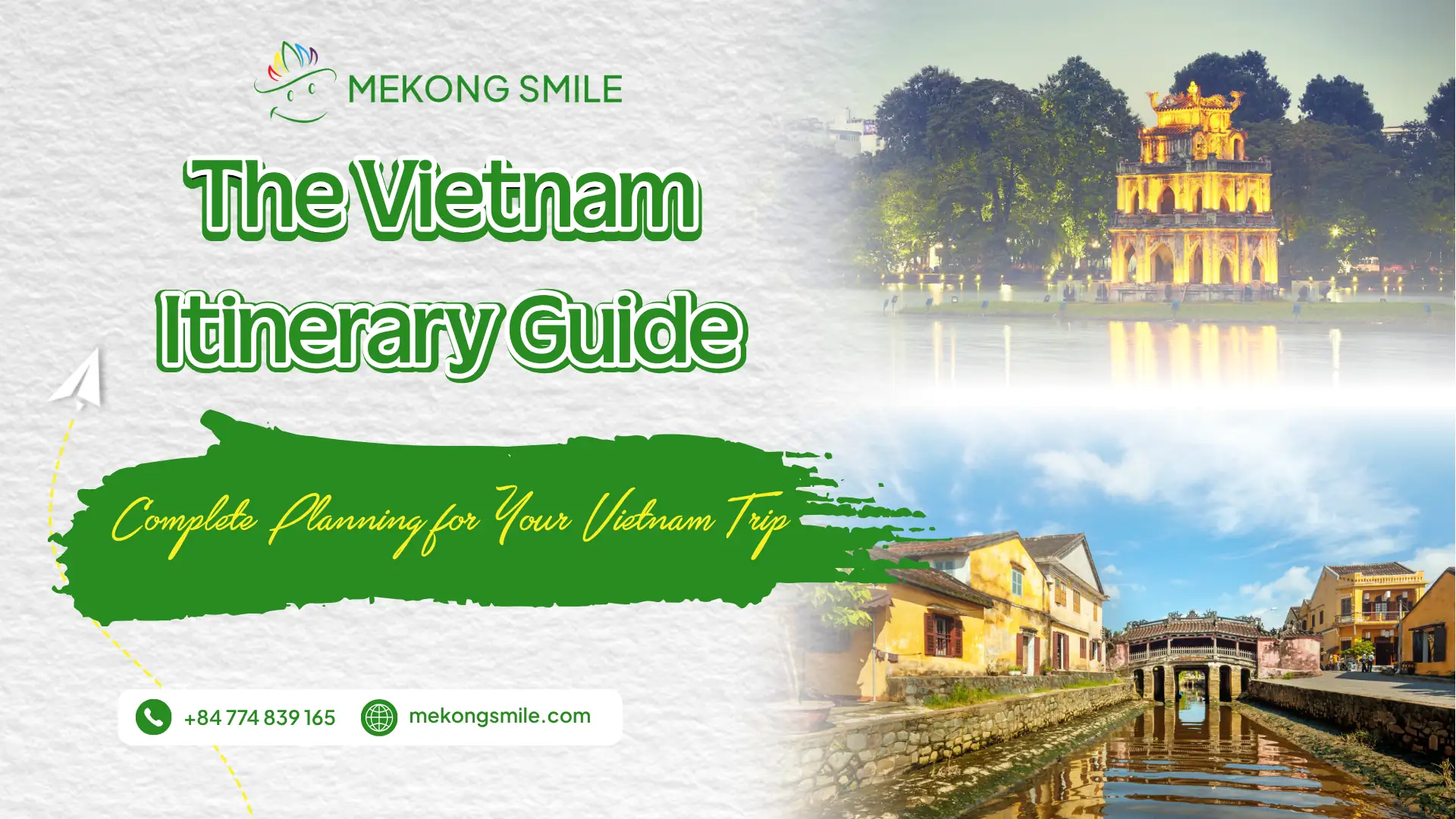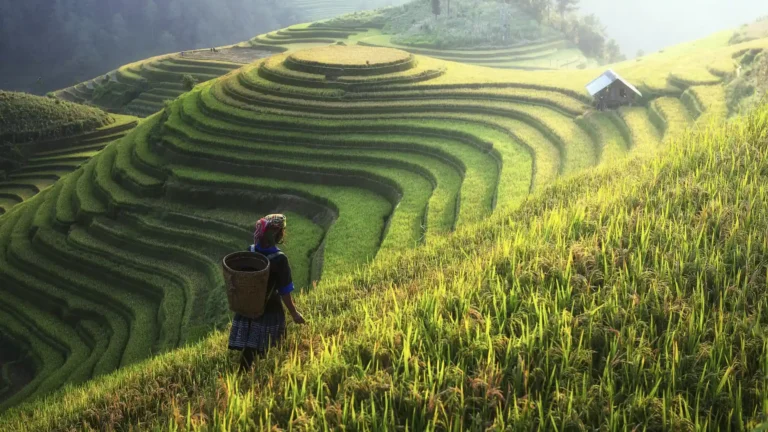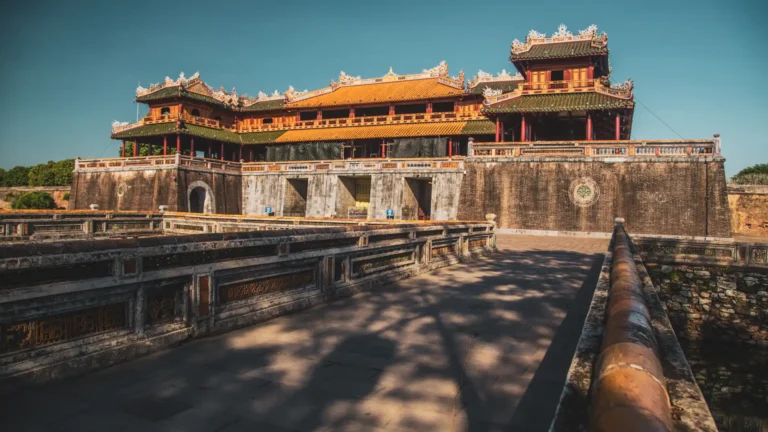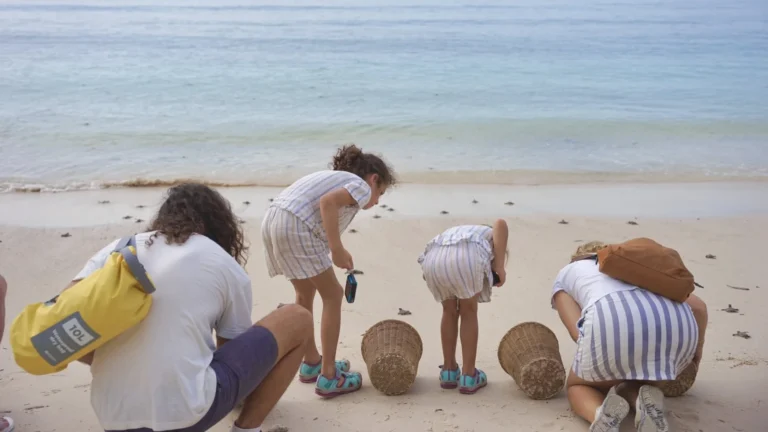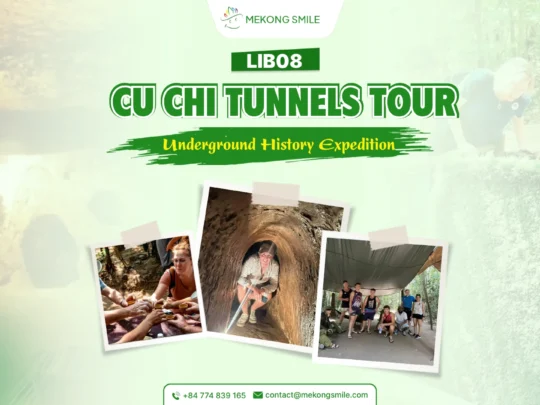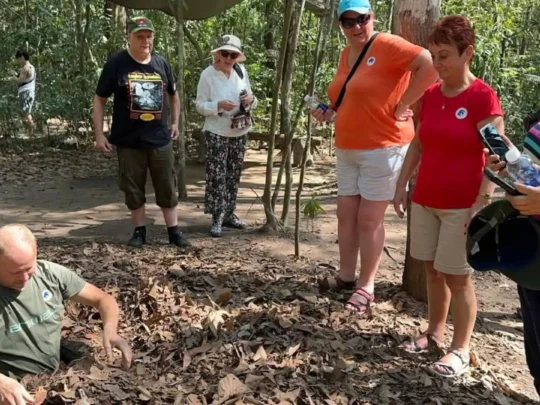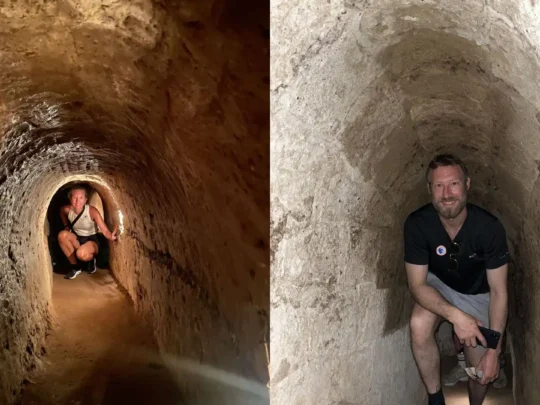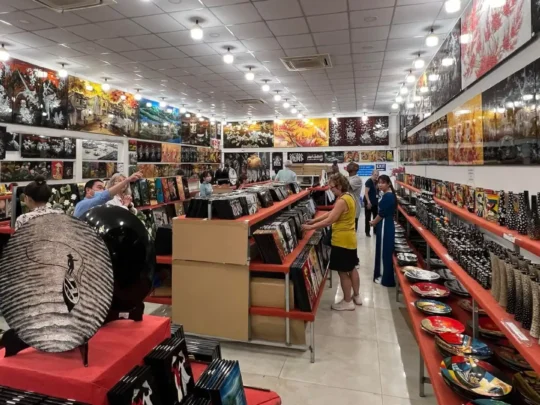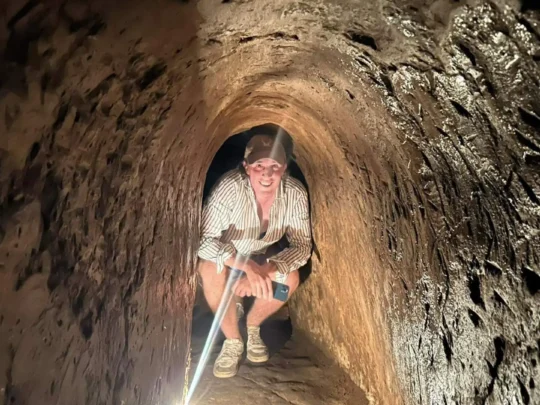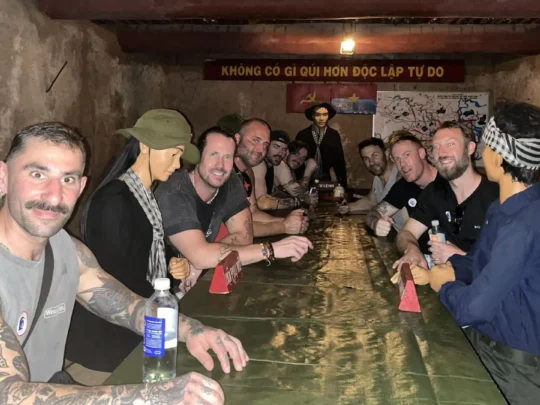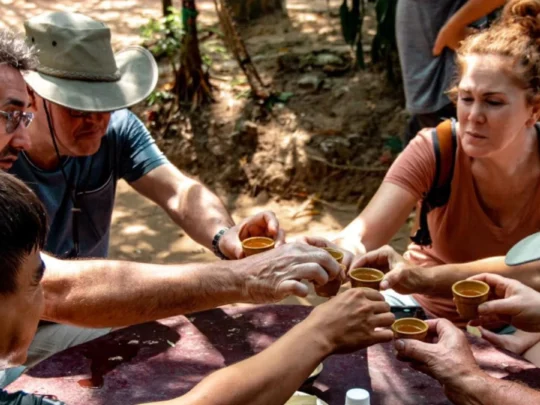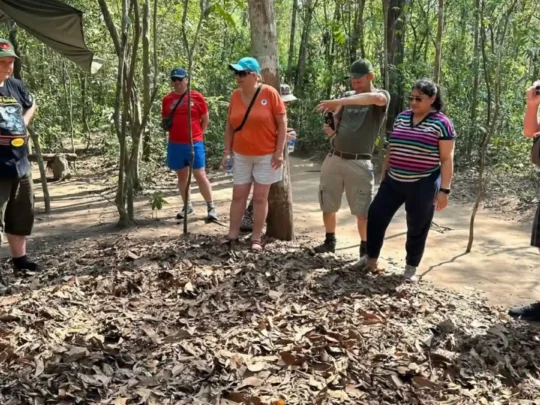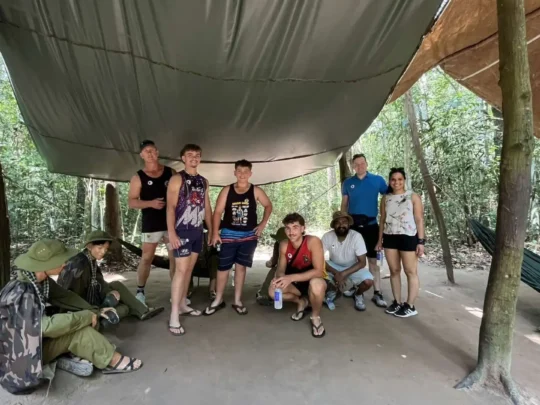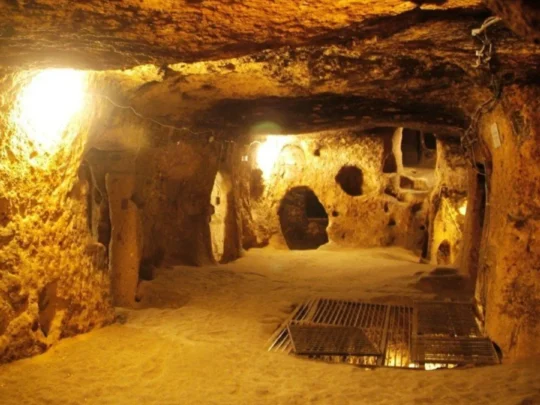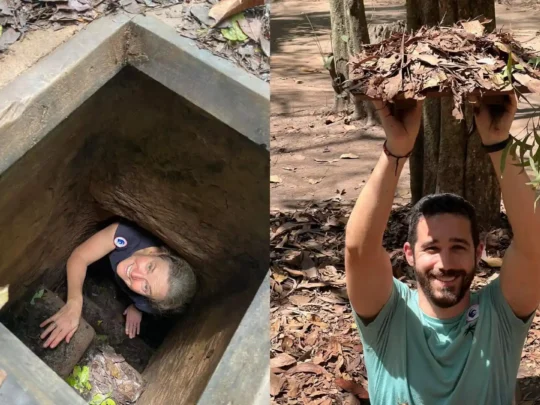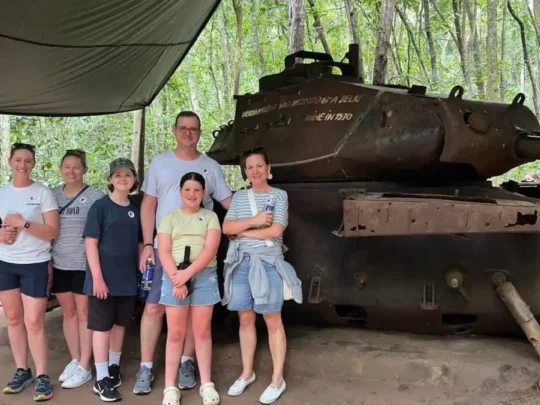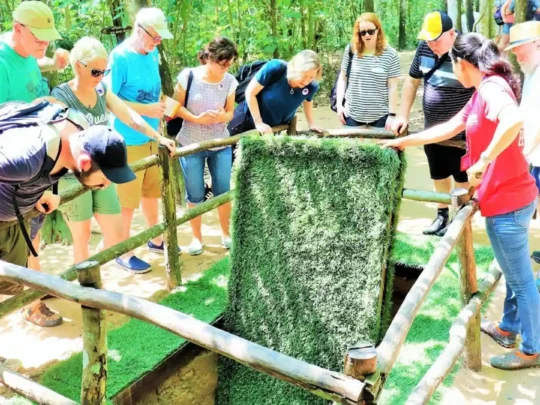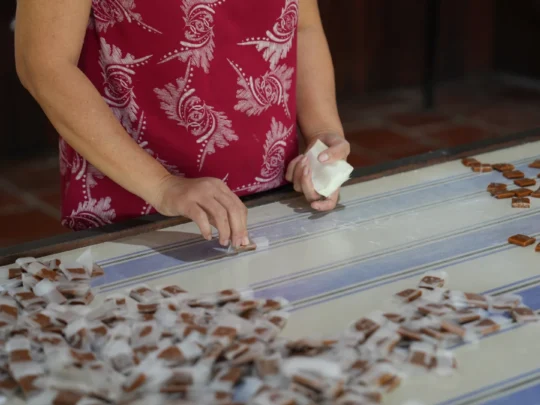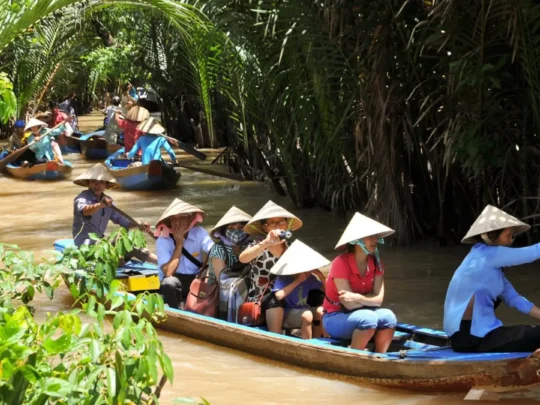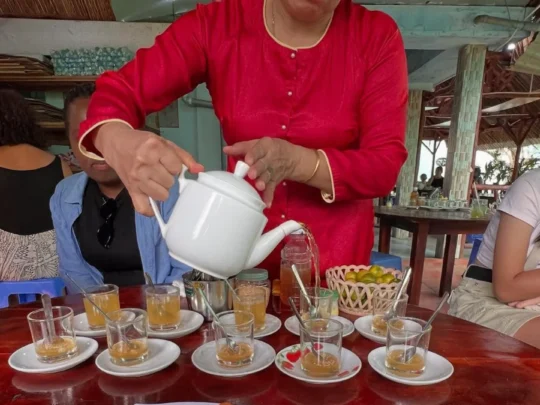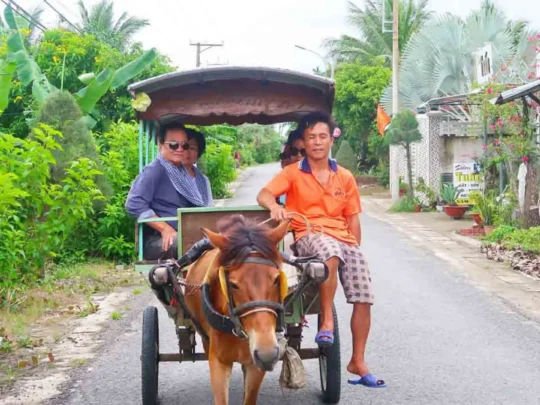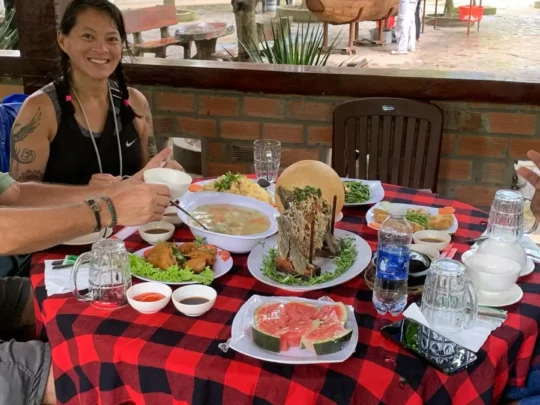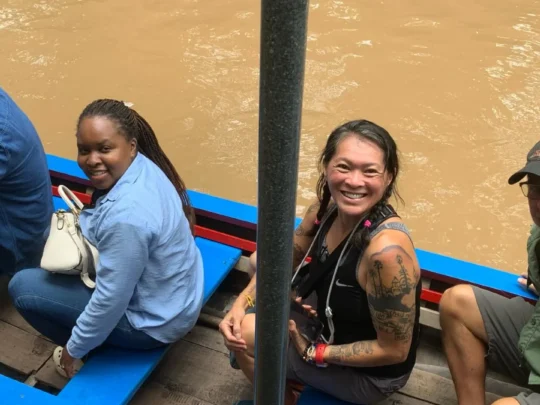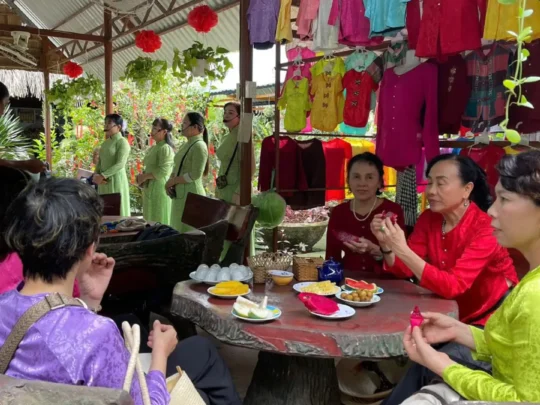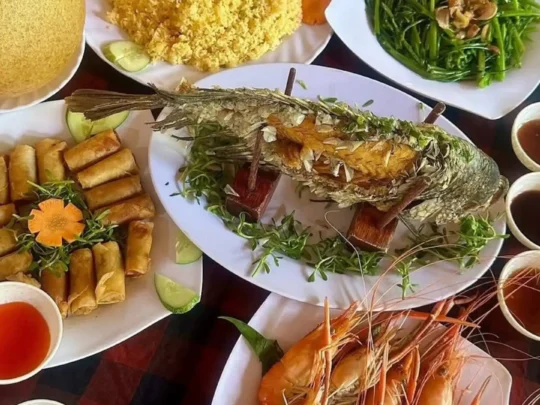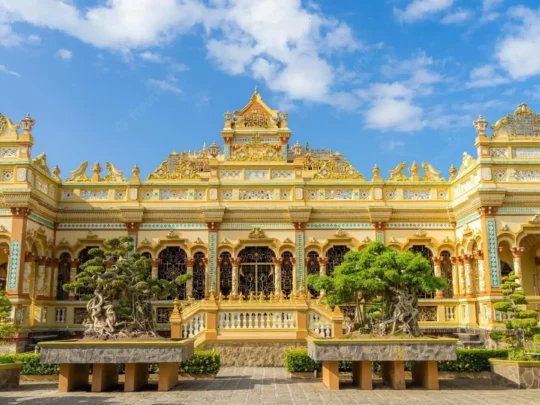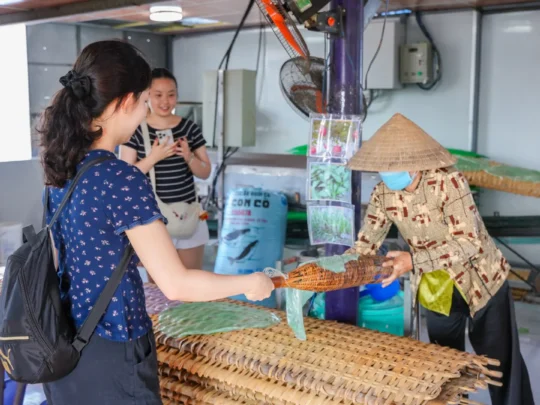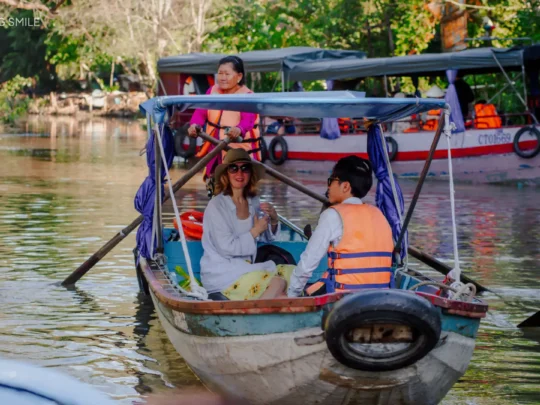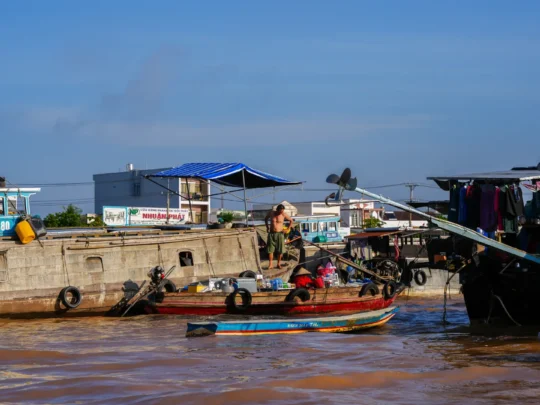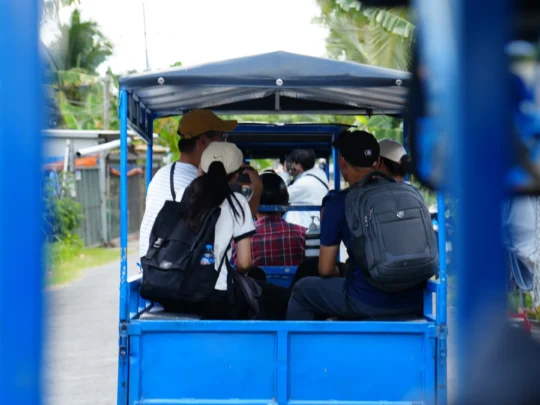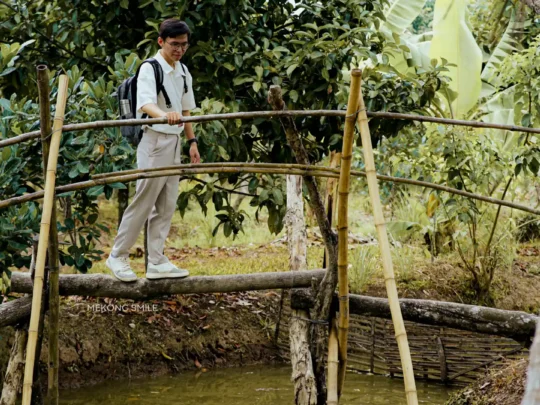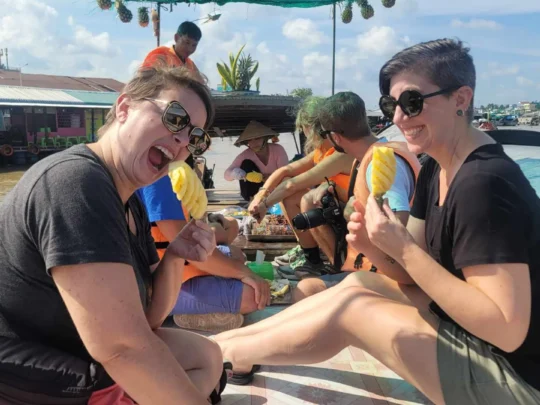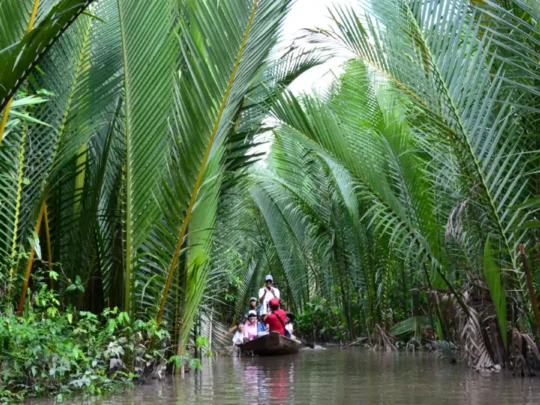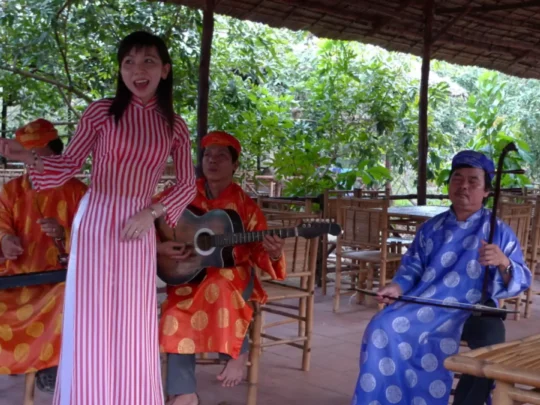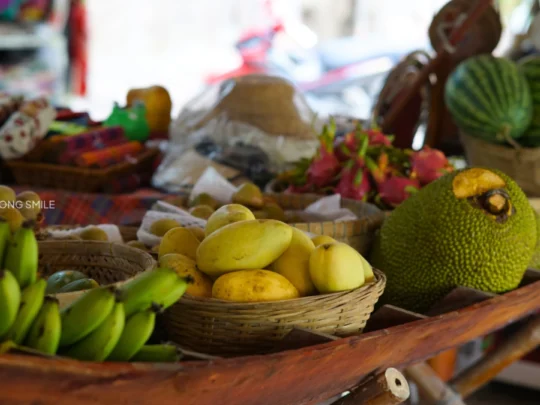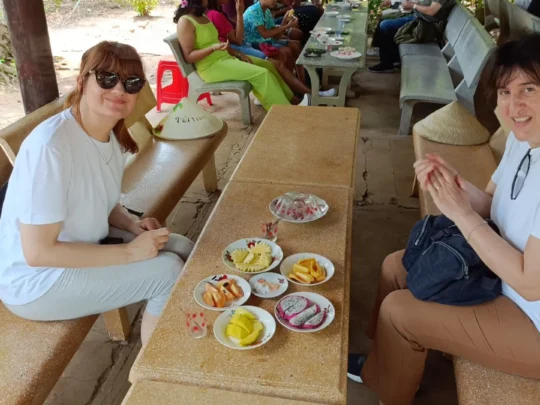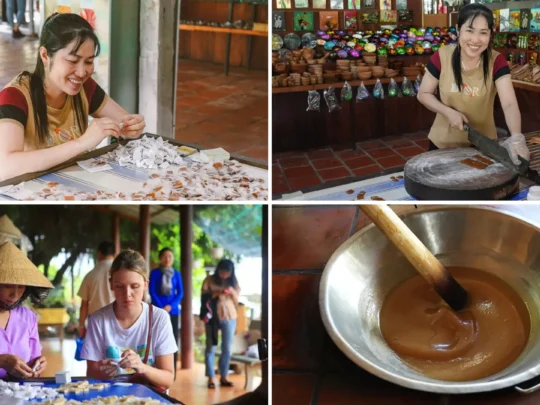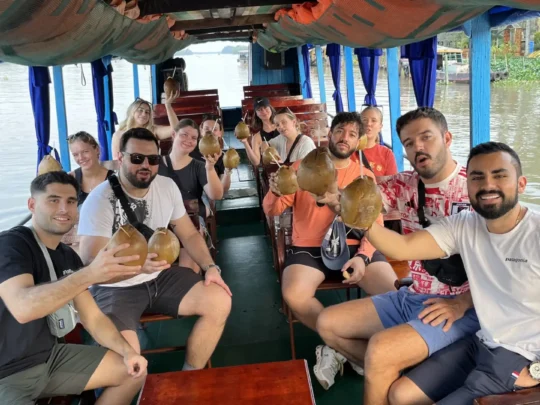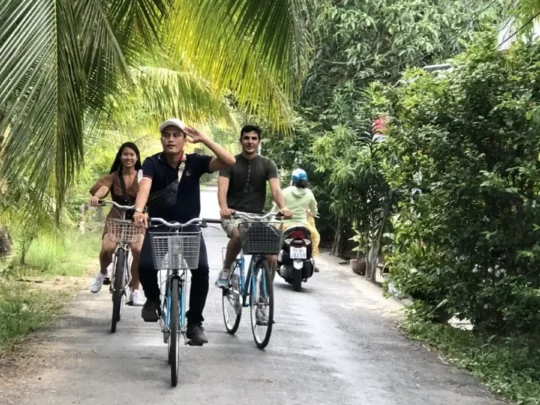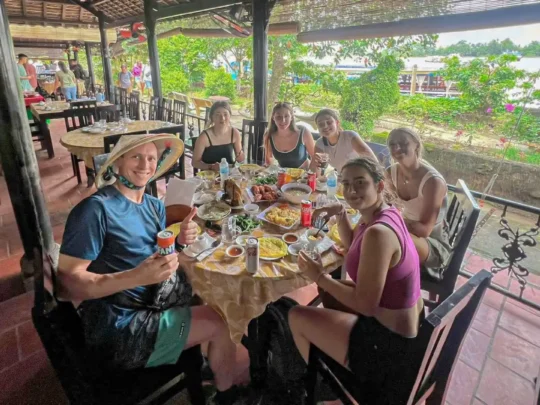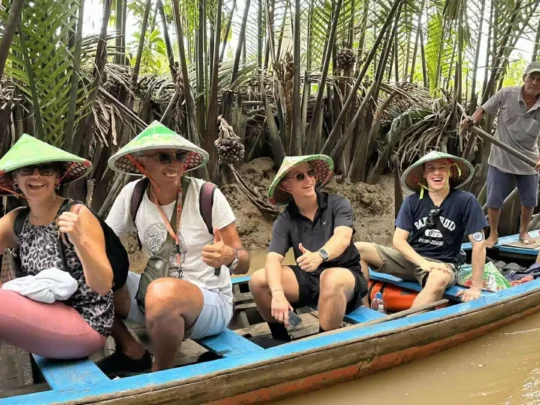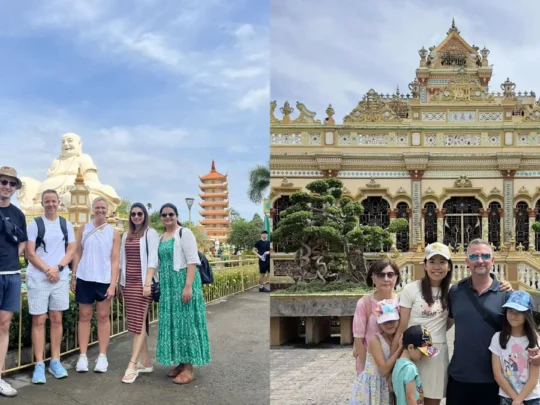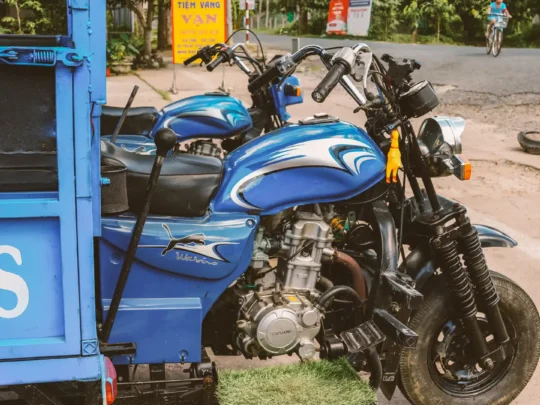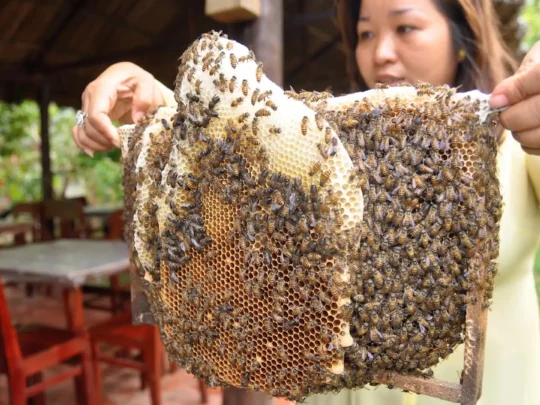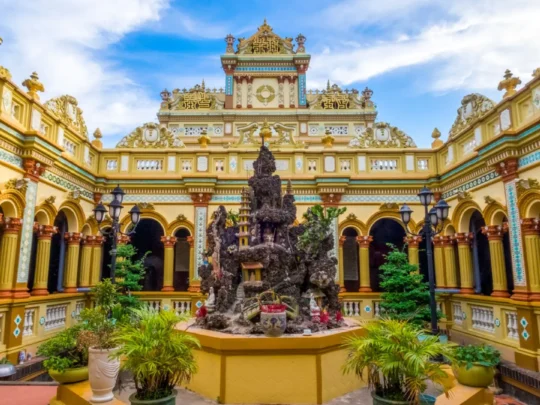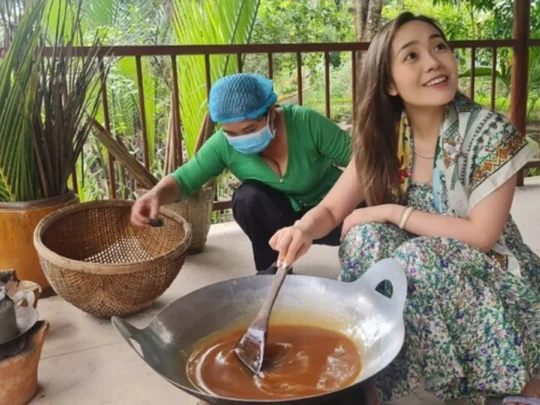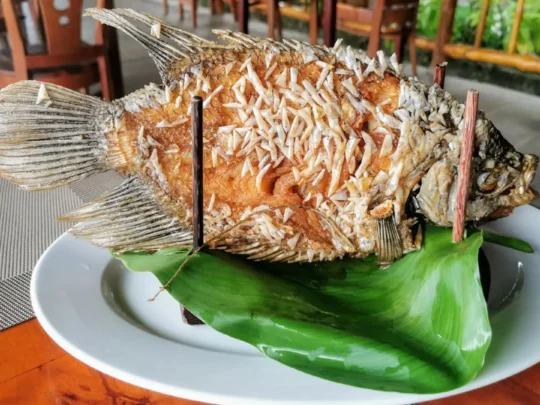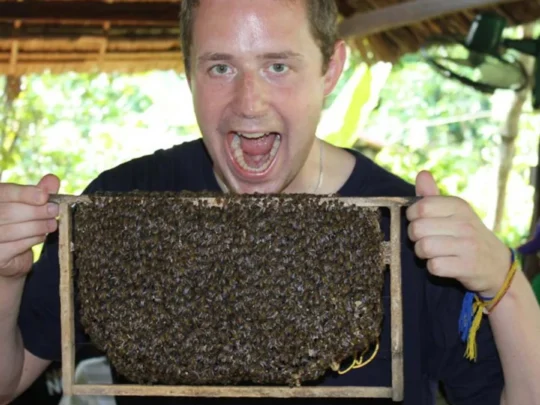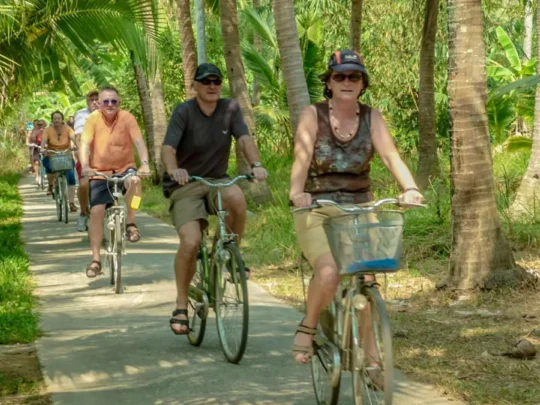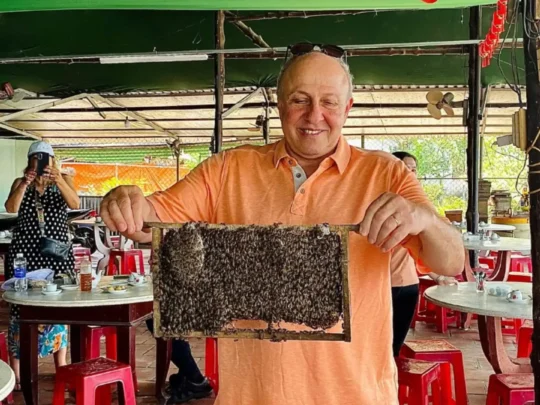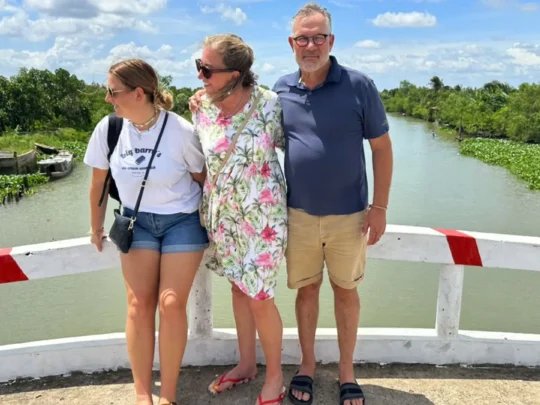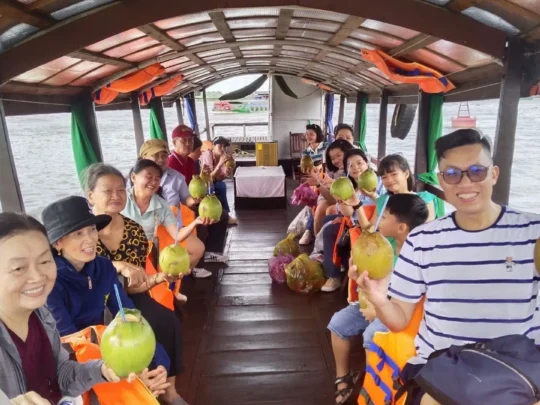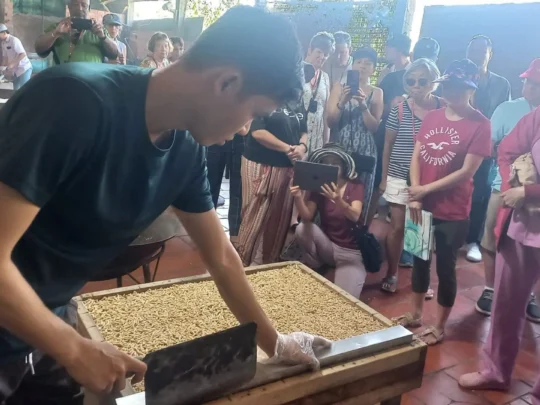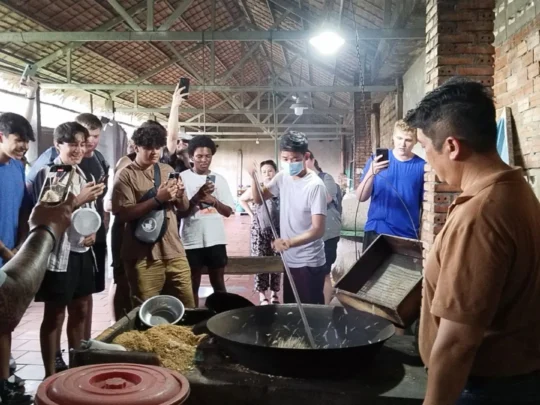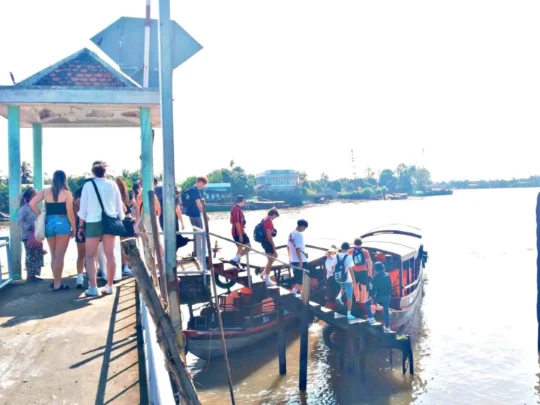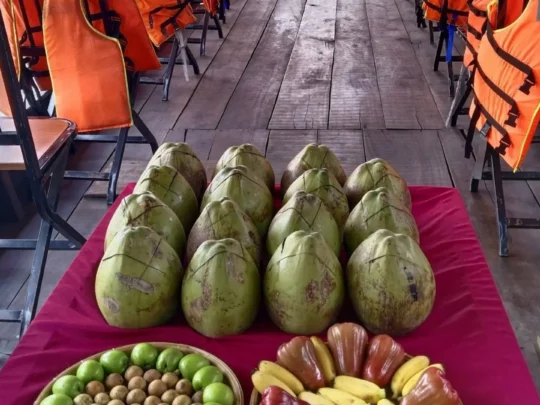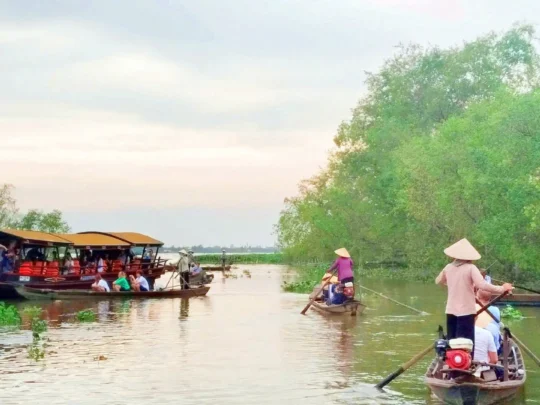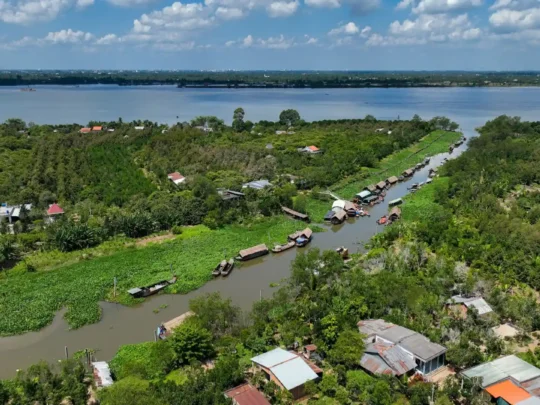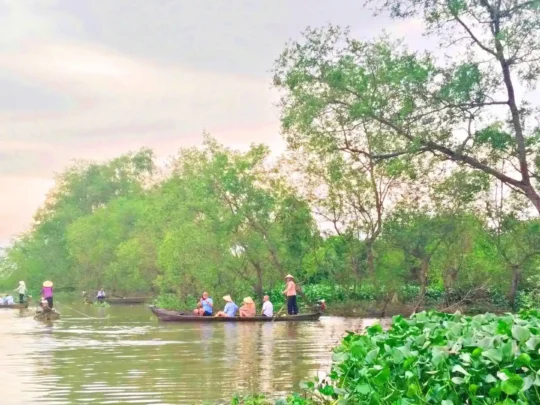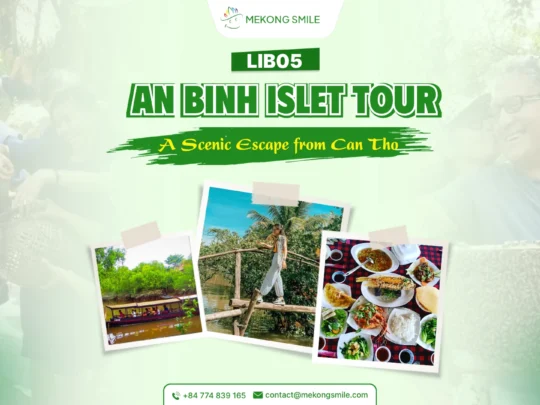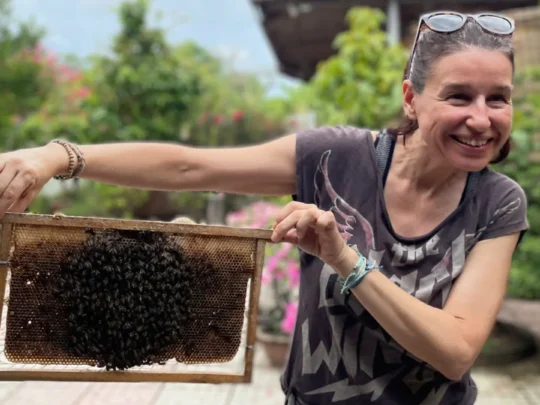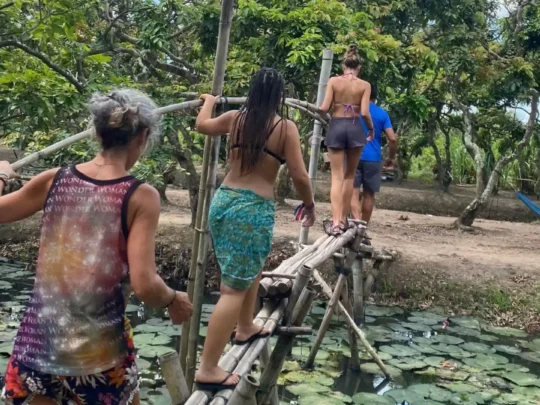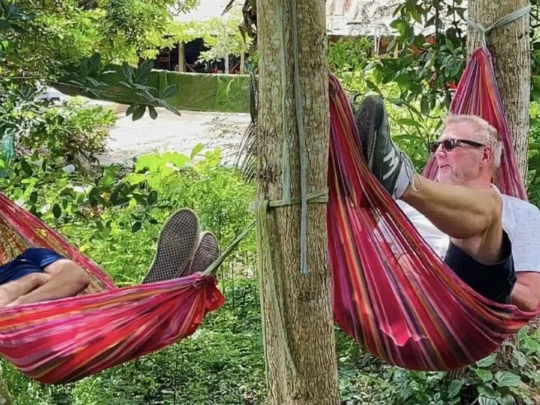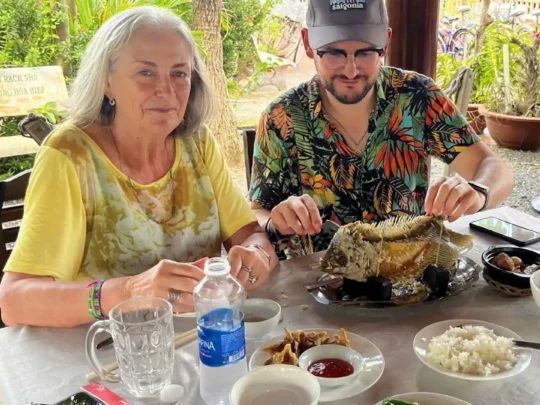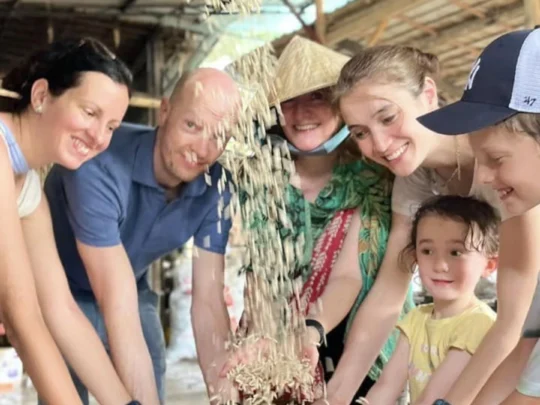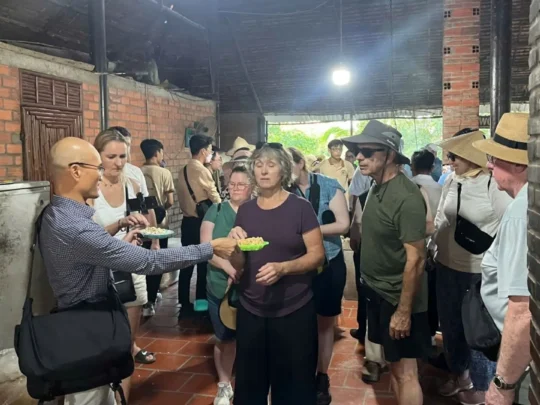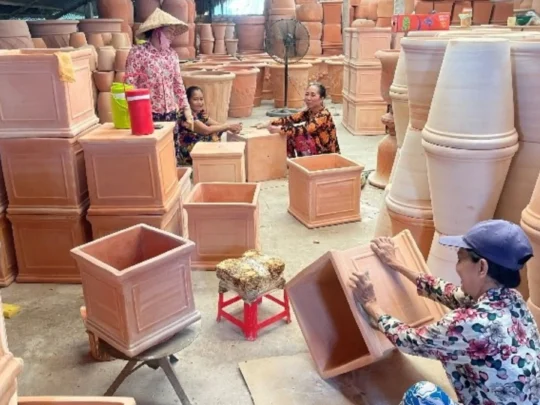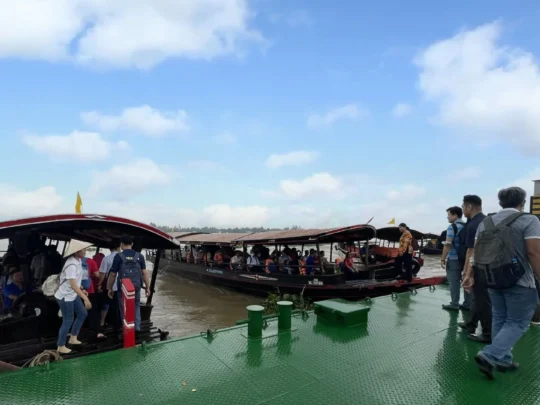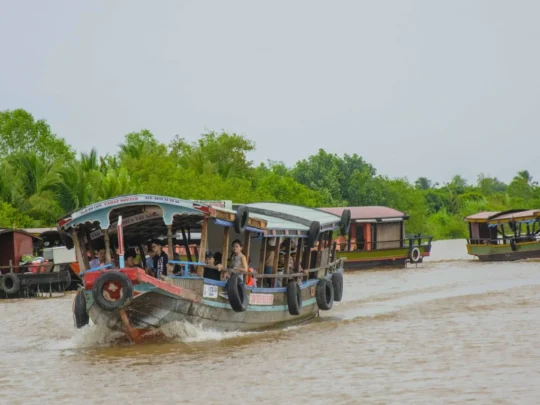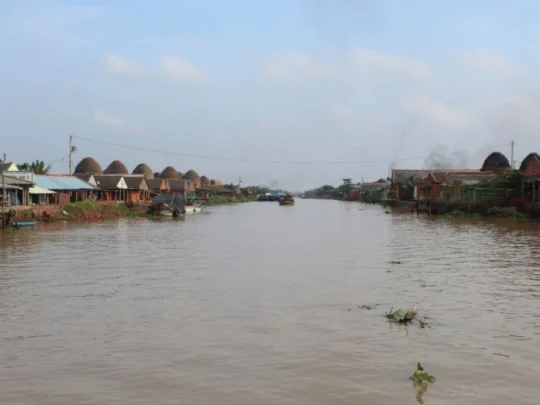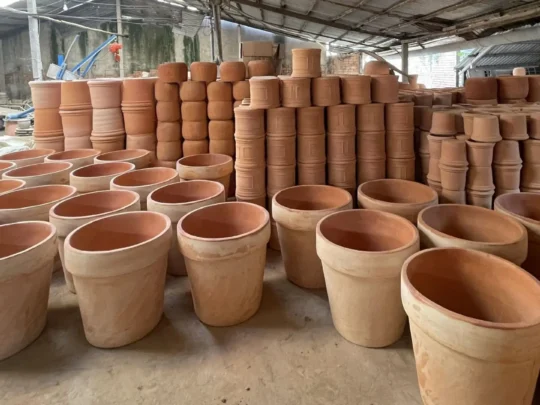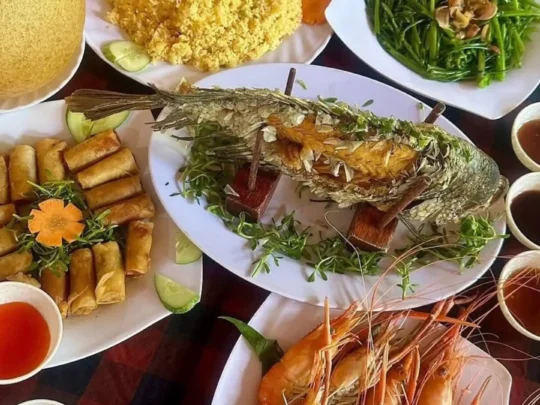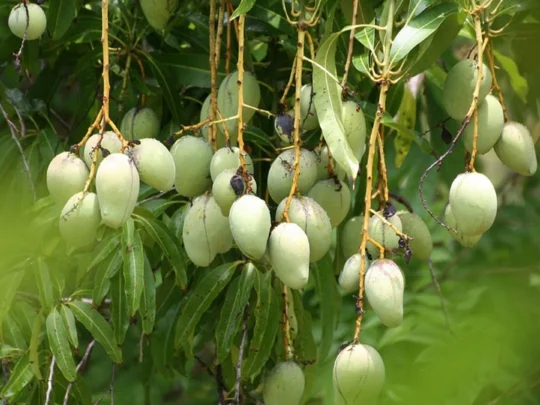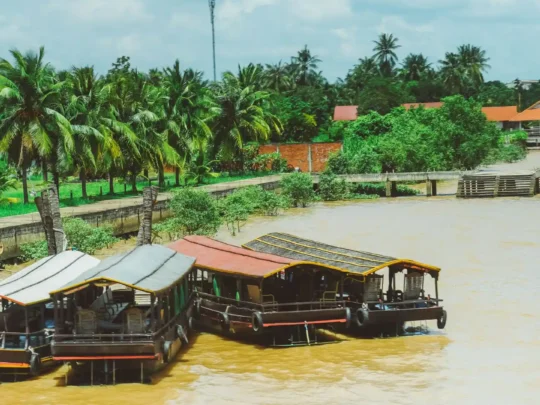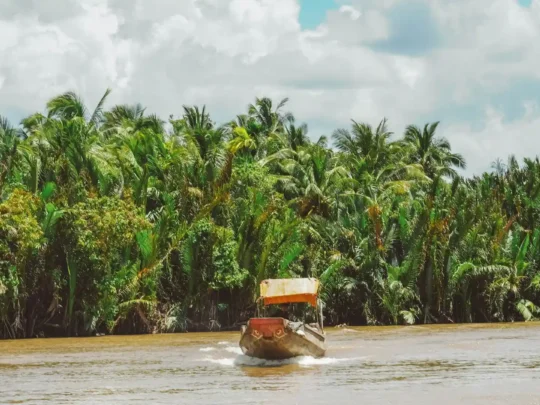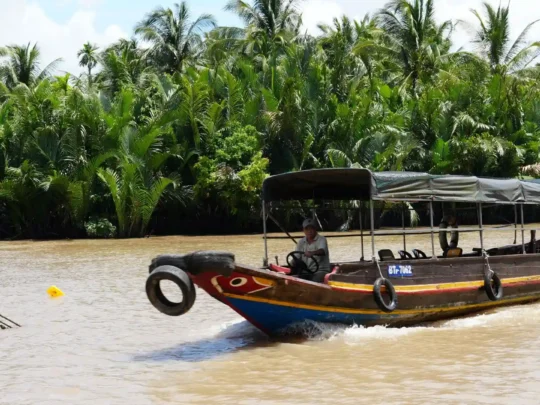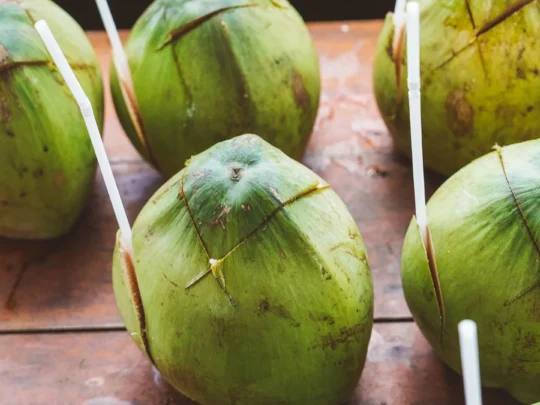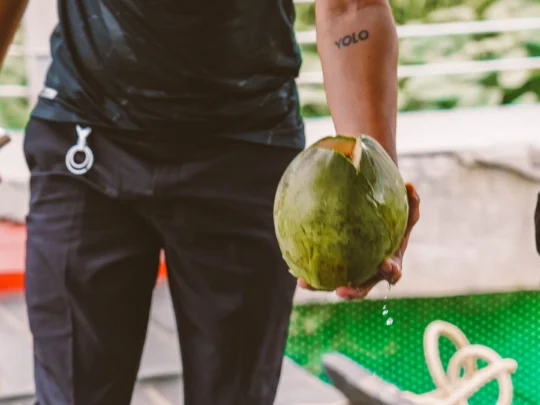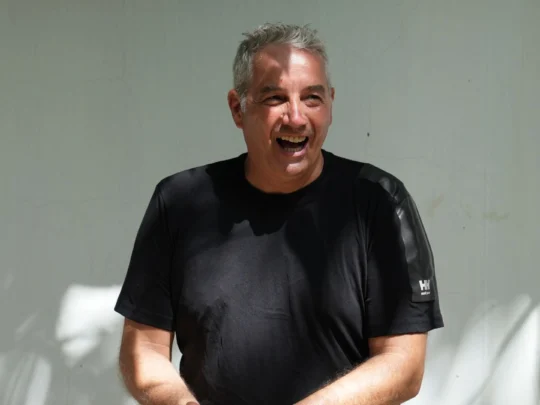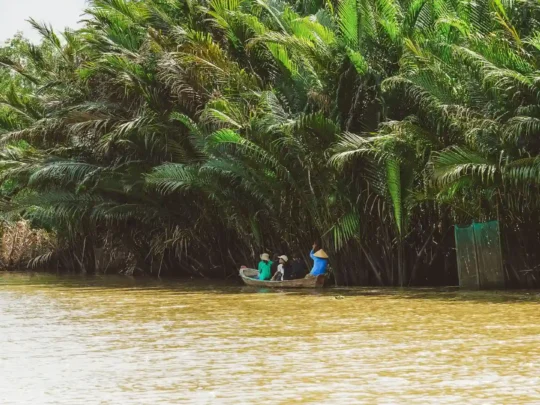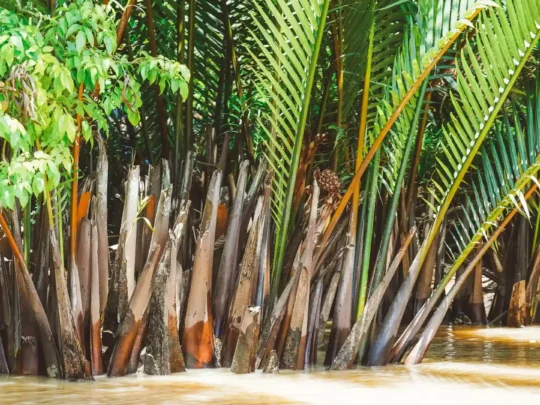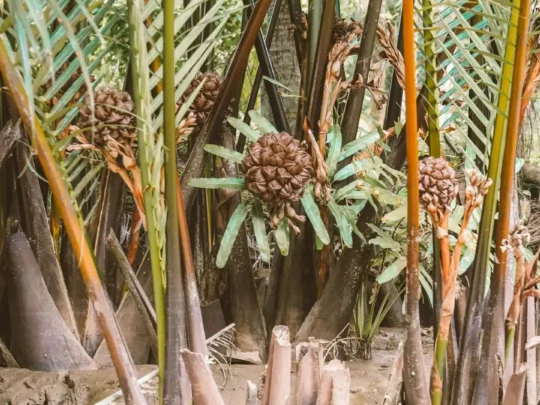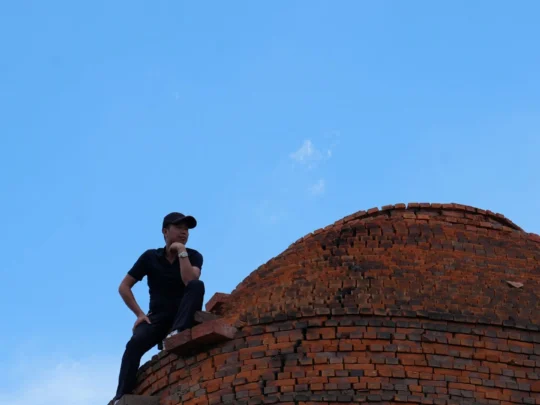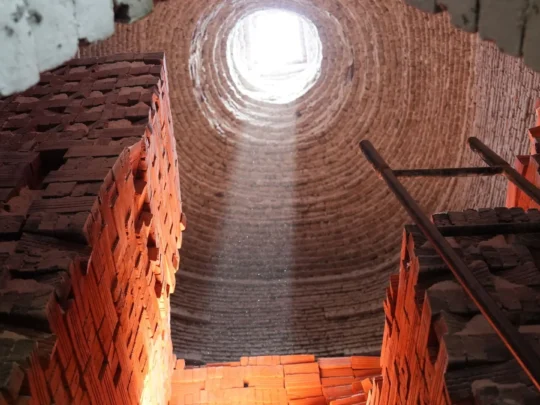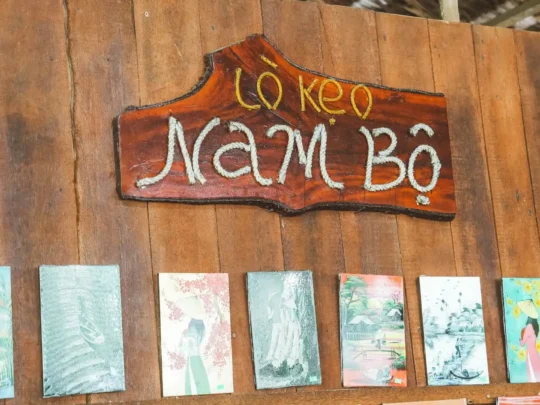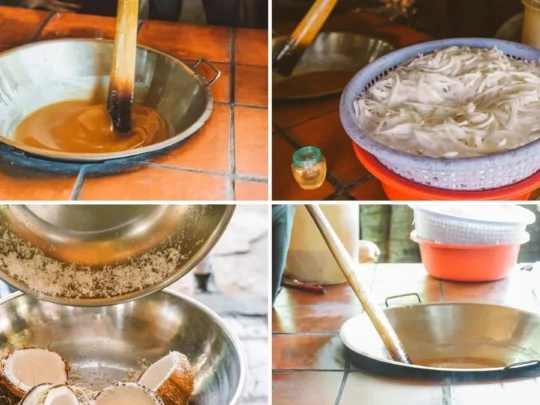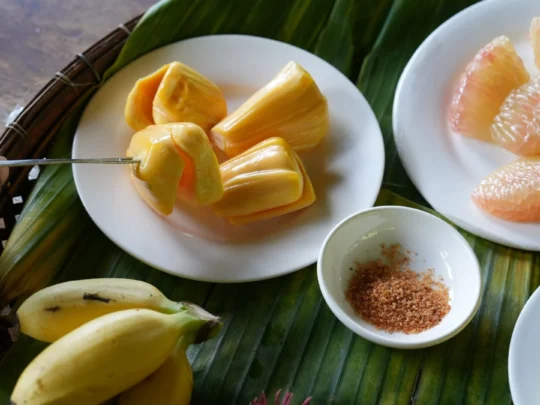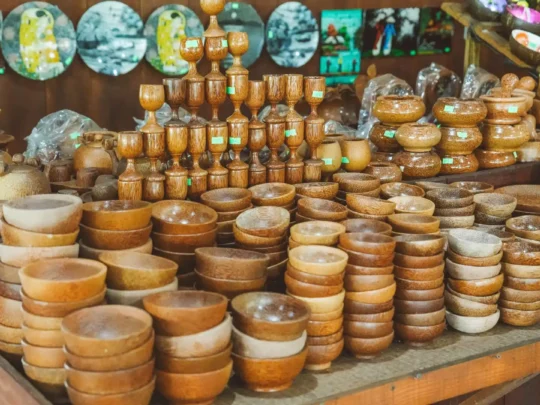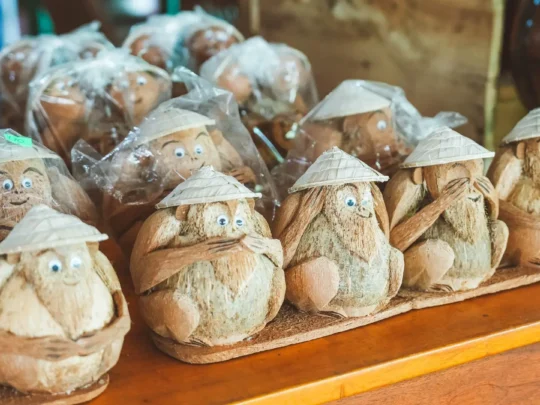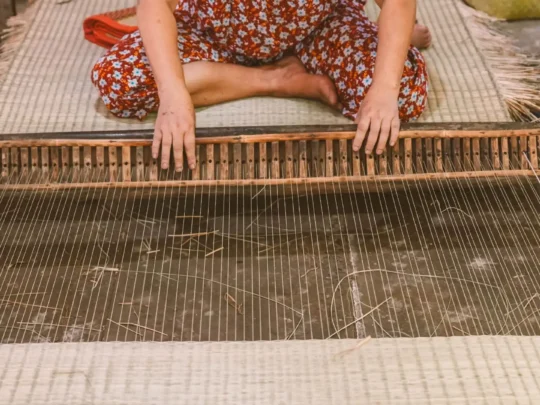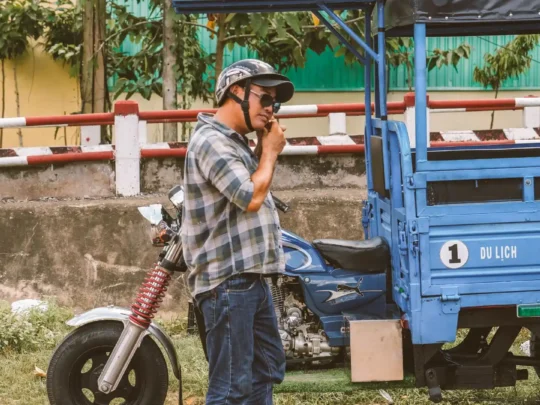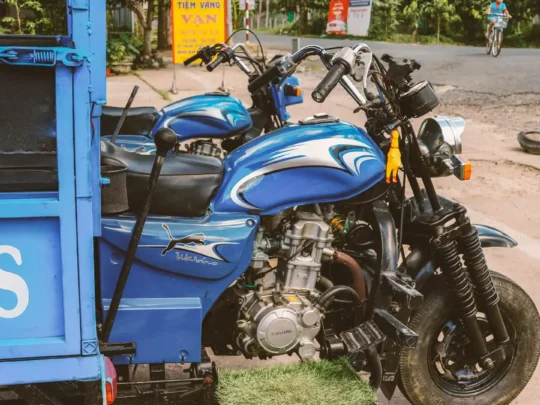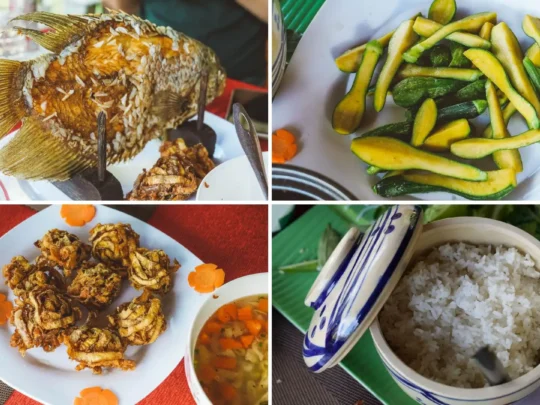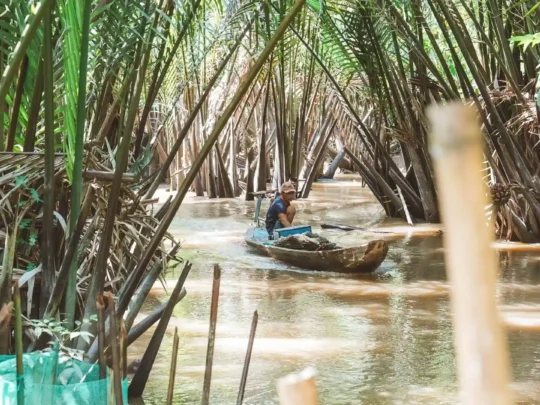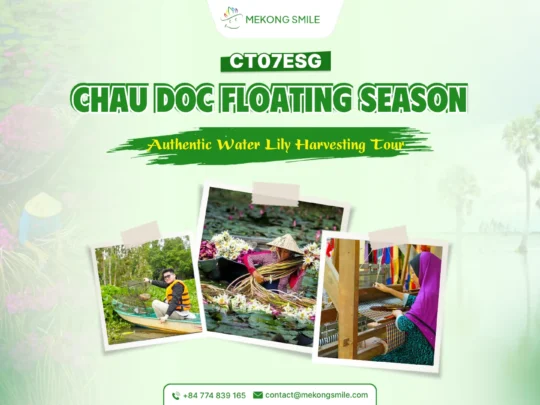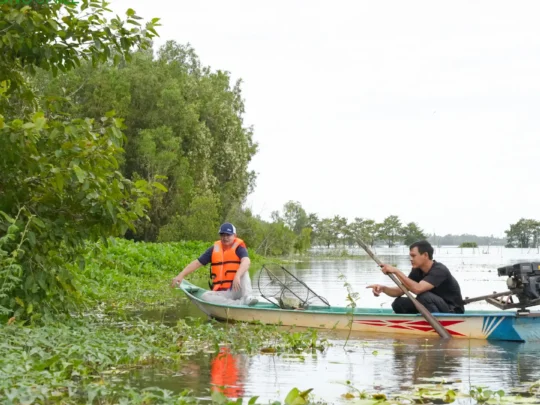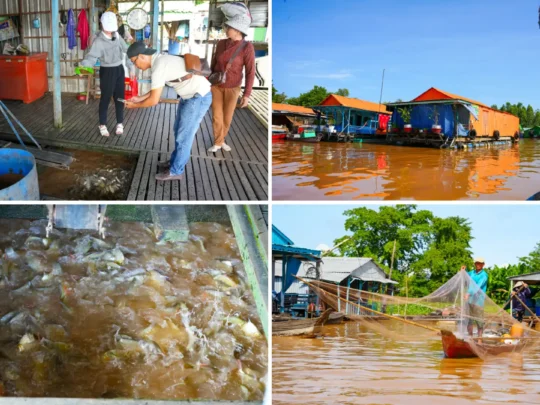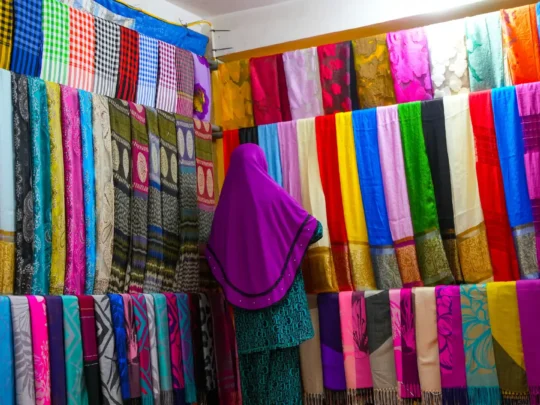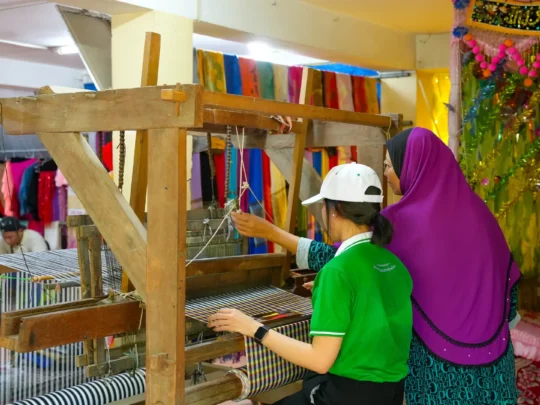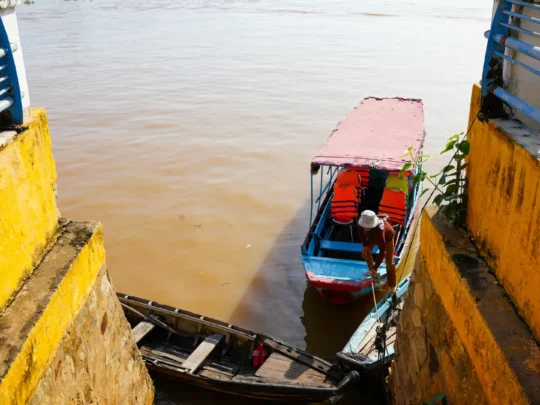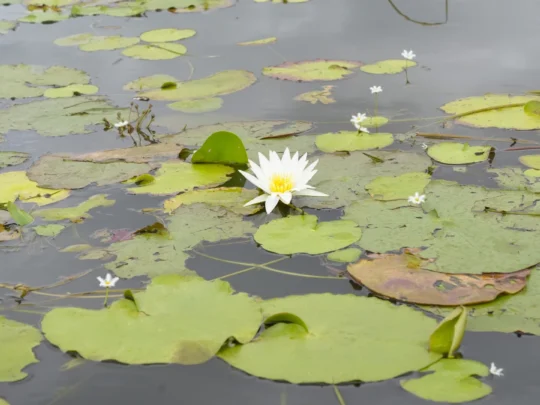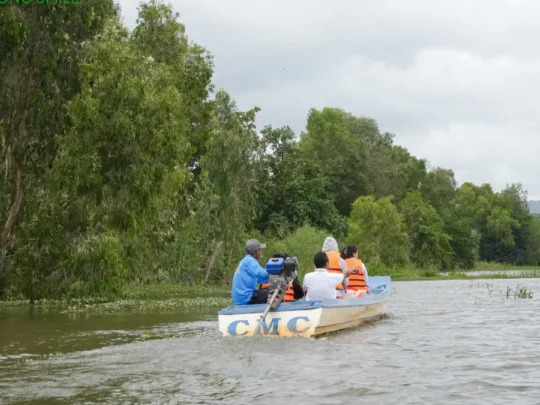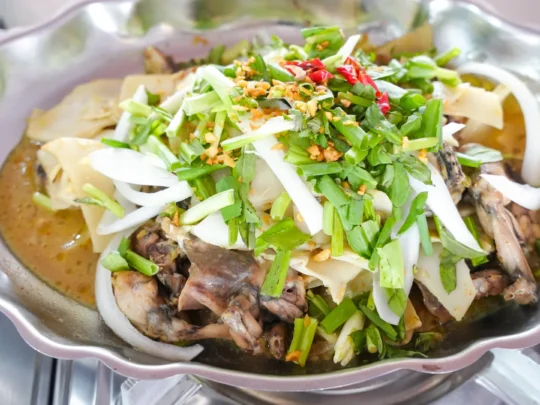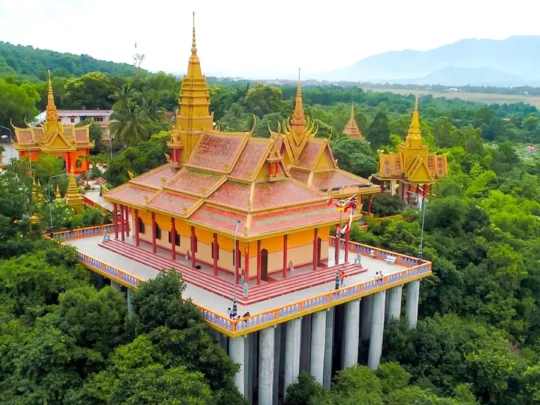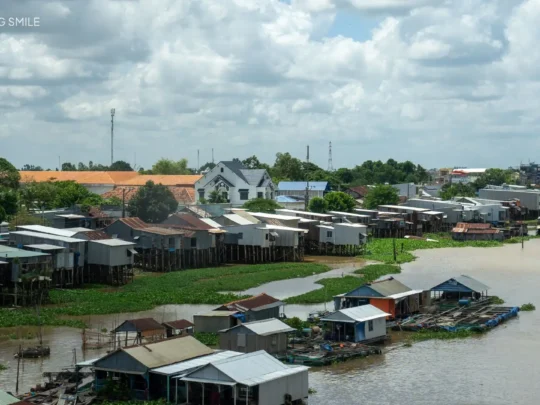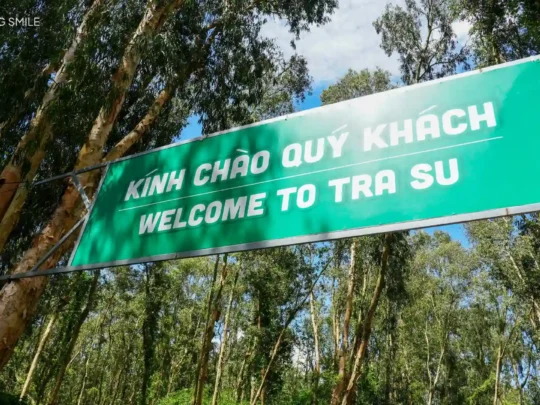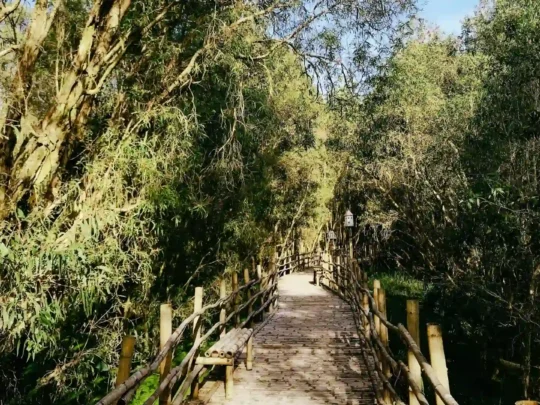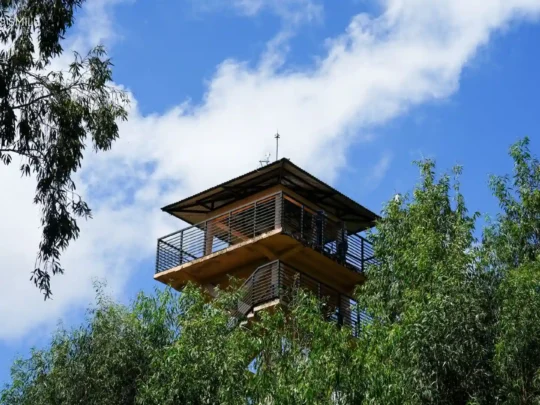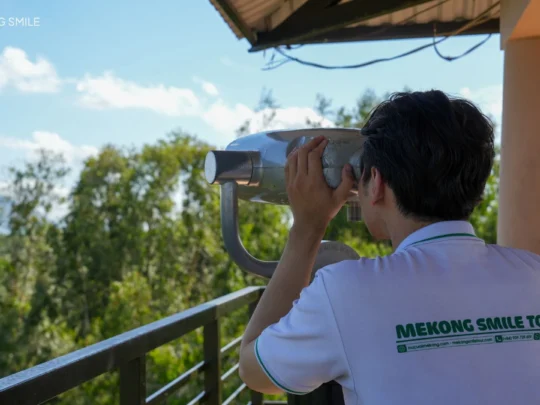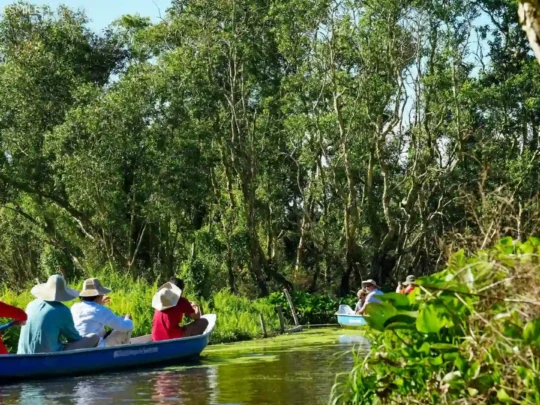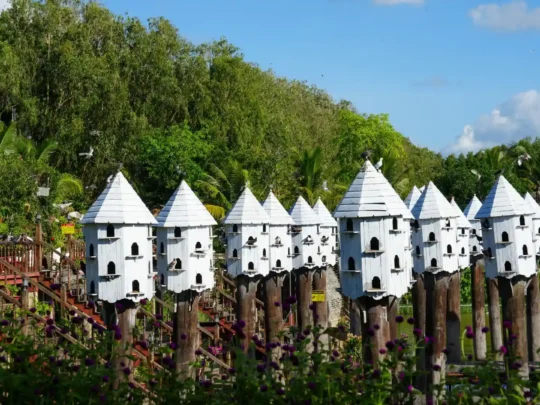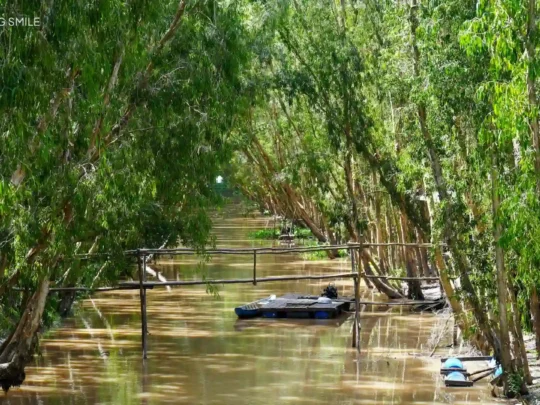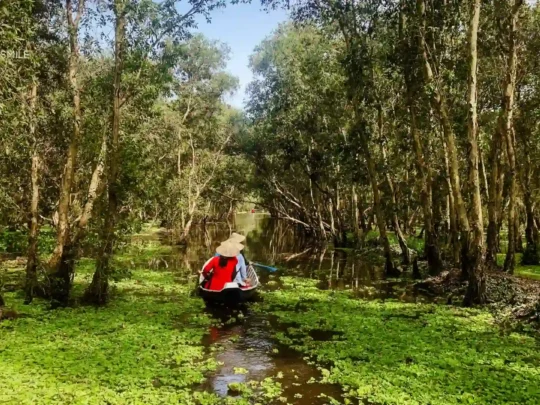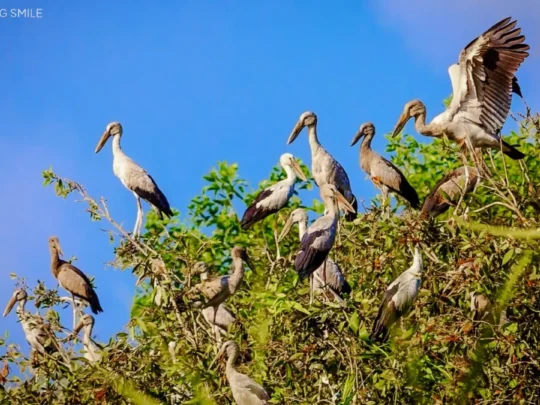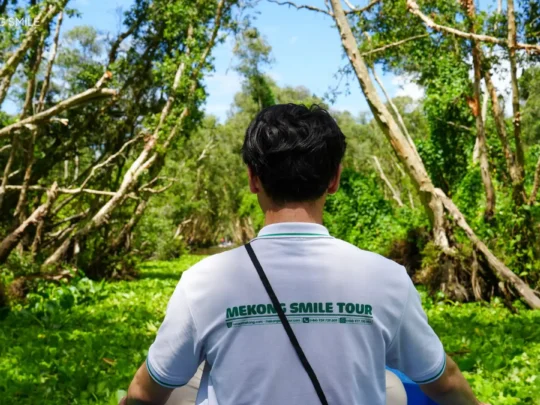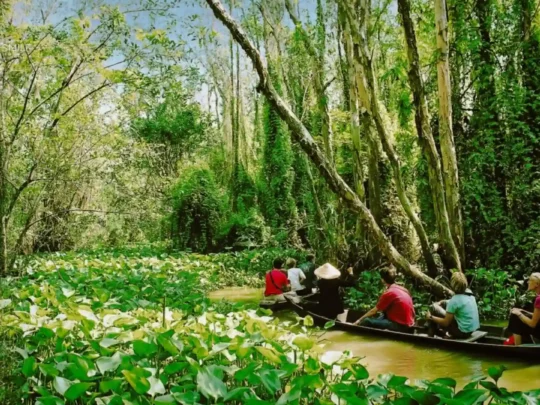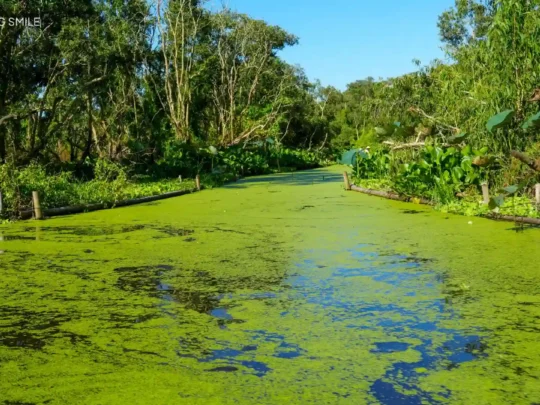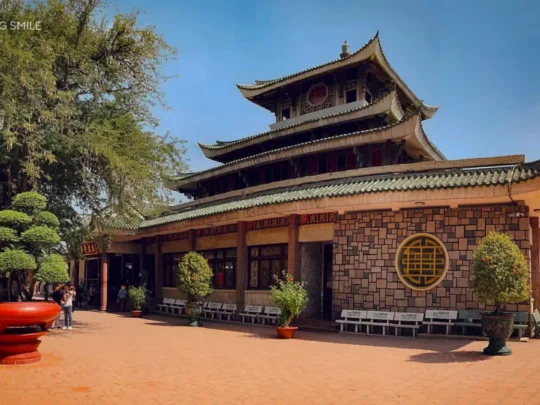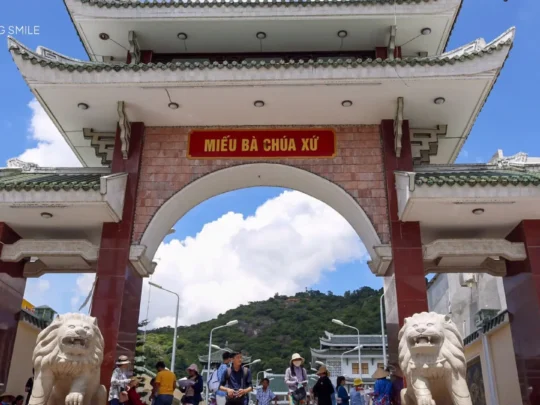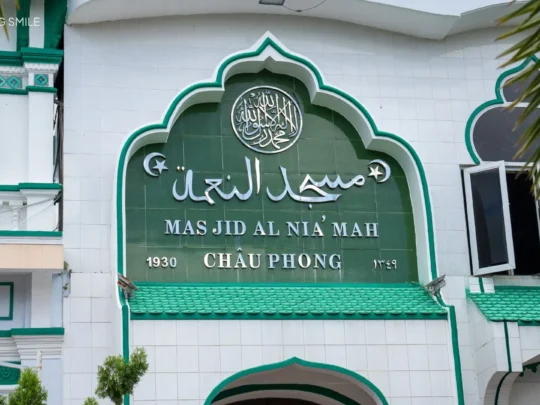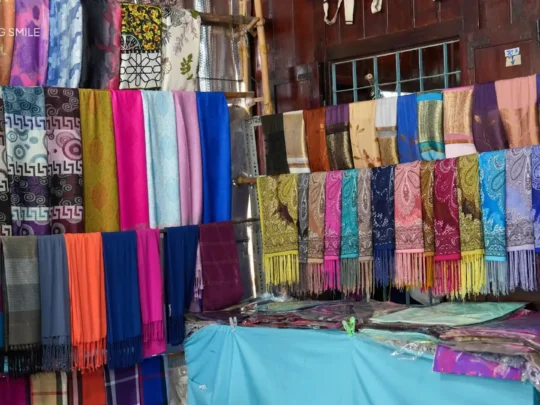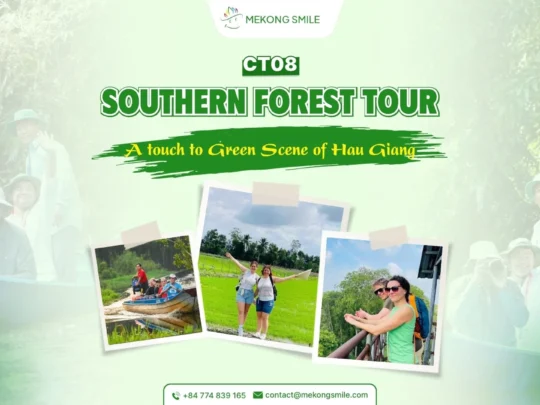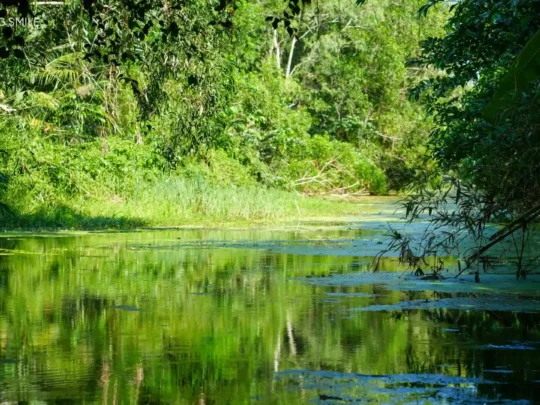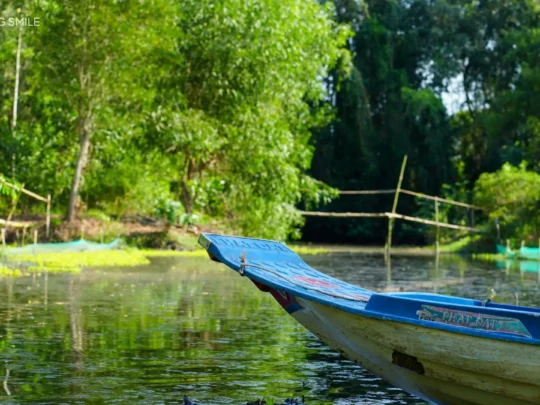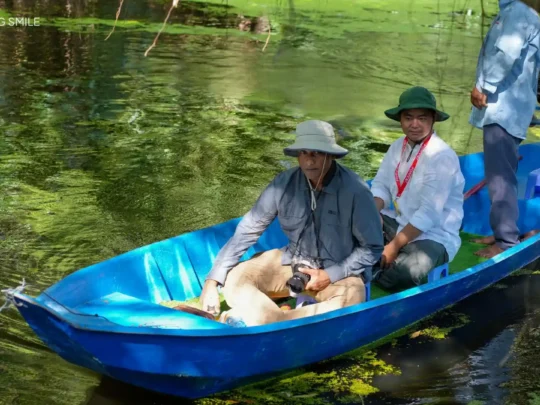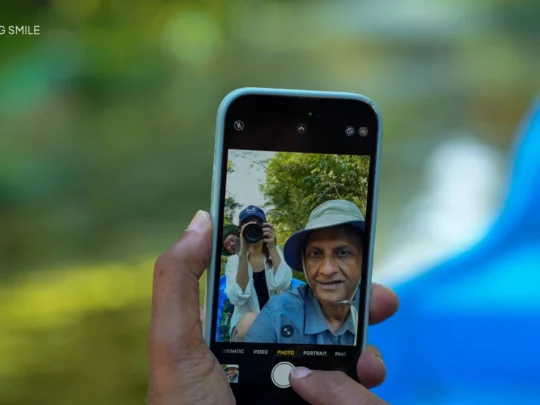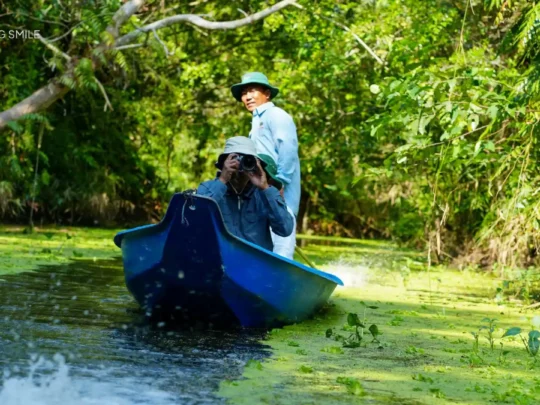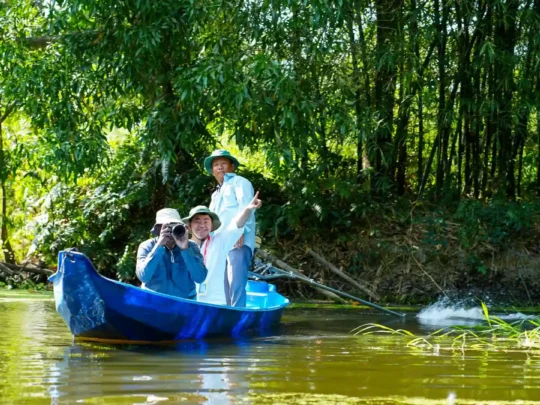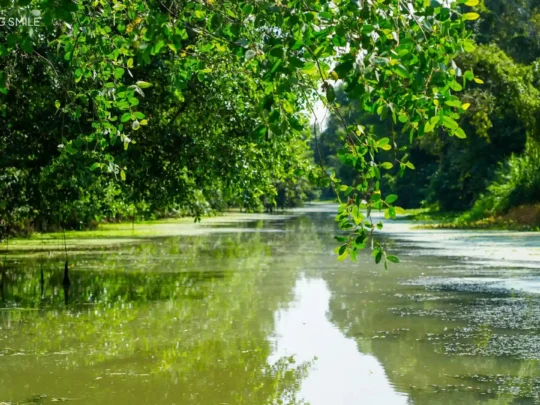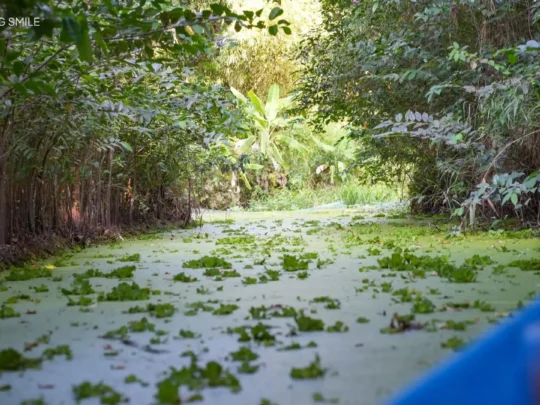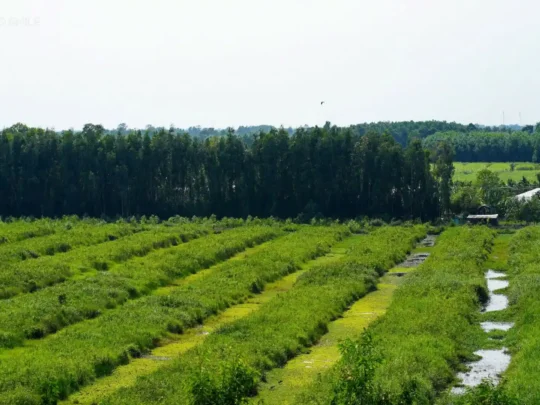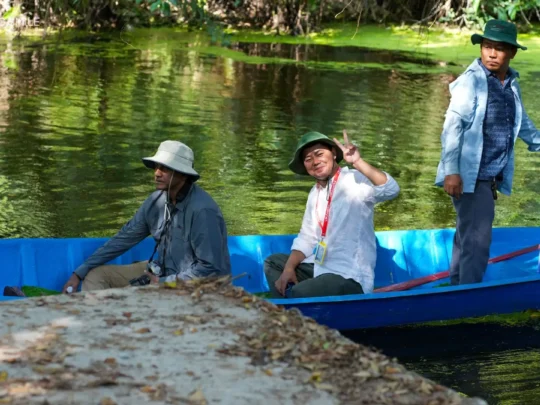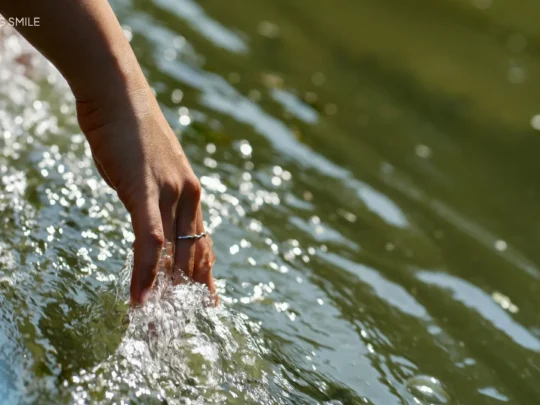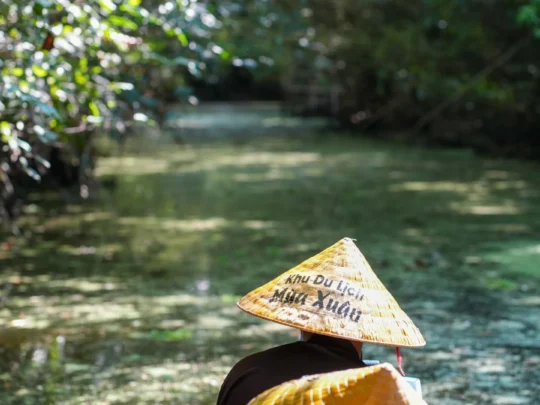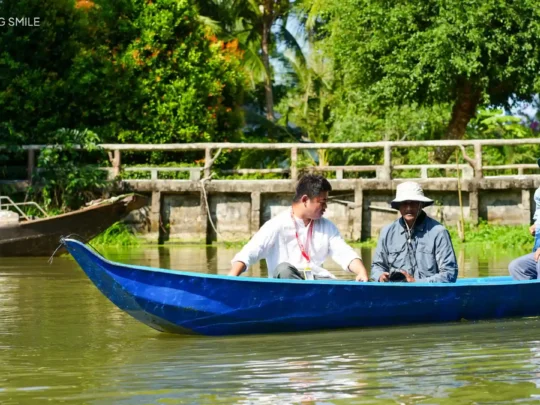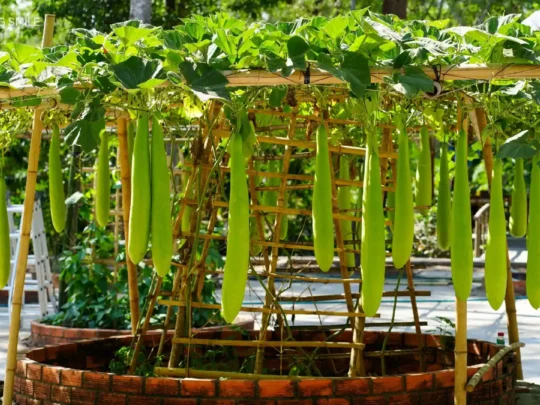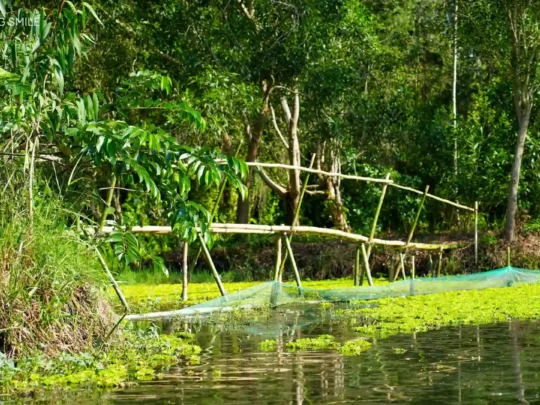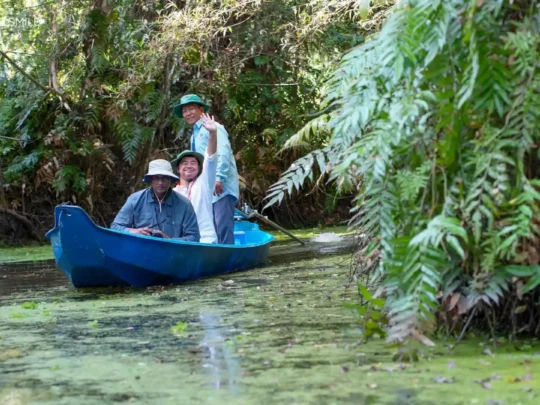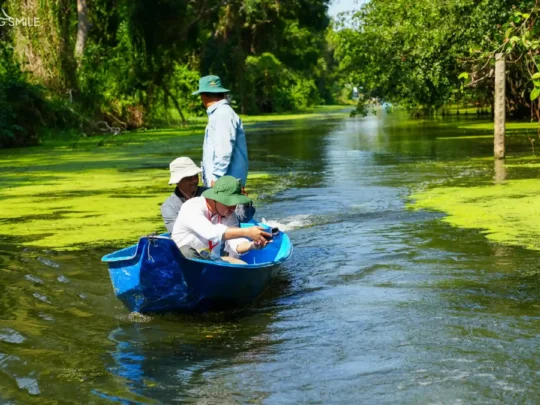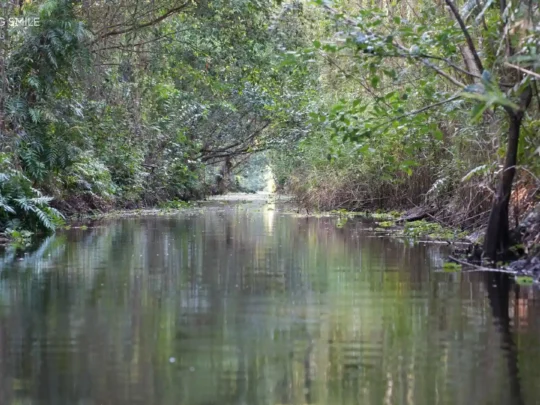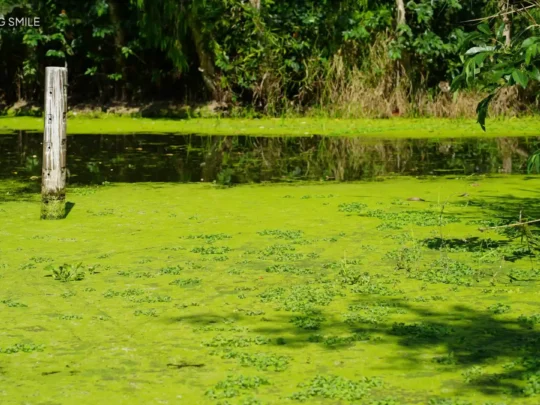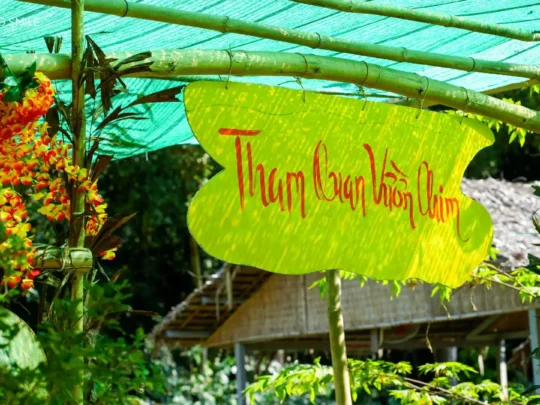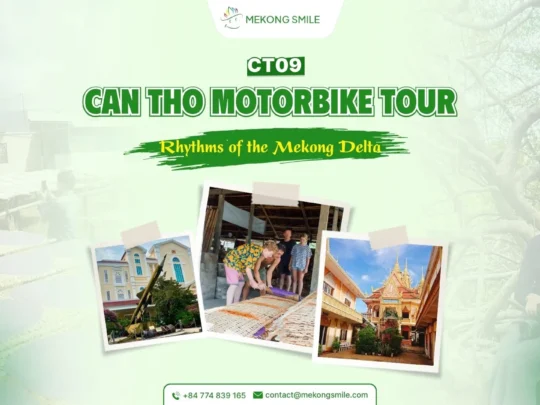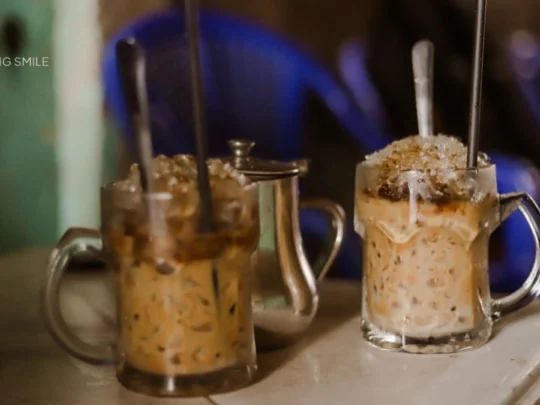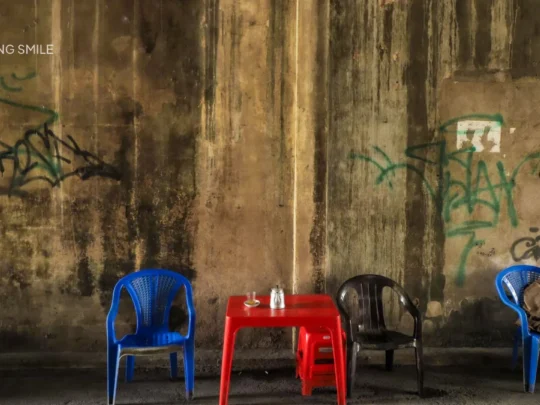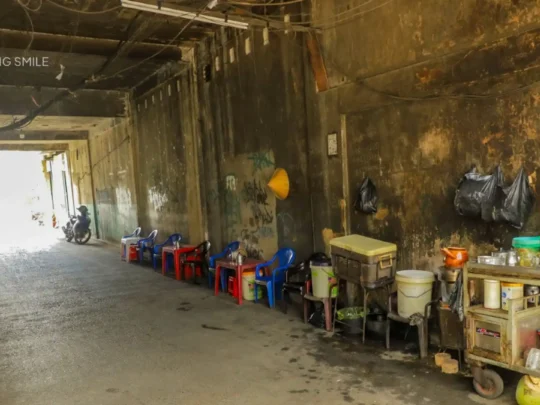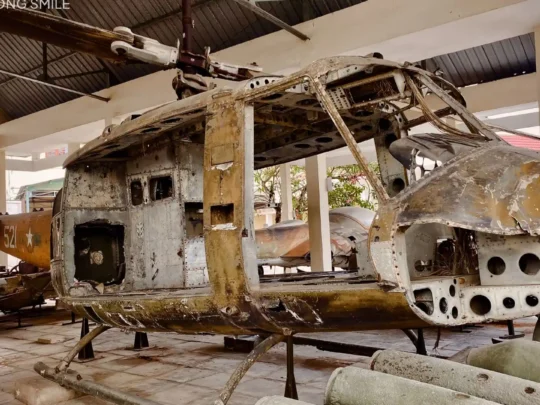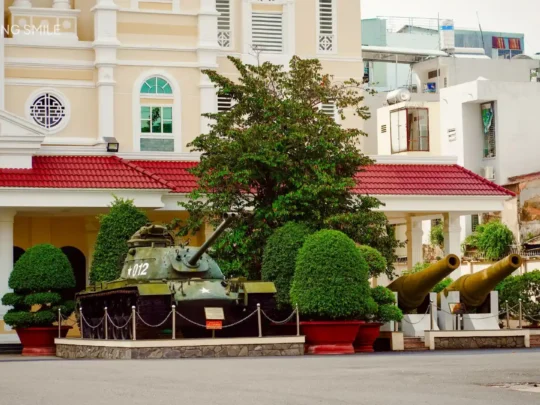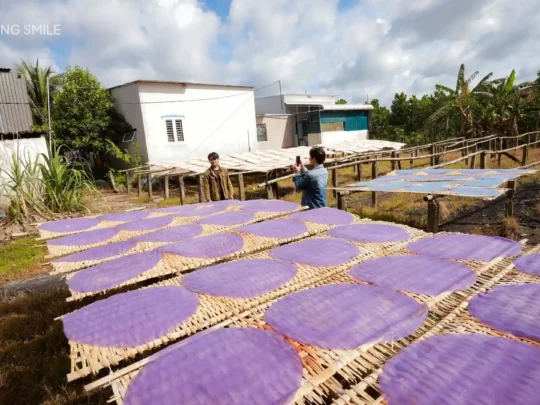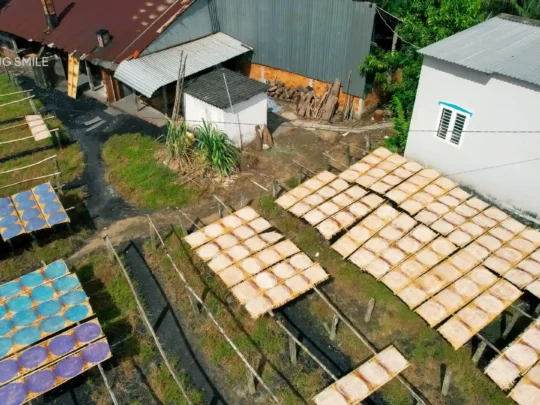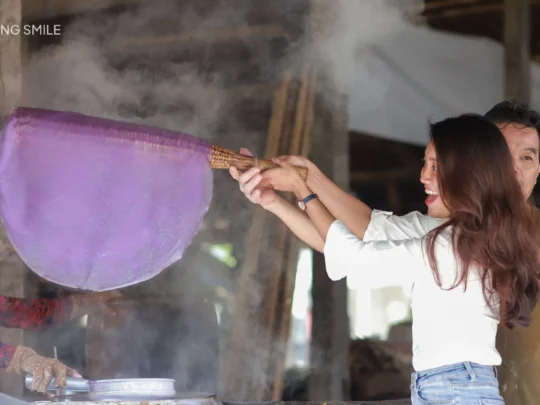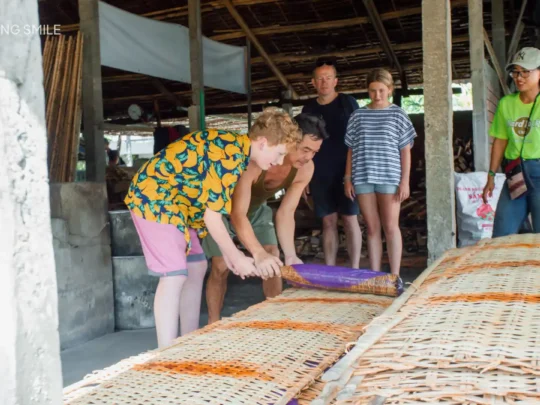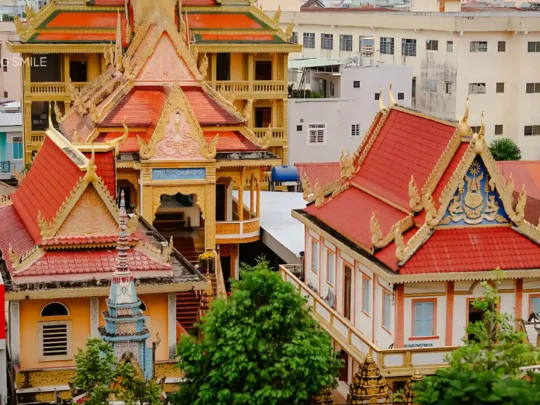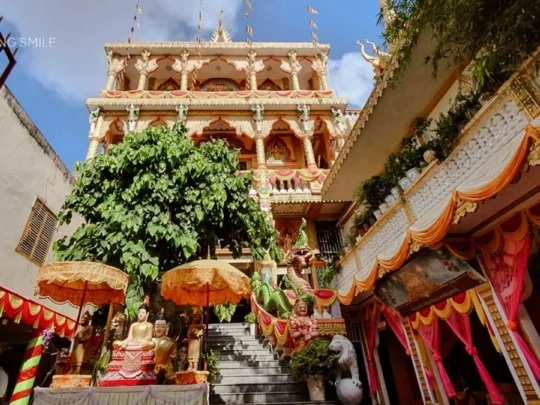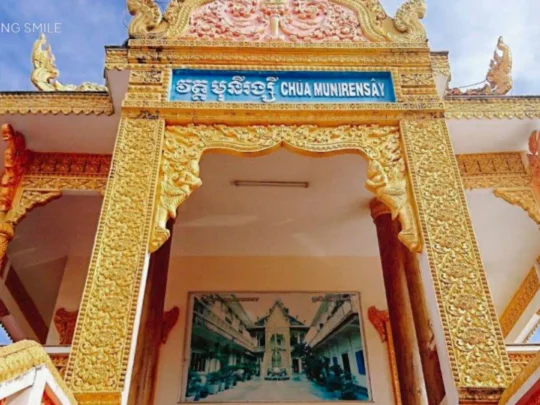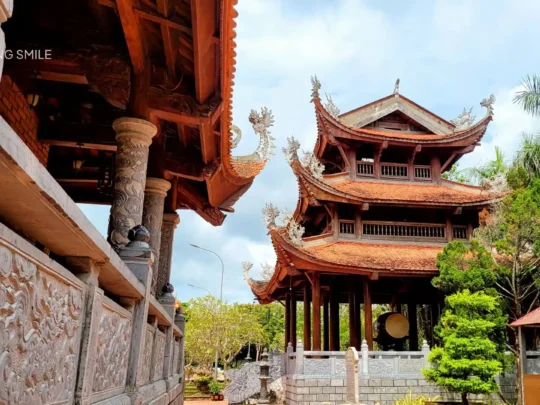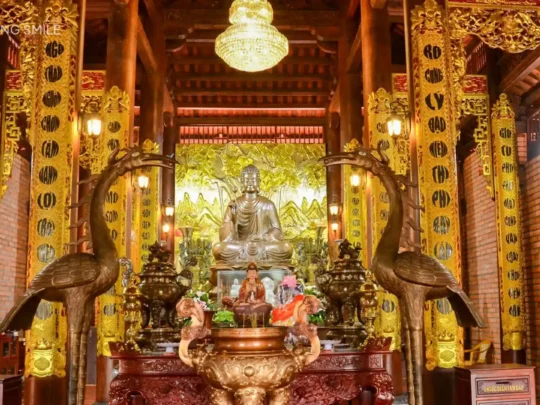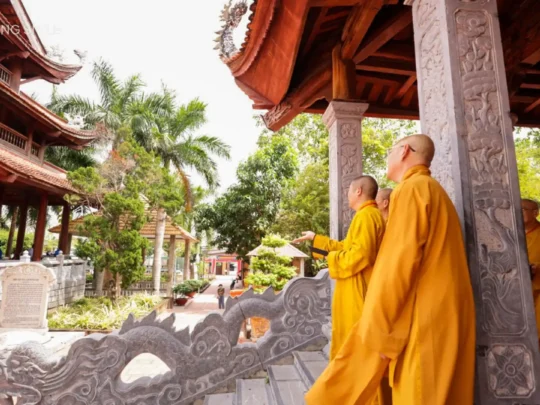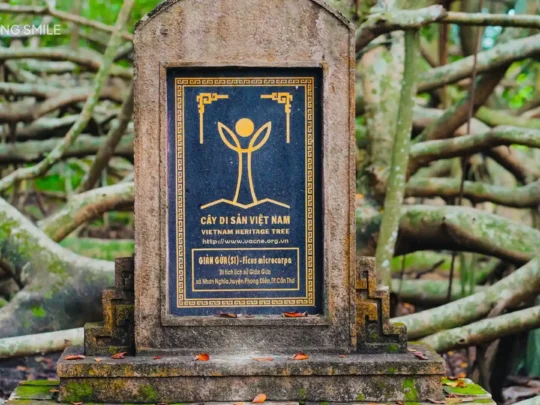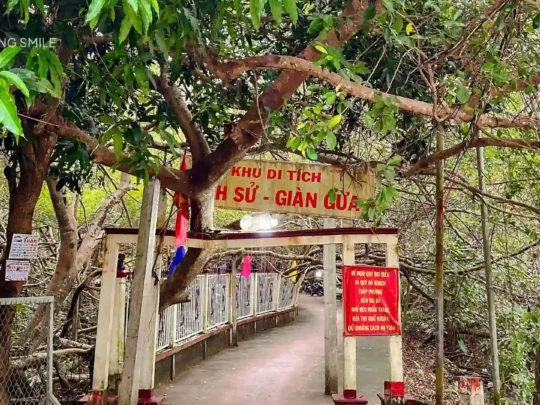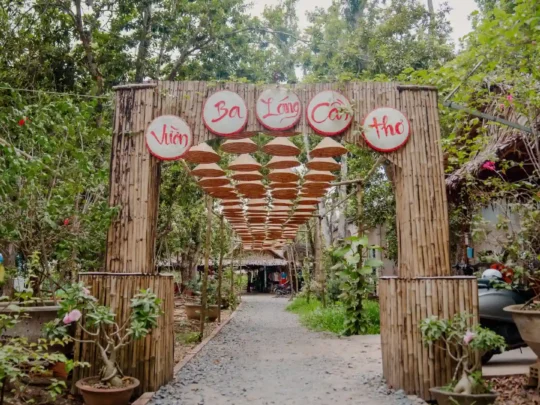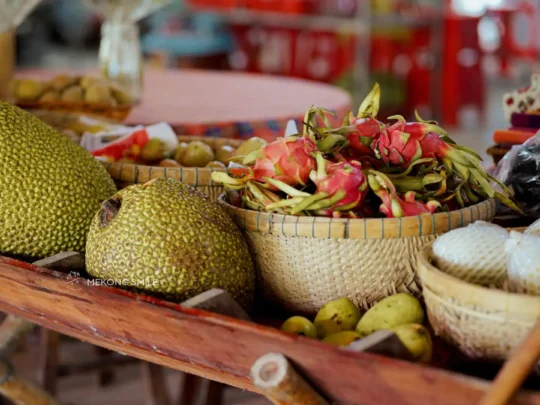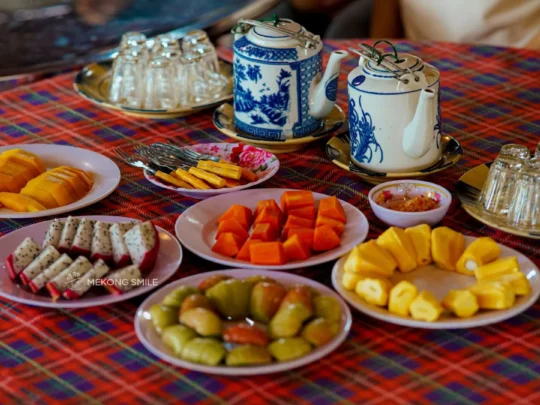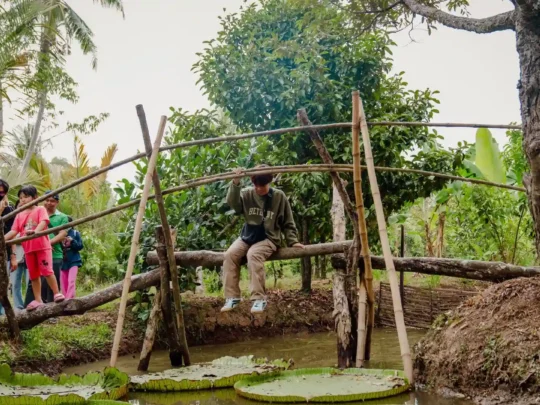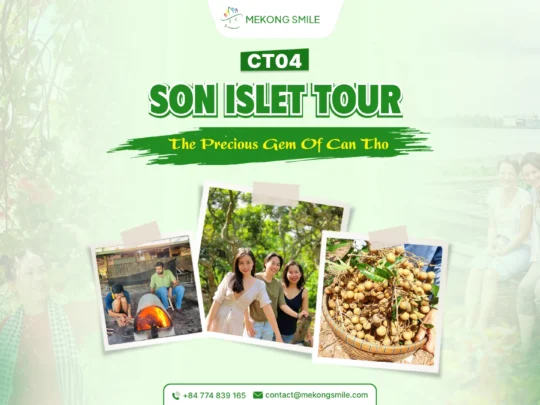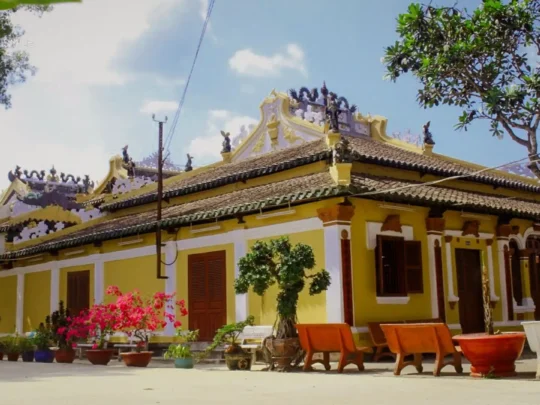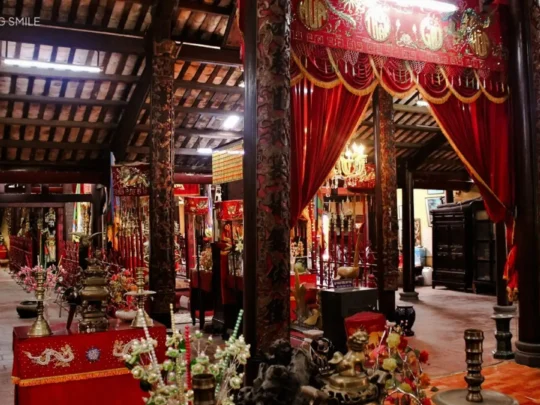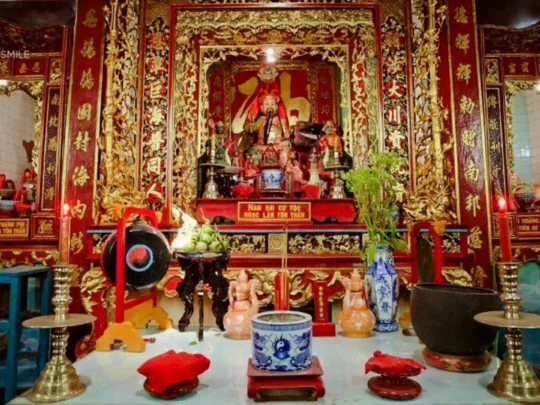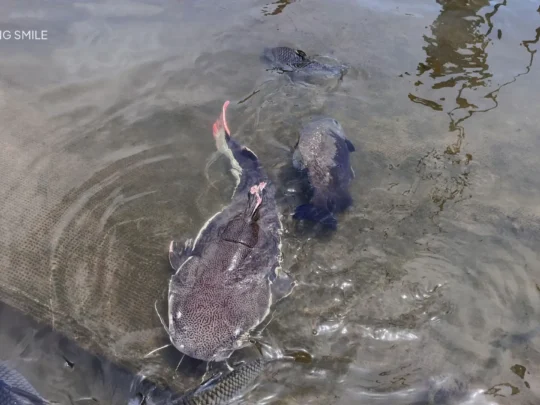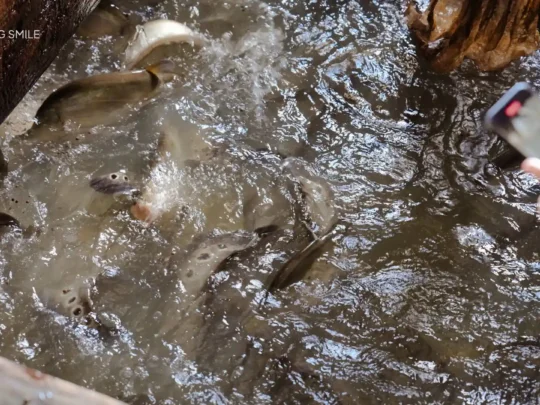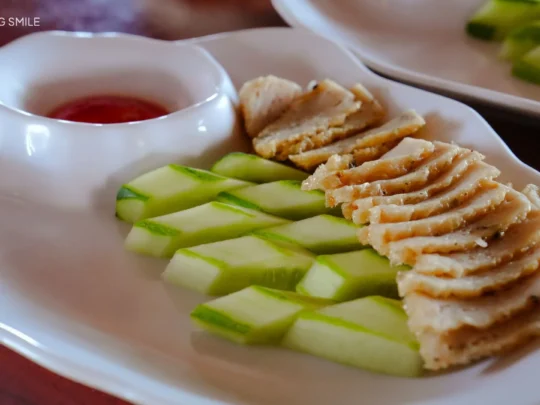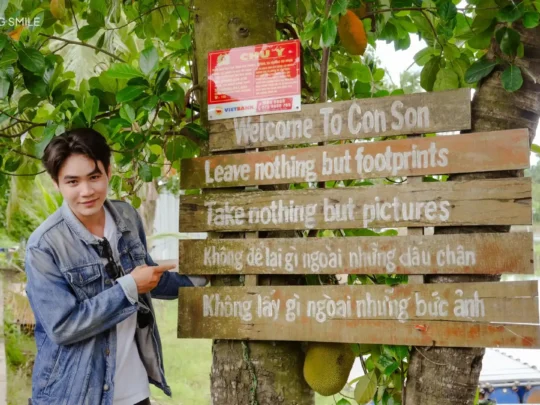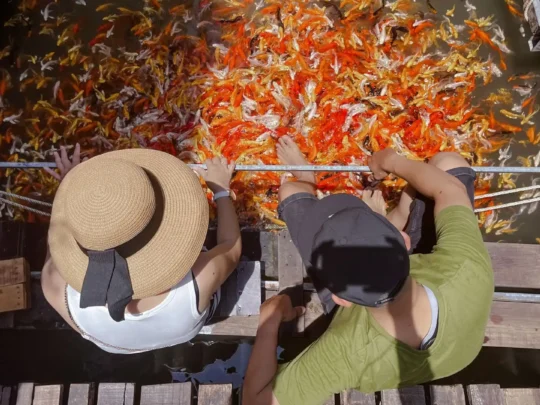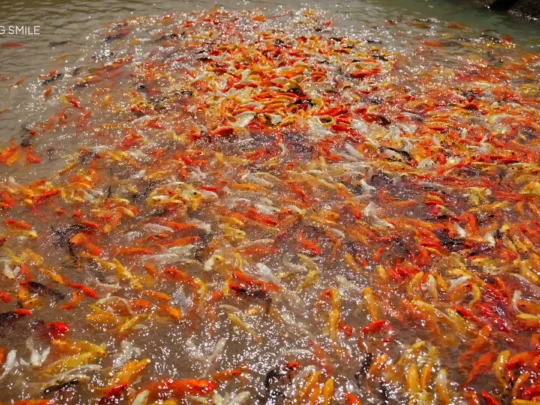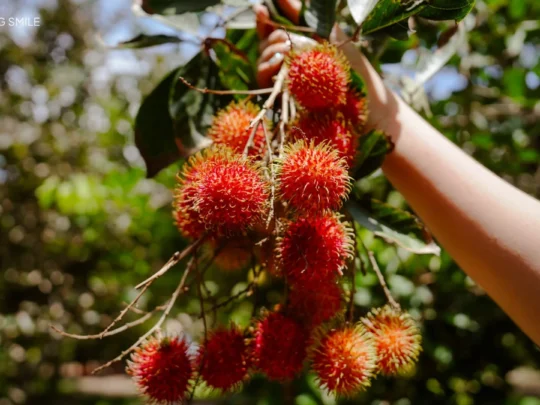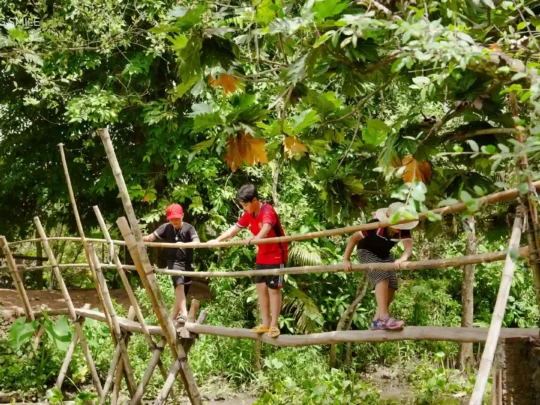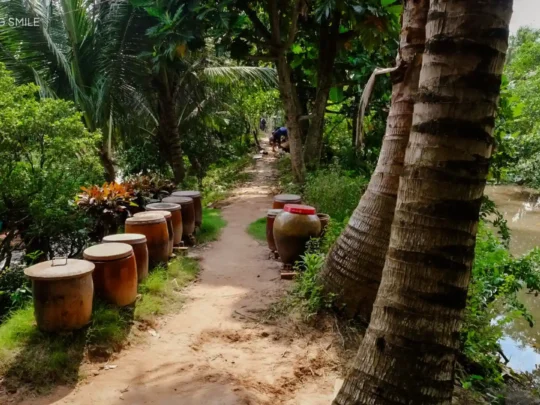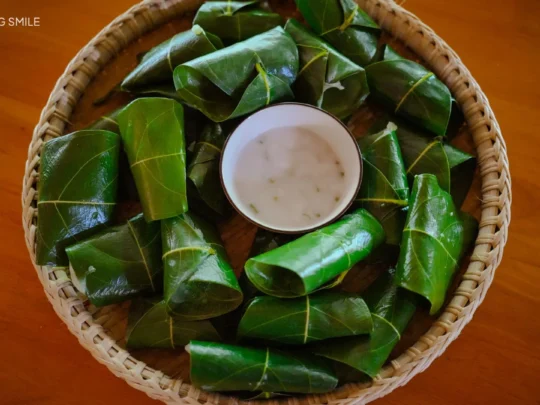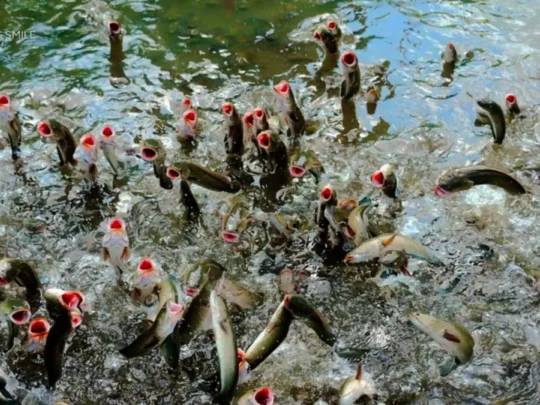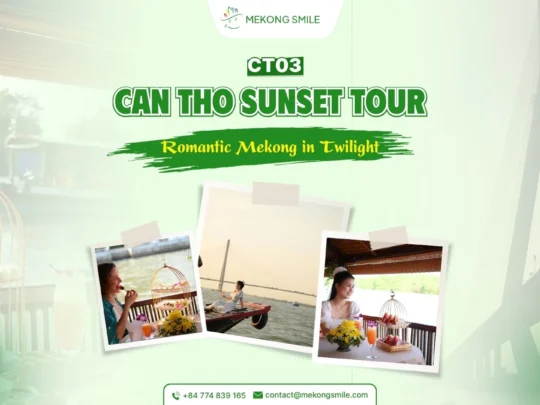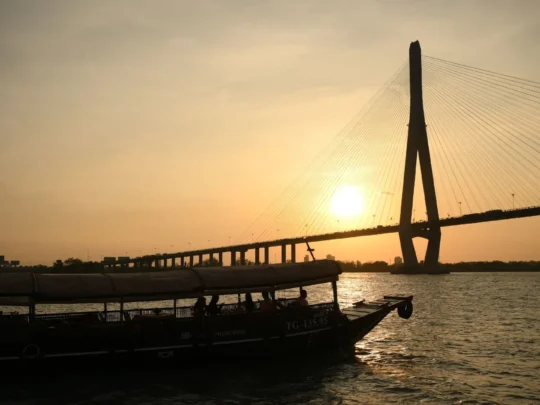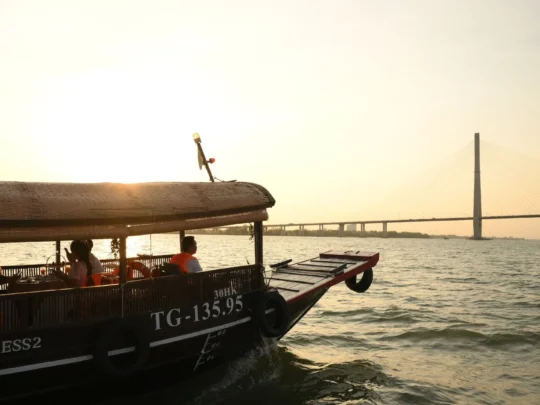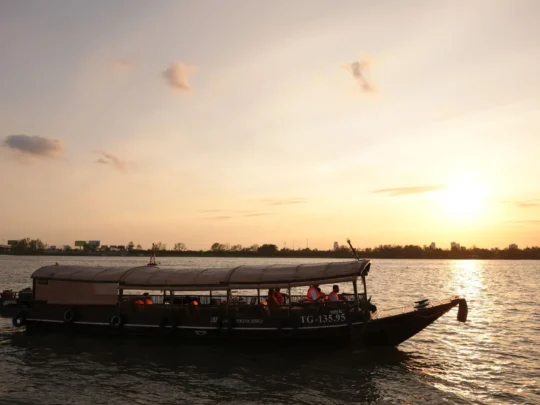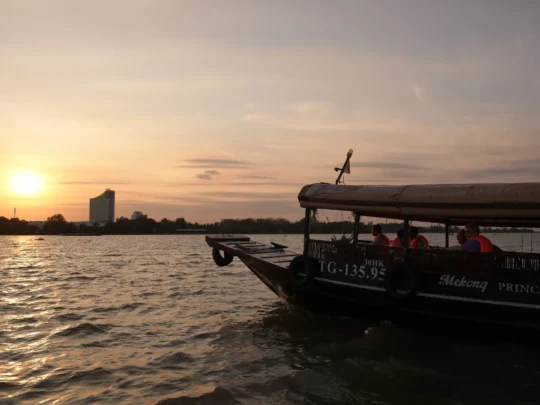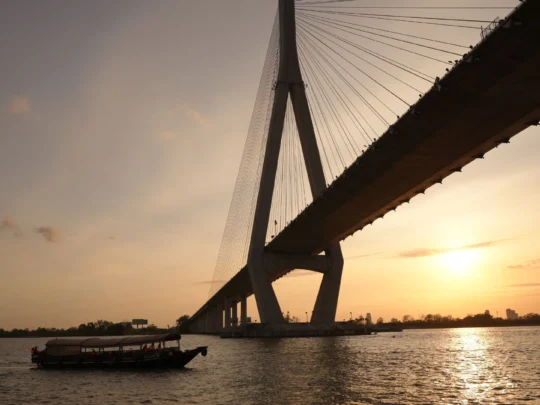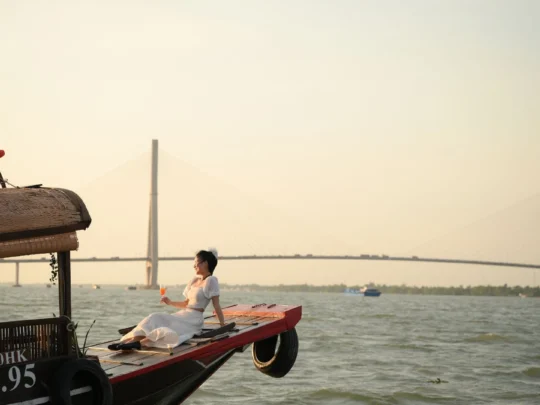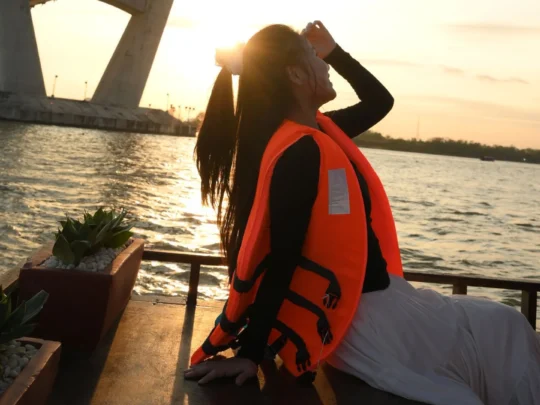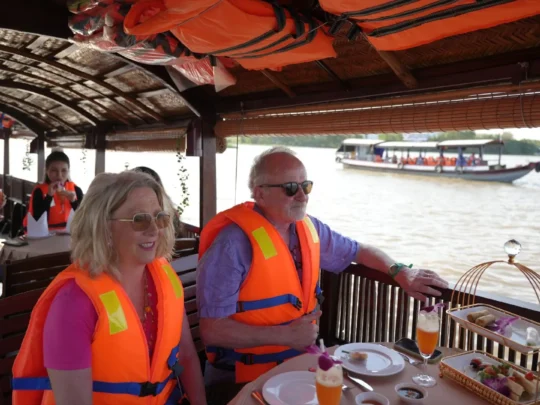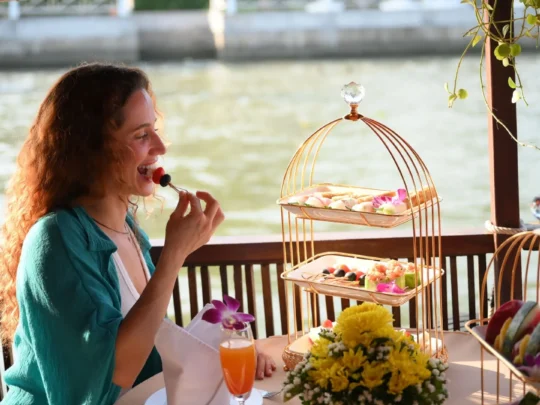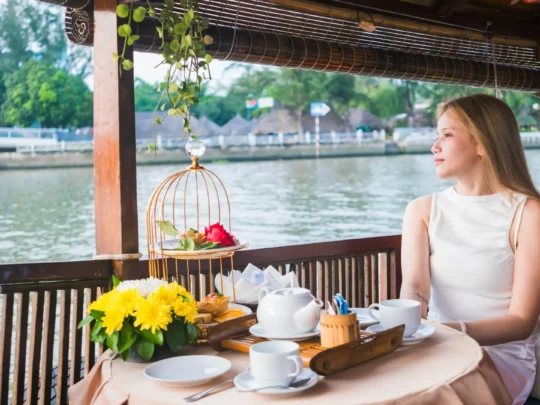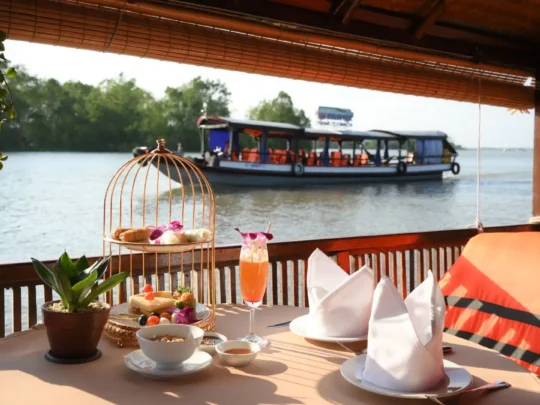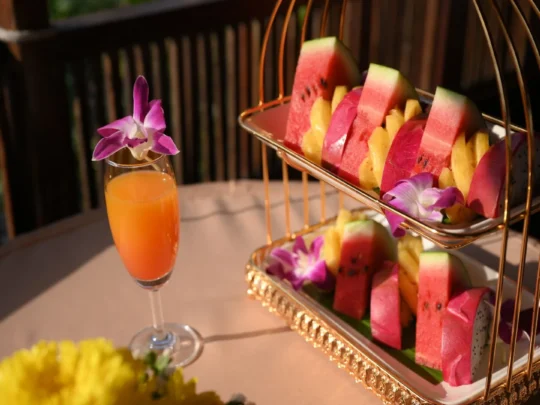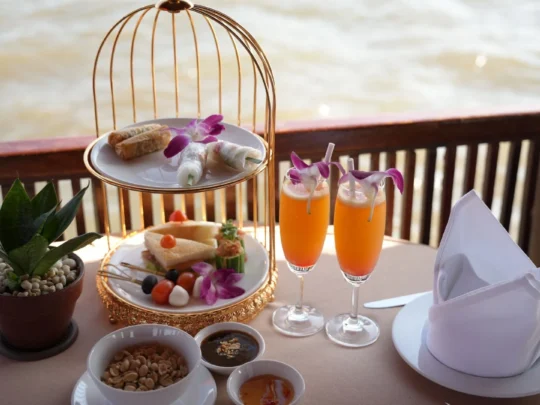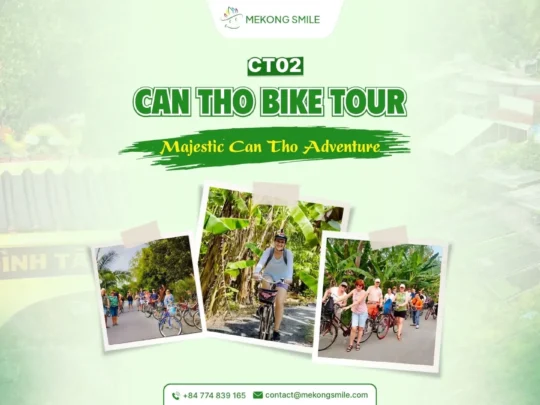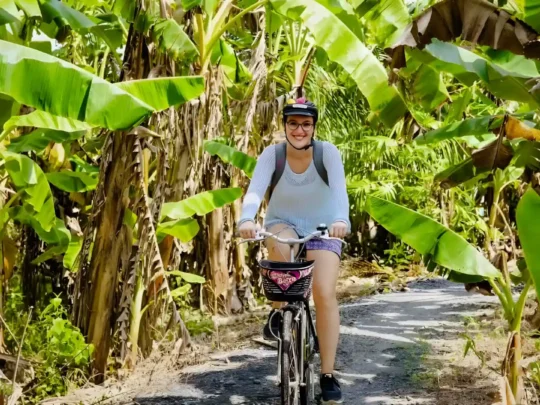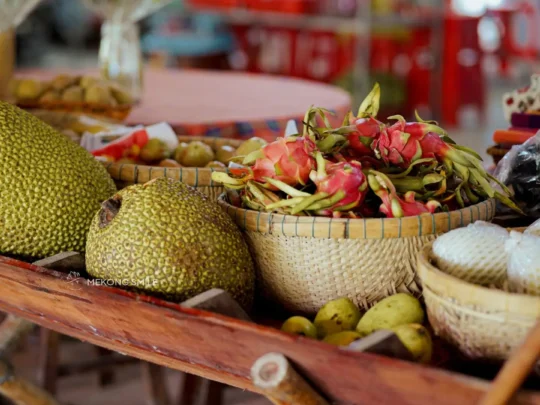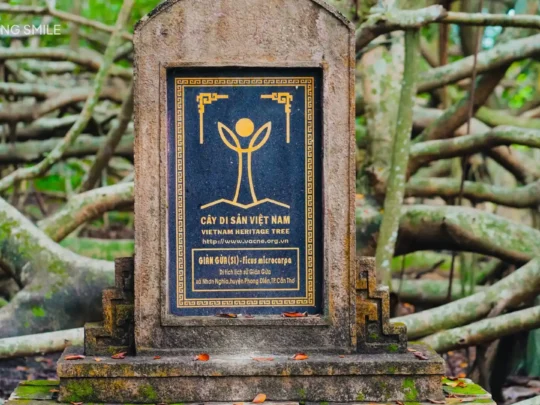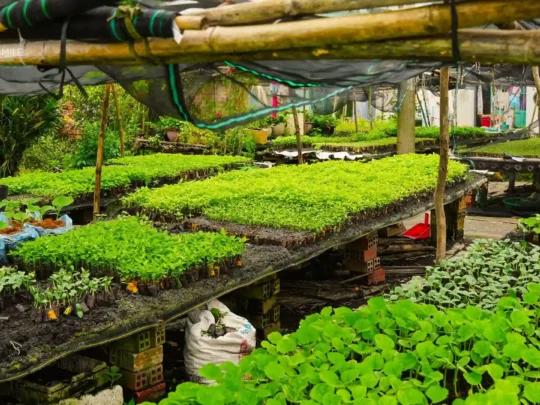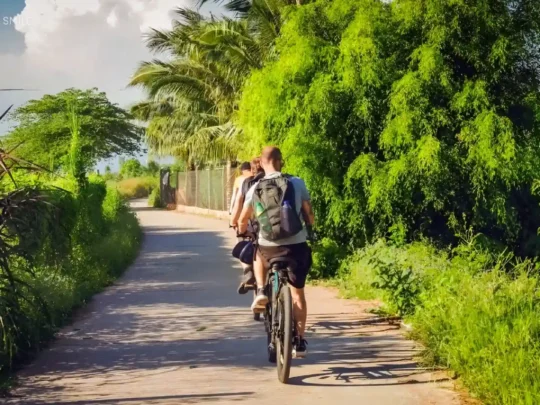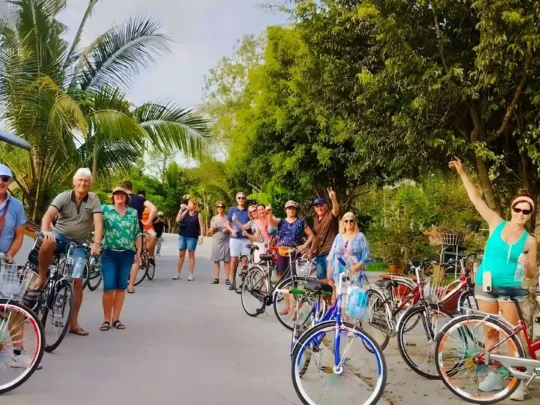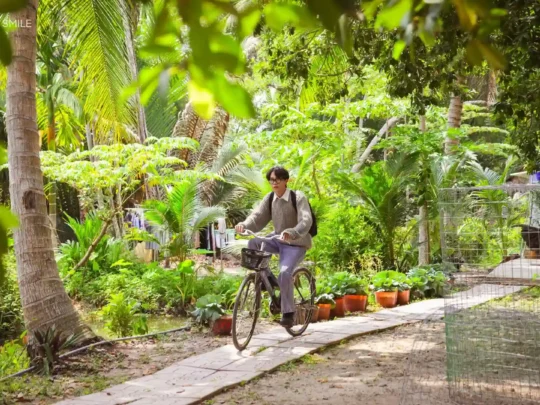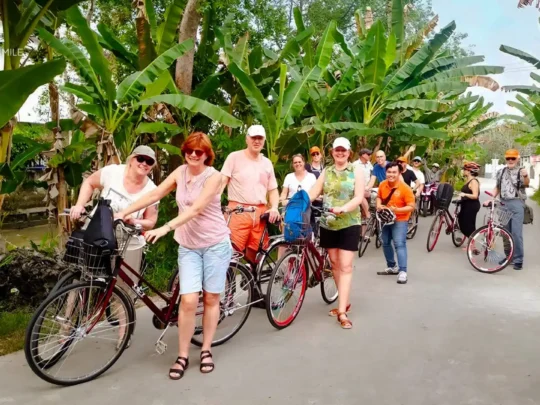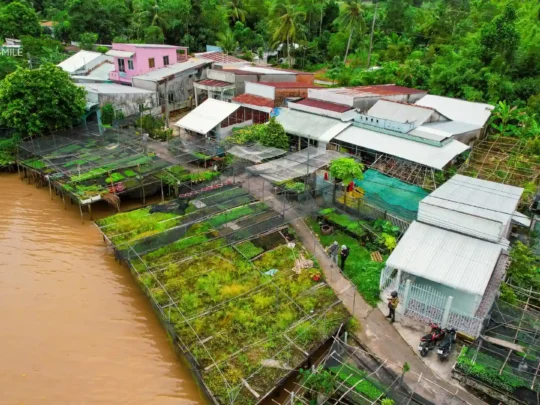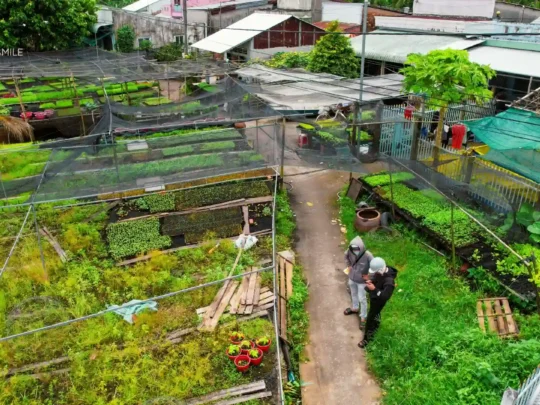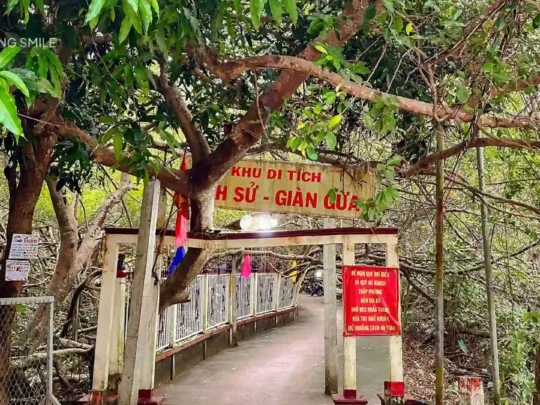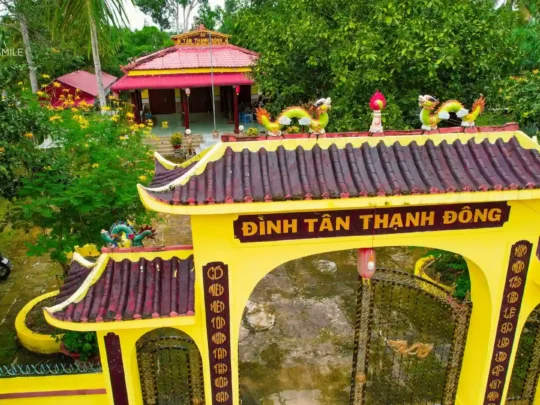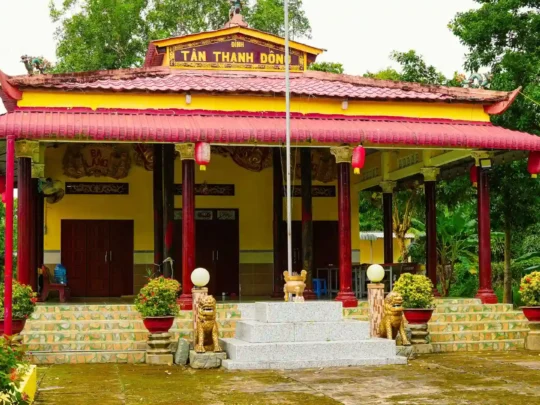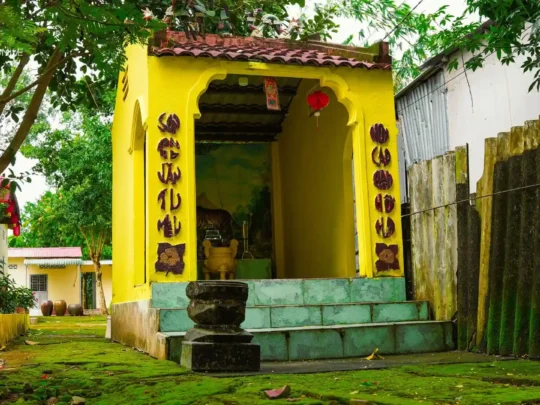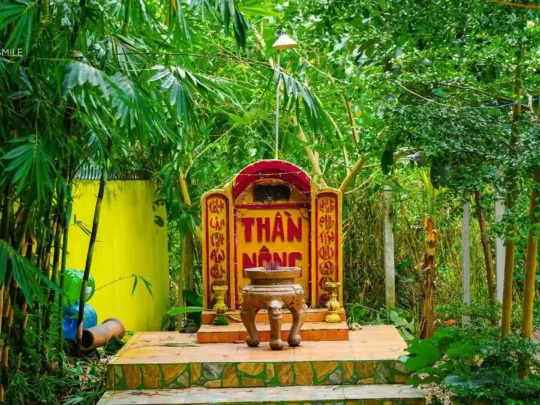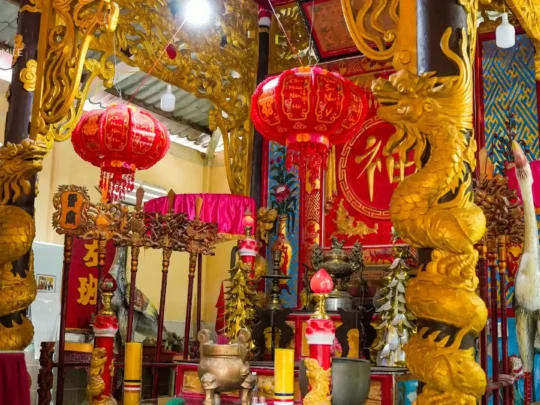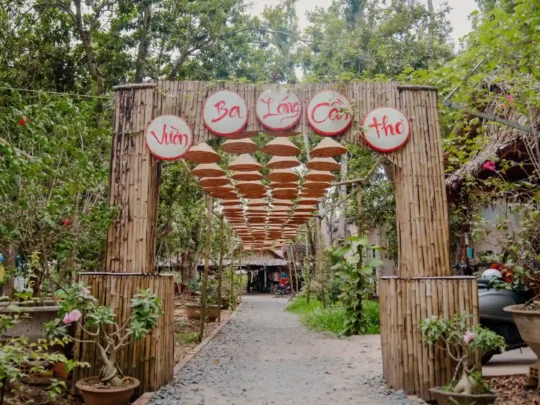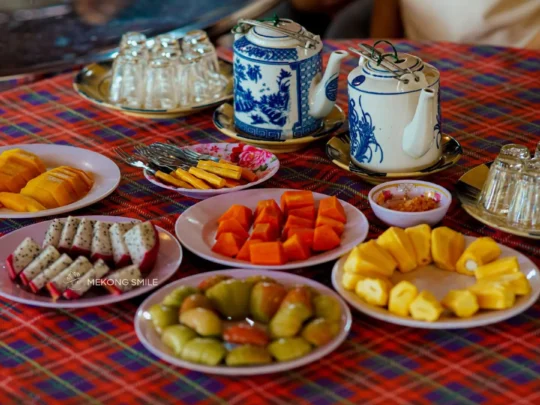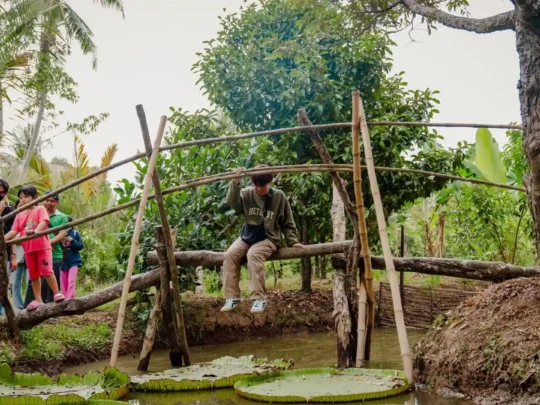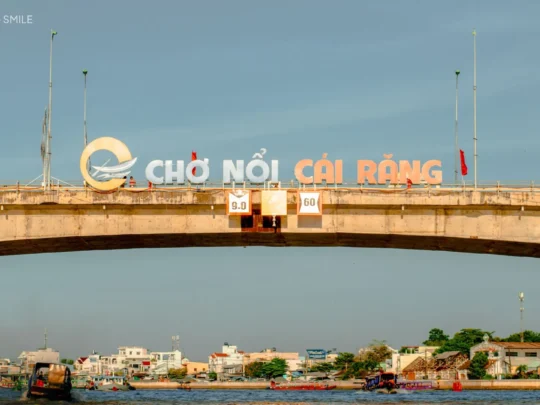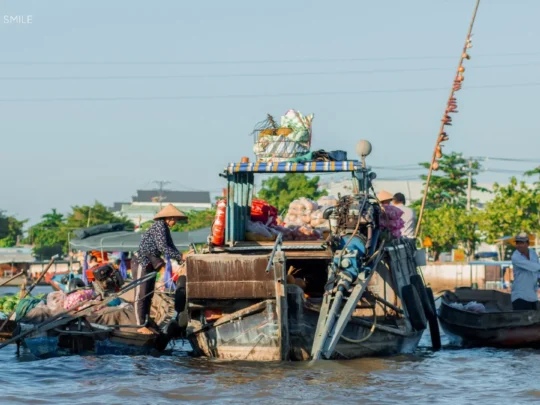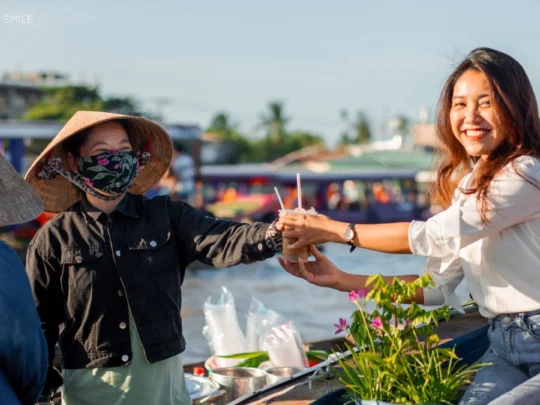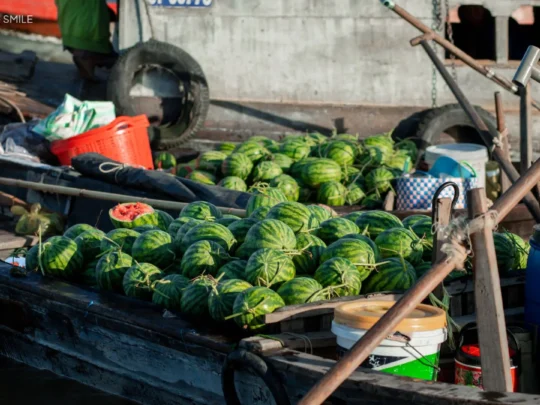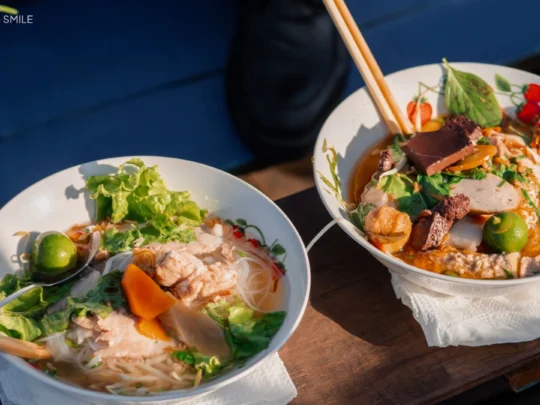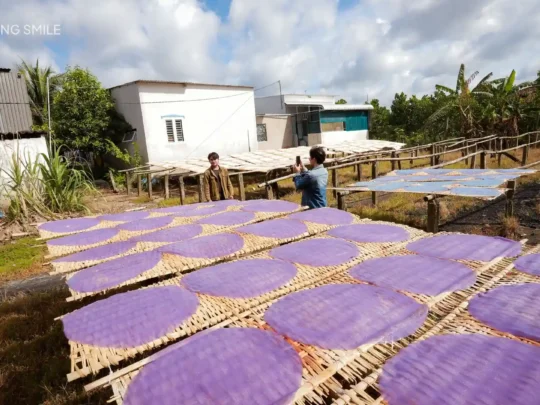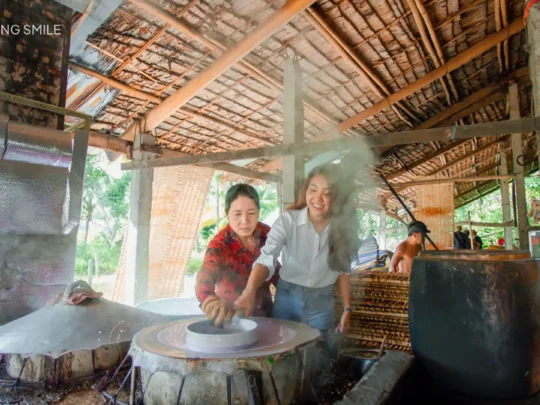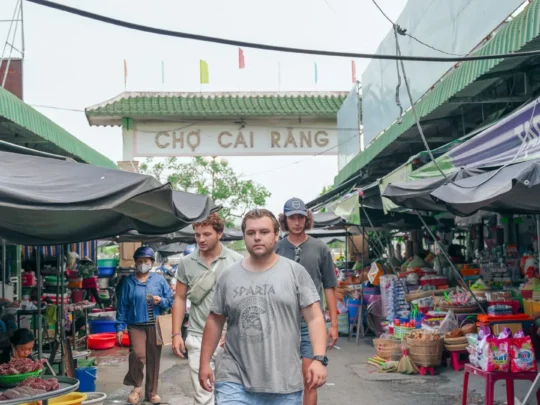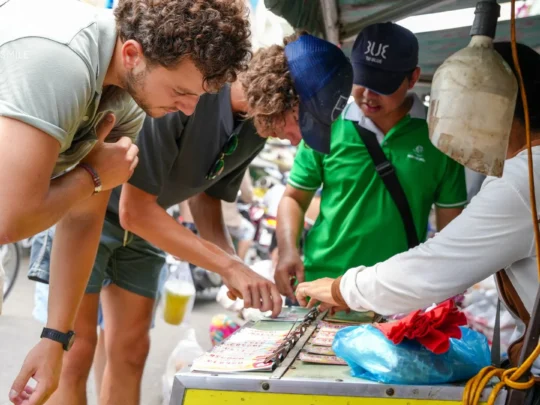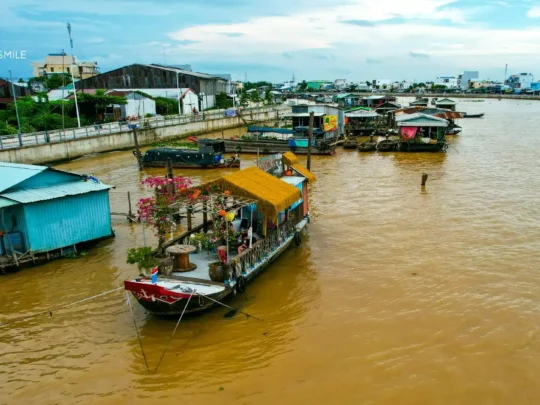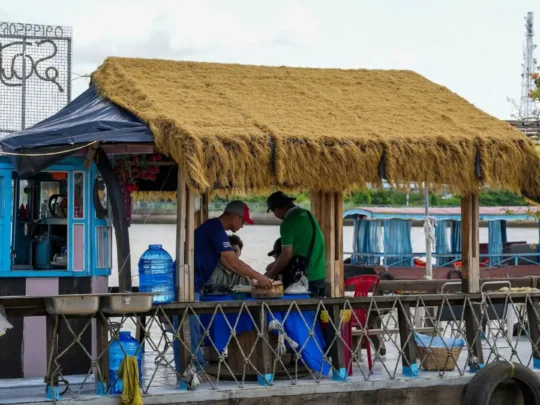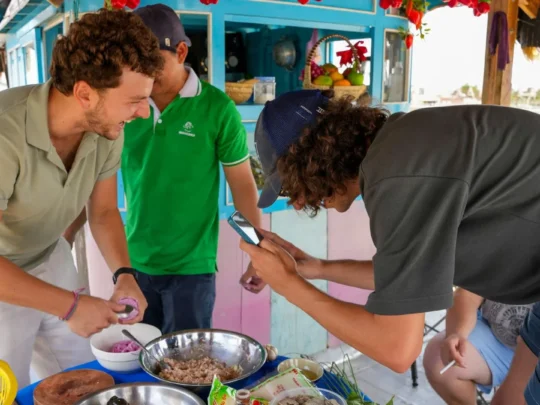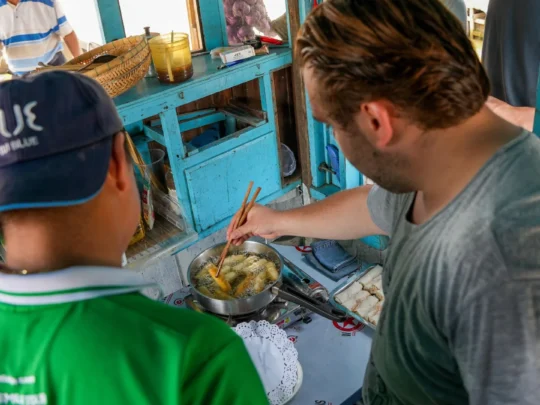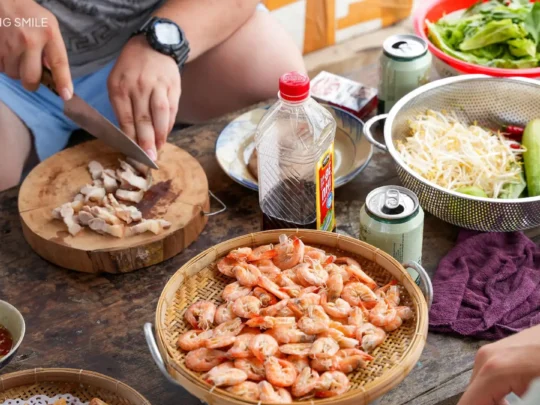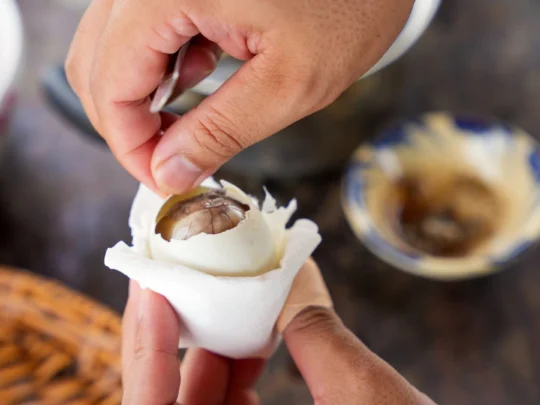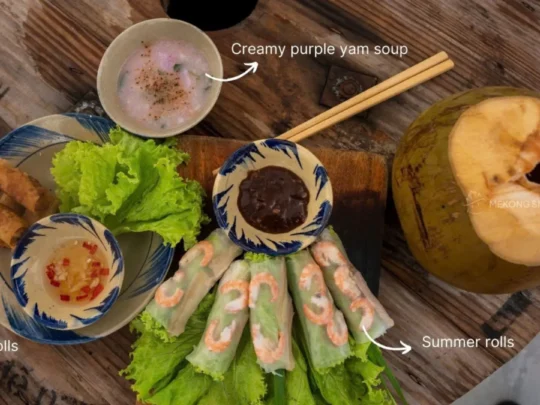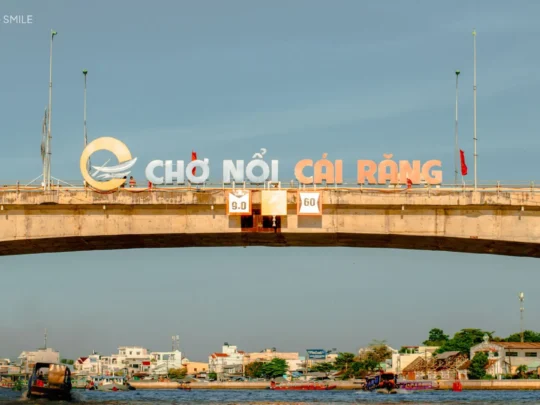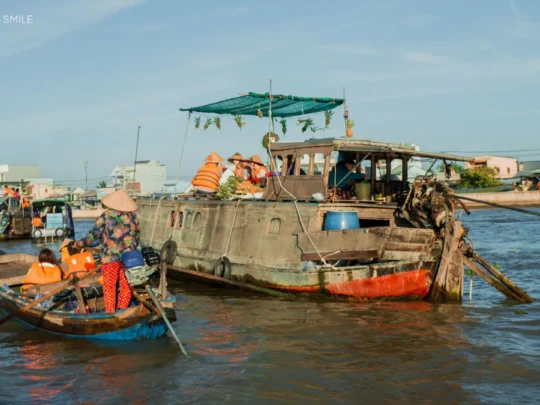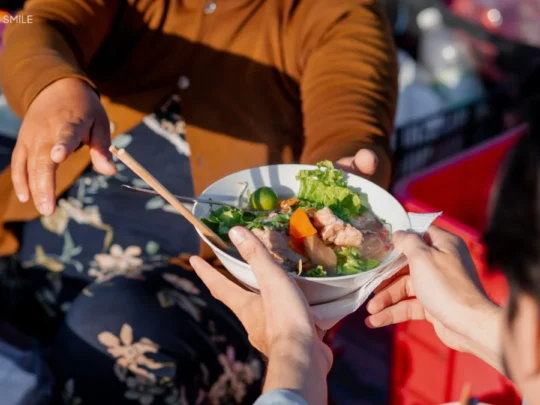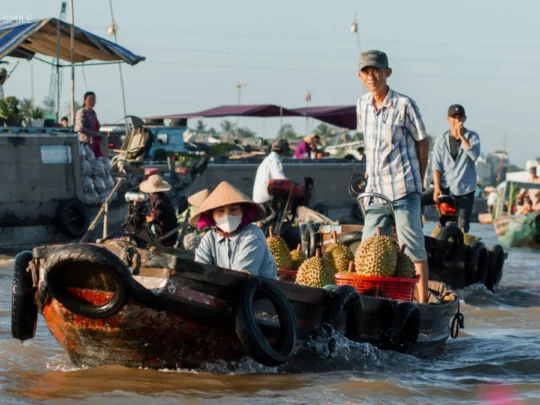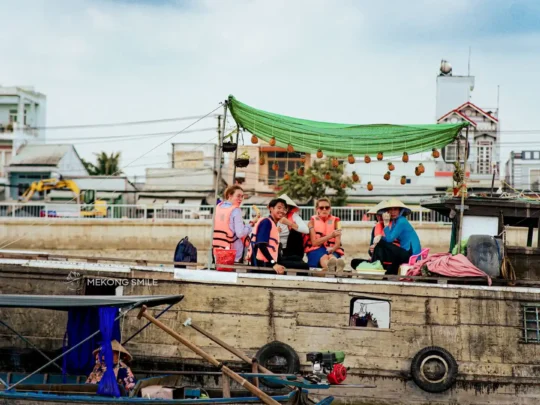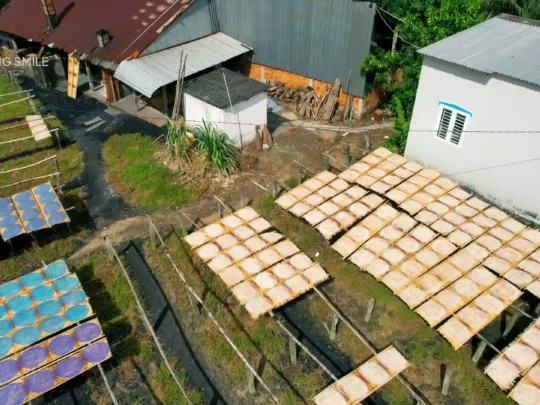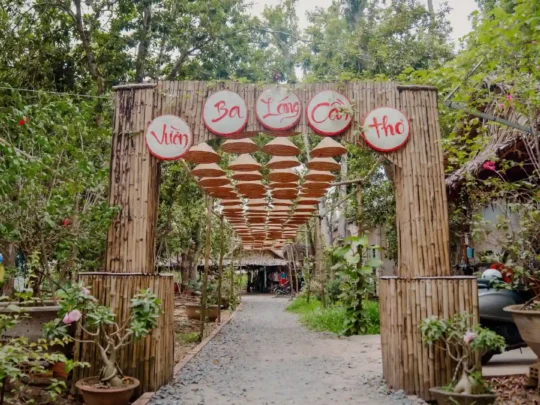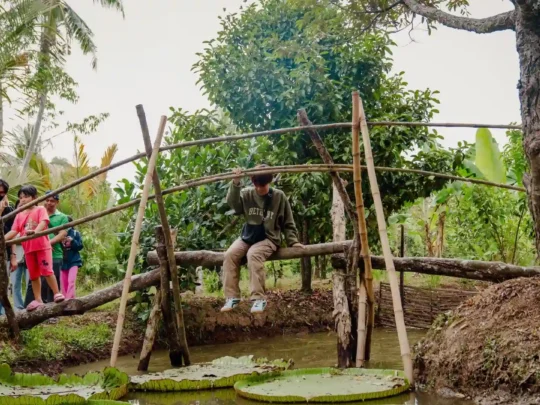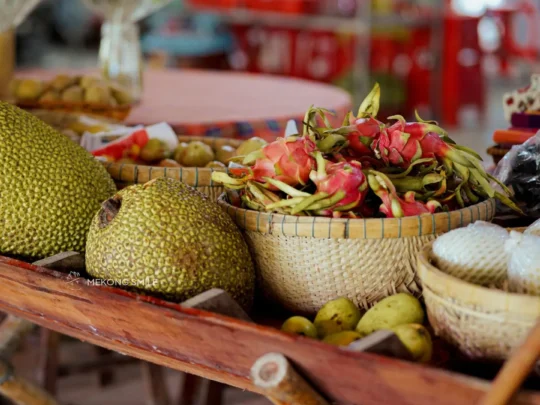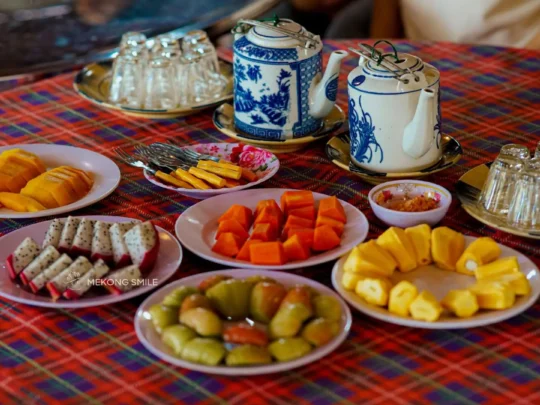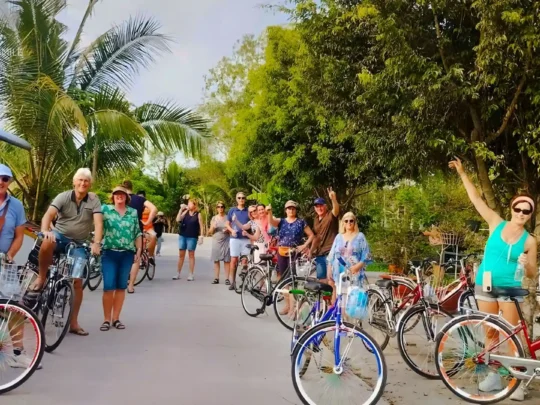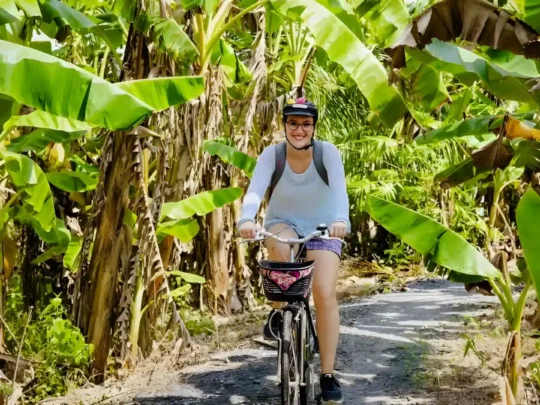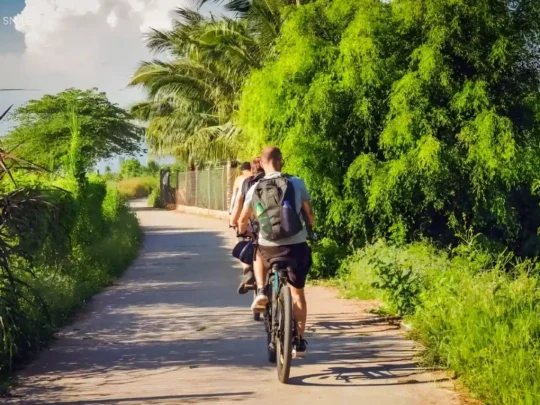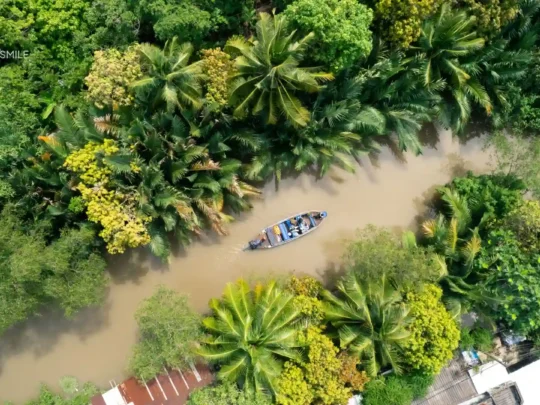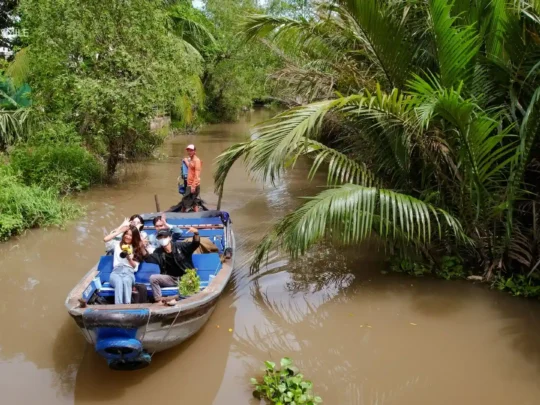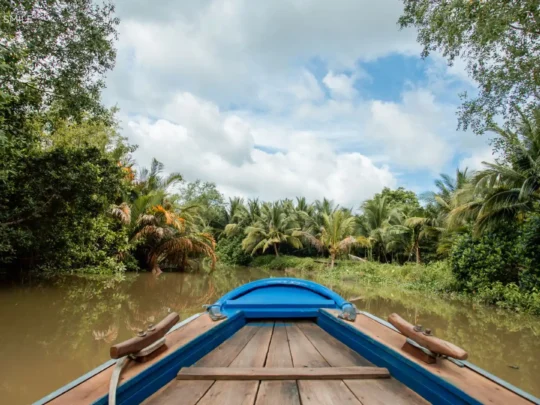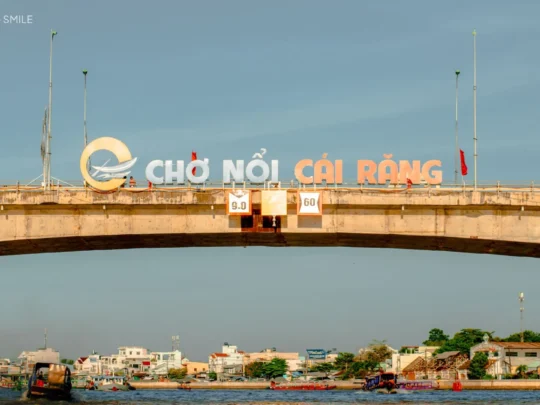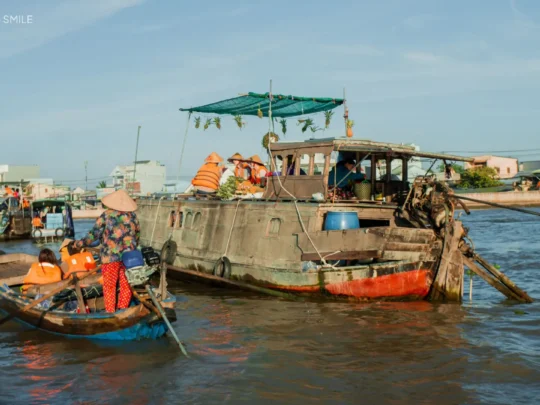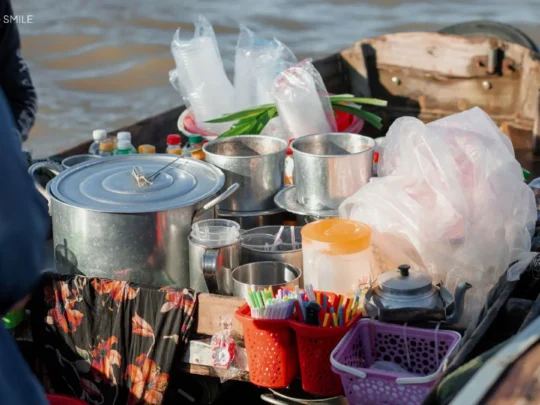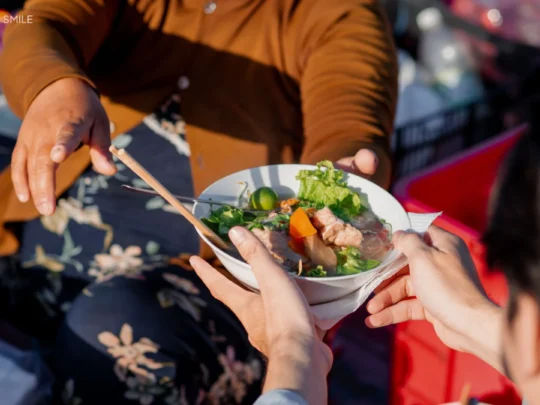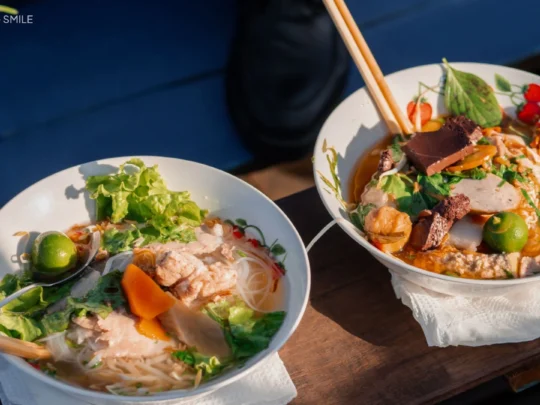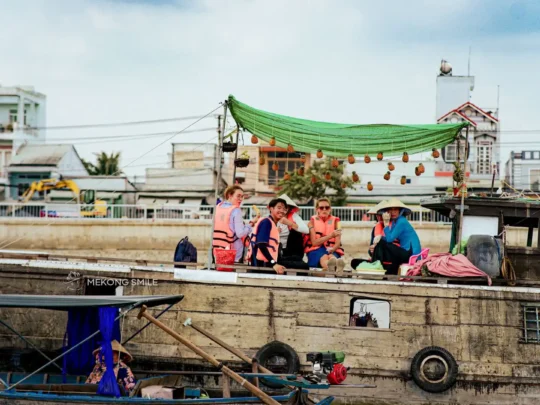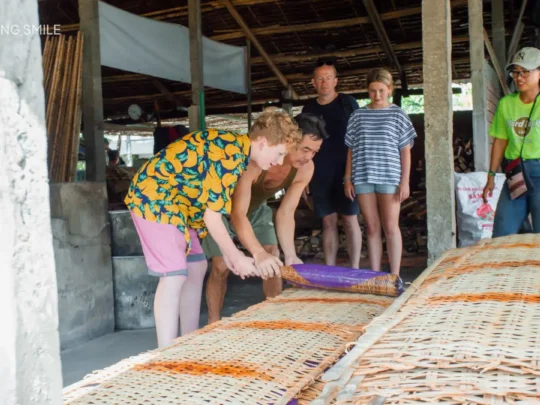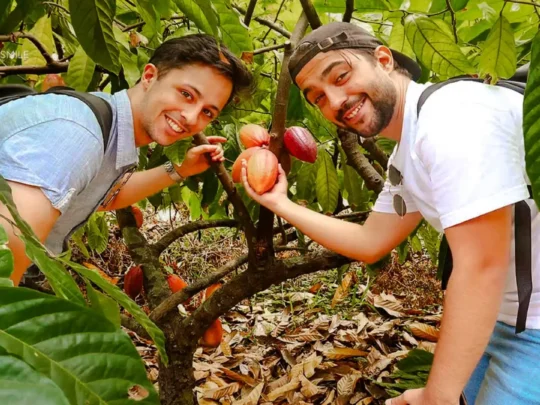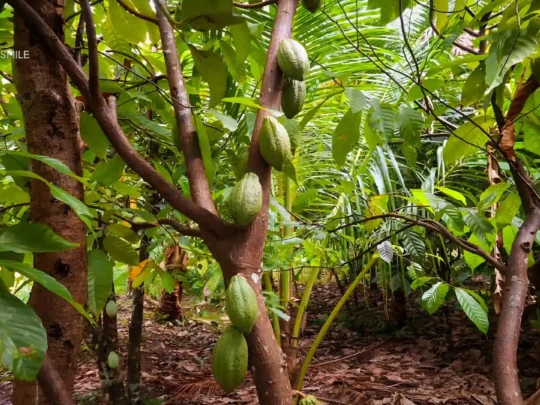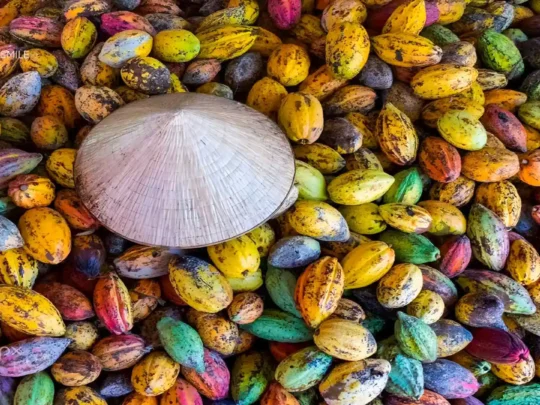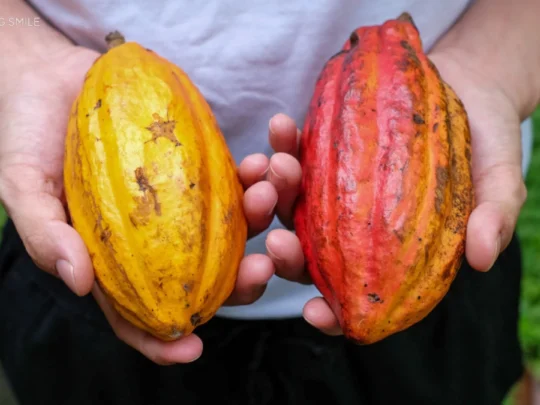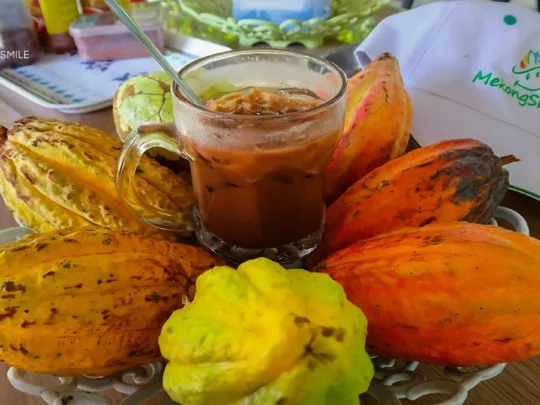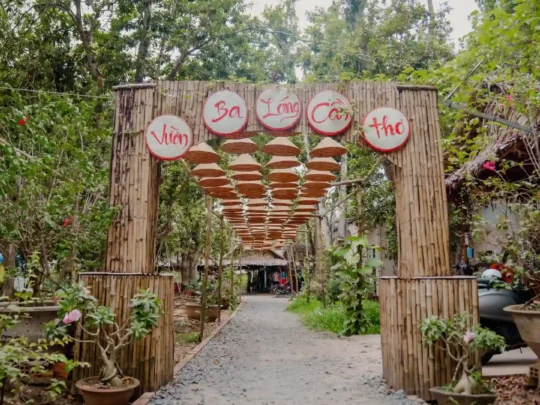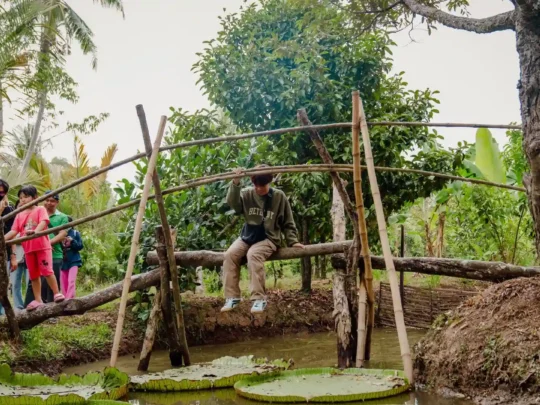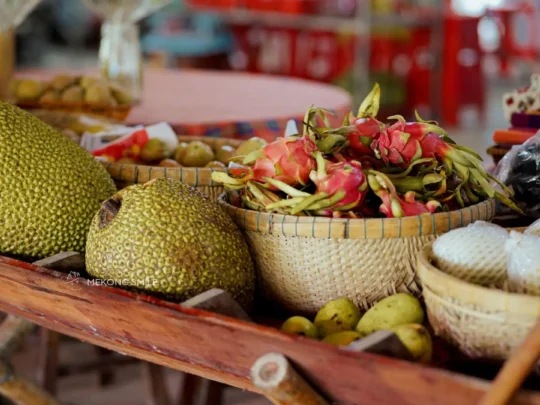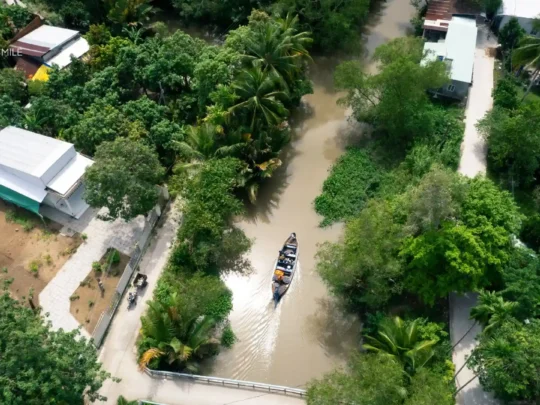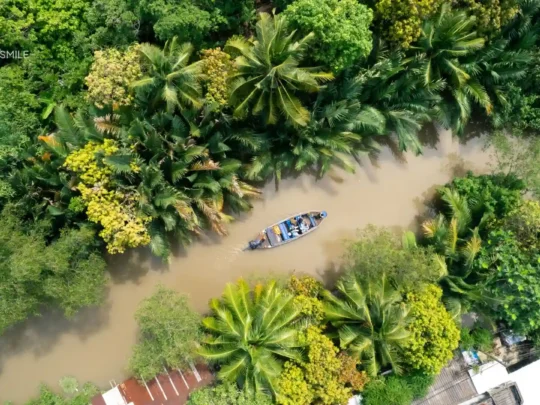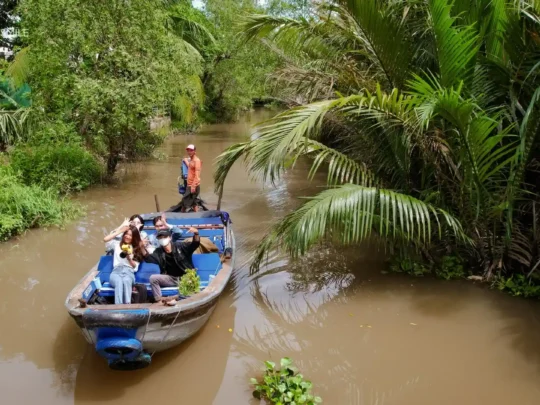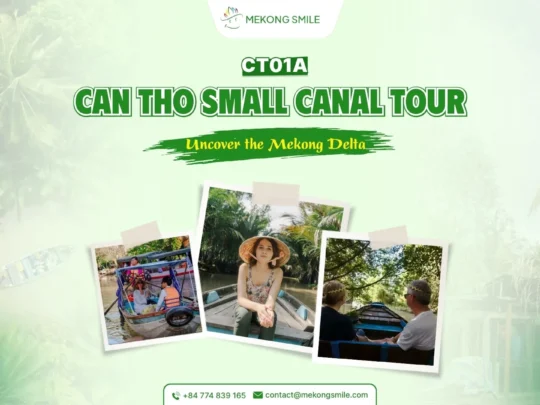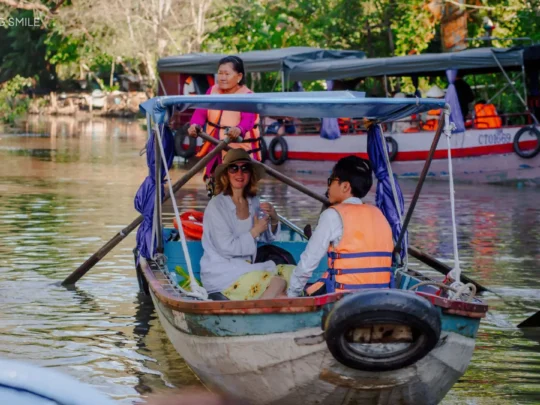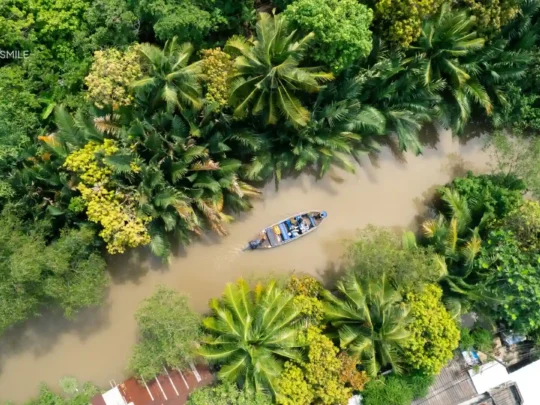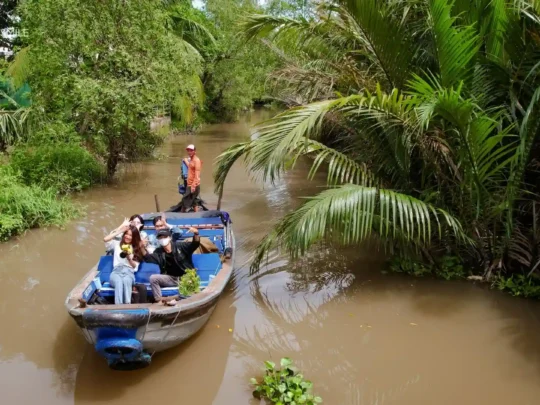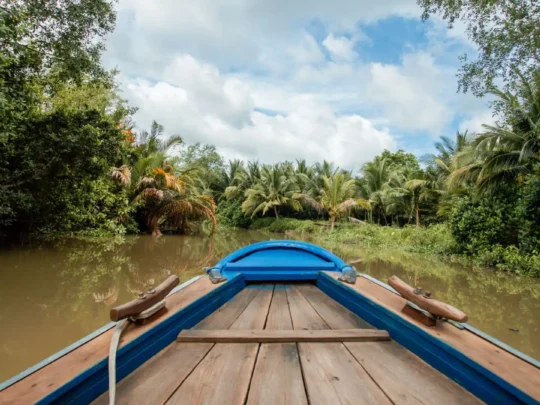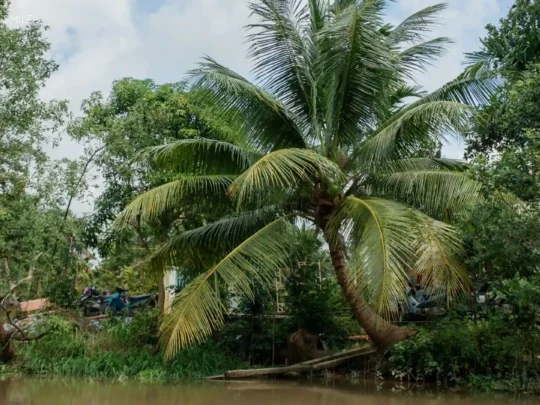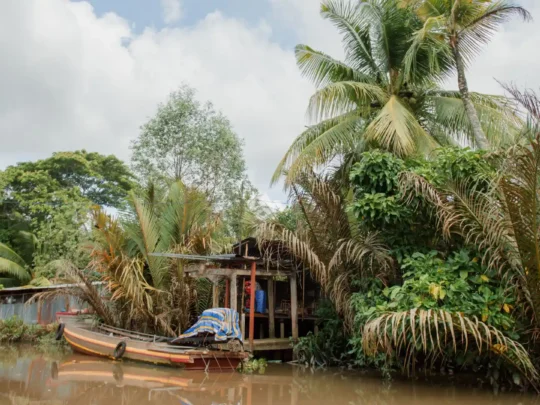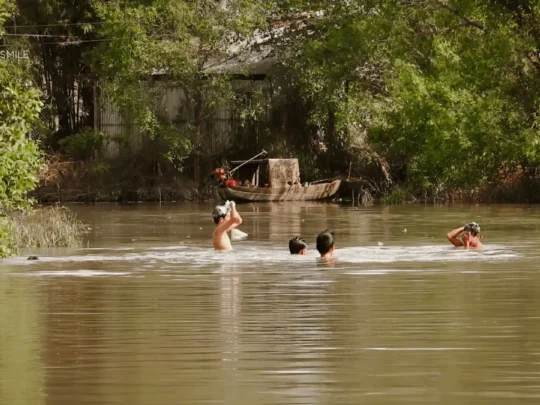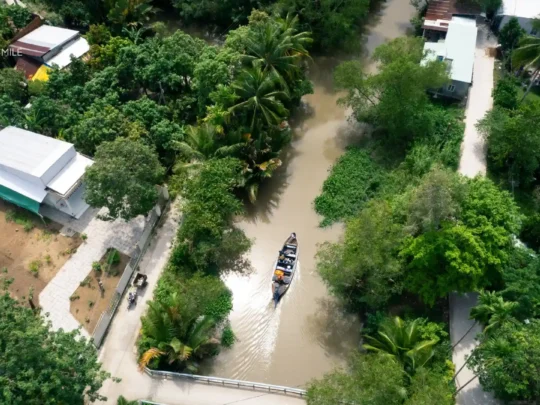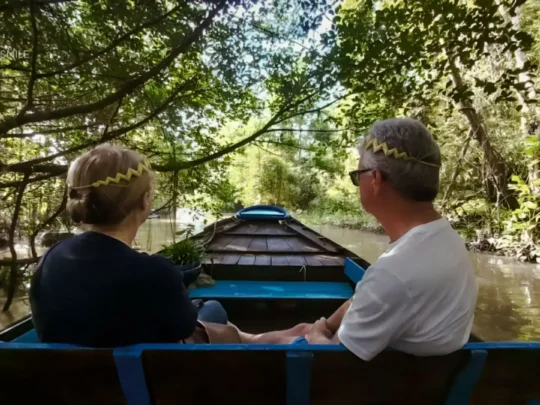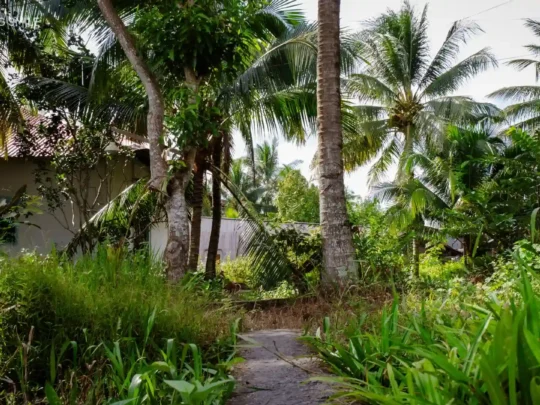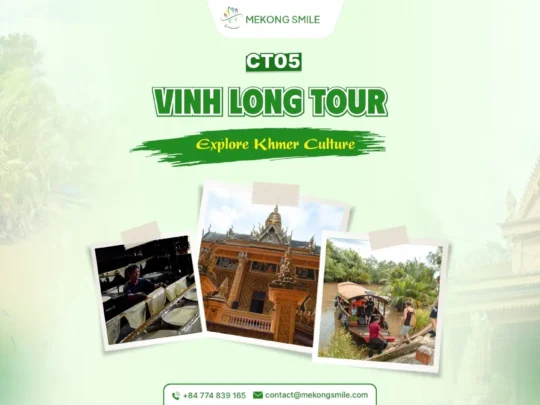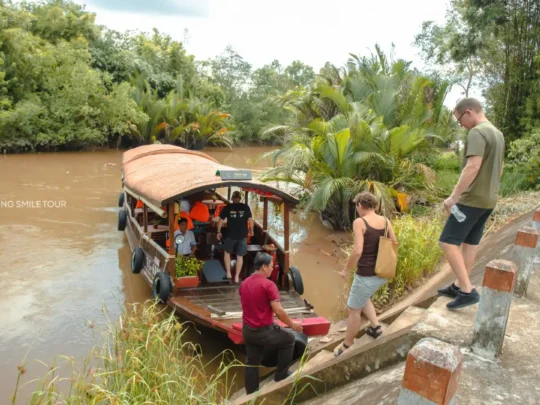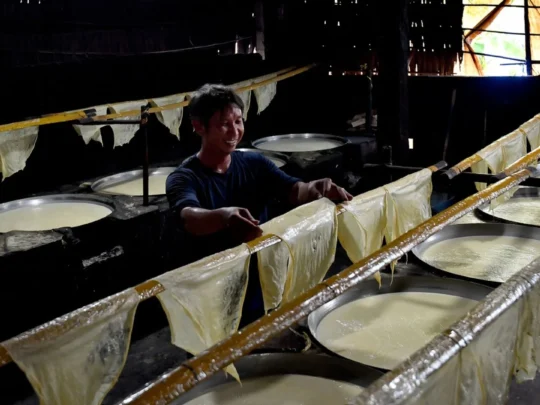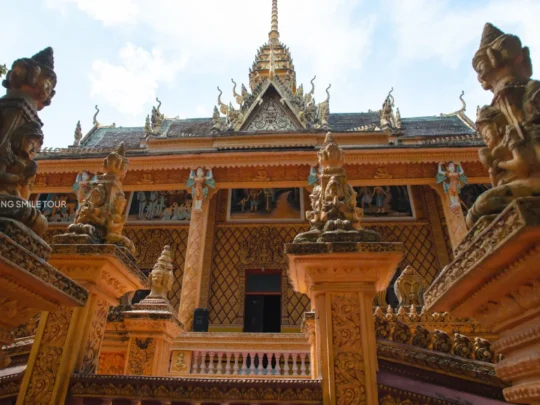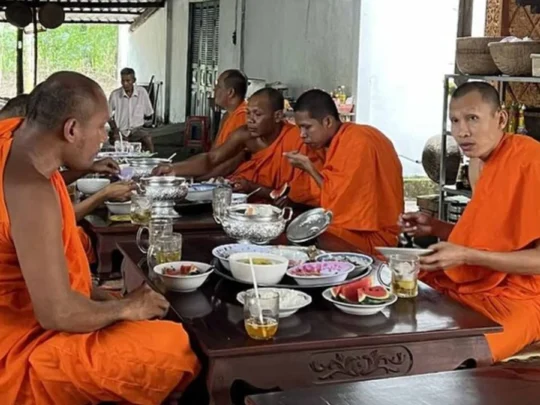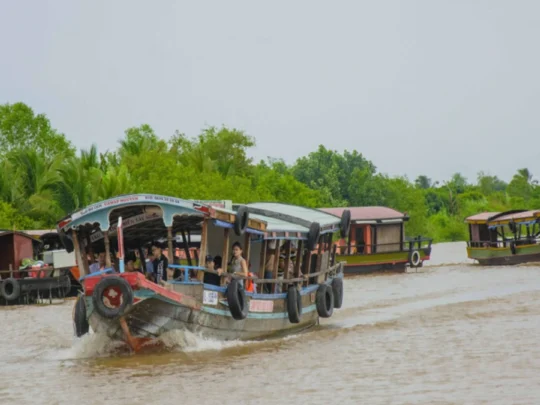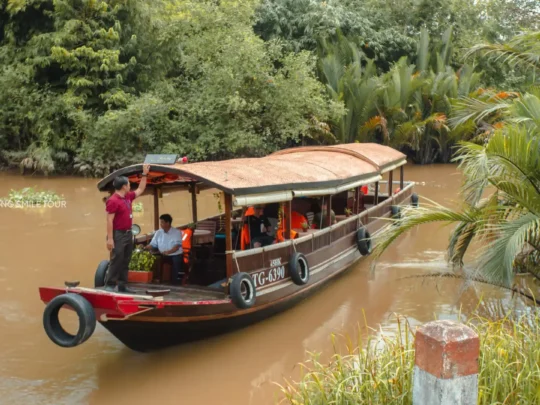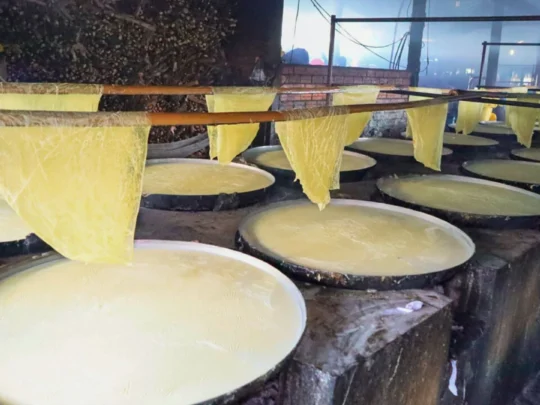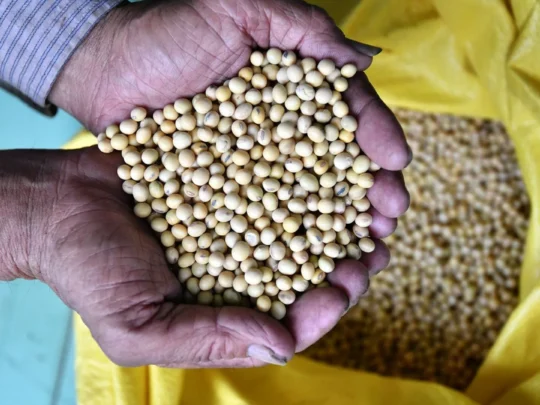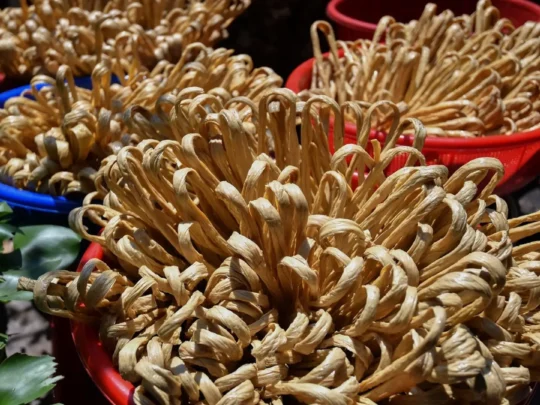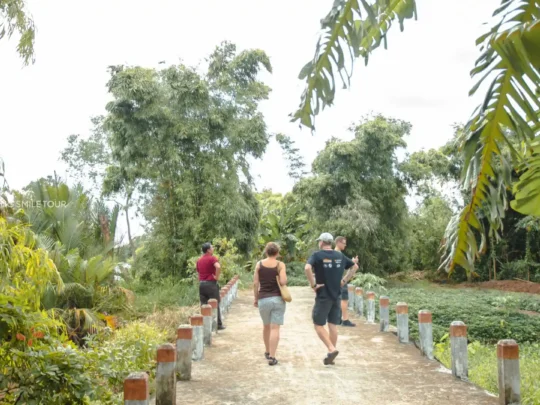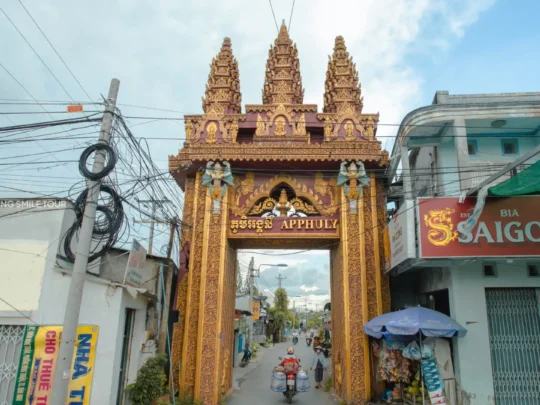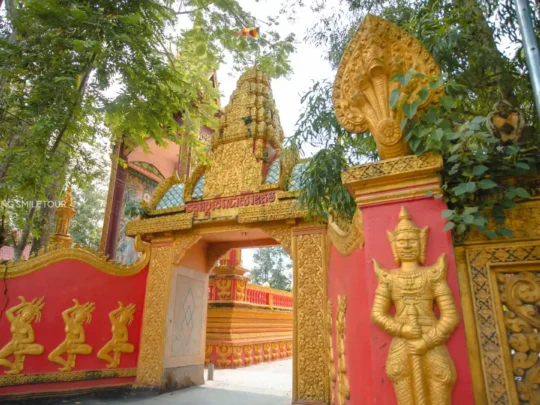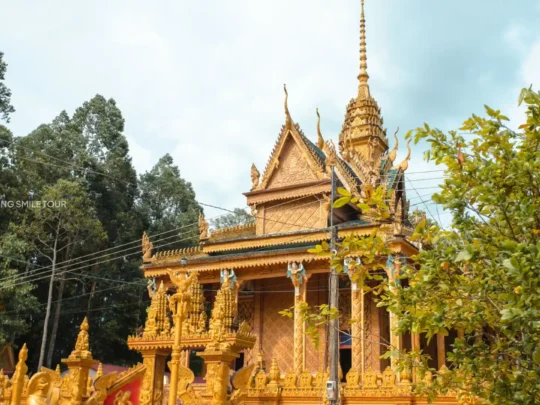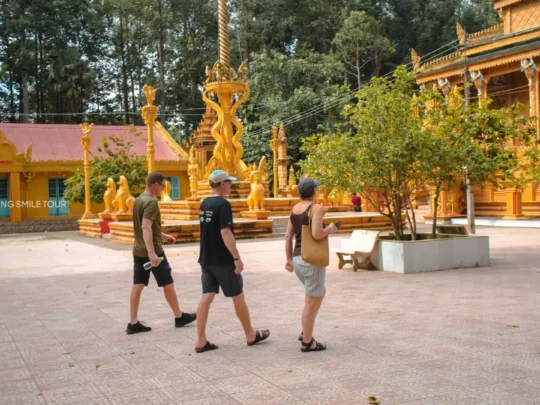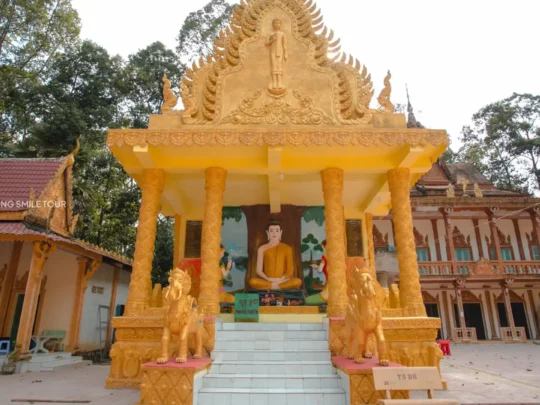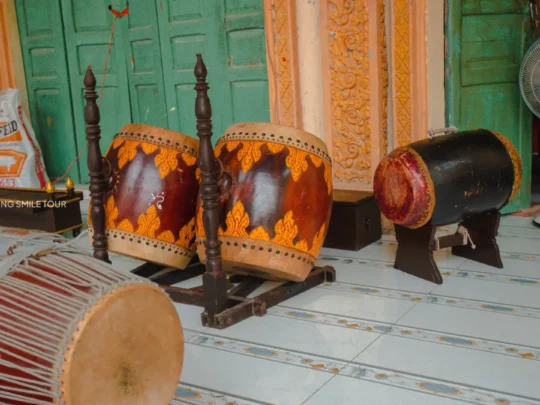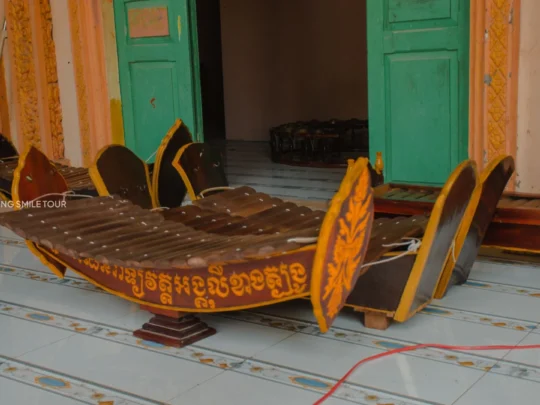Planning a Vietnam itinerary can feel overwhelming when you’re staring at a map of this stunning 1,600-kilometer country stretching from misty northern mountains to tropical southern islands. This comprehensive Vietnam itinerary guide cuts through the confusion with practical day-by-day plans tailored to your available time.
You’ll discover how to maximize your journey through Vietnam’s three distinct regions, avoid weather pitfalls, and choose between classic tourist routes and off-beaten-path adventures. From ancient Hanoi’s street food alleys to Hoi An’s lantern-lit evenings and the Mekong’s floating markets, MekongSmile will help you craft the perfect Vietnamese adventure that matches your travel style and timeline.

Understanding Vietnam’s Three Distinct Regions
Vietnam’s geography naturally divides into three unique regions, each offering distinct experiences that reflect different historical periods, climatic conditions, and cultural influences.
Northern Vietnam (Hanoi Hub)
Northern Vietnam centers around Hanoi, a thousand-year-old capital where French colonial architecture stands beside ancient temples and vibrant street food stalls.
Climate: Four seasons; chilly Dec-Feb, hot/humid Jun-Aug
Highlights:
- Hanoi’s Old Quarter and street food scene
- Ha Long Bay’s limestone karsts
- Sapa’s terraced rice paddies
- Ninh Binh’s “inland Ha Long Bay”
- Ha Giang Loop for adventure seekers
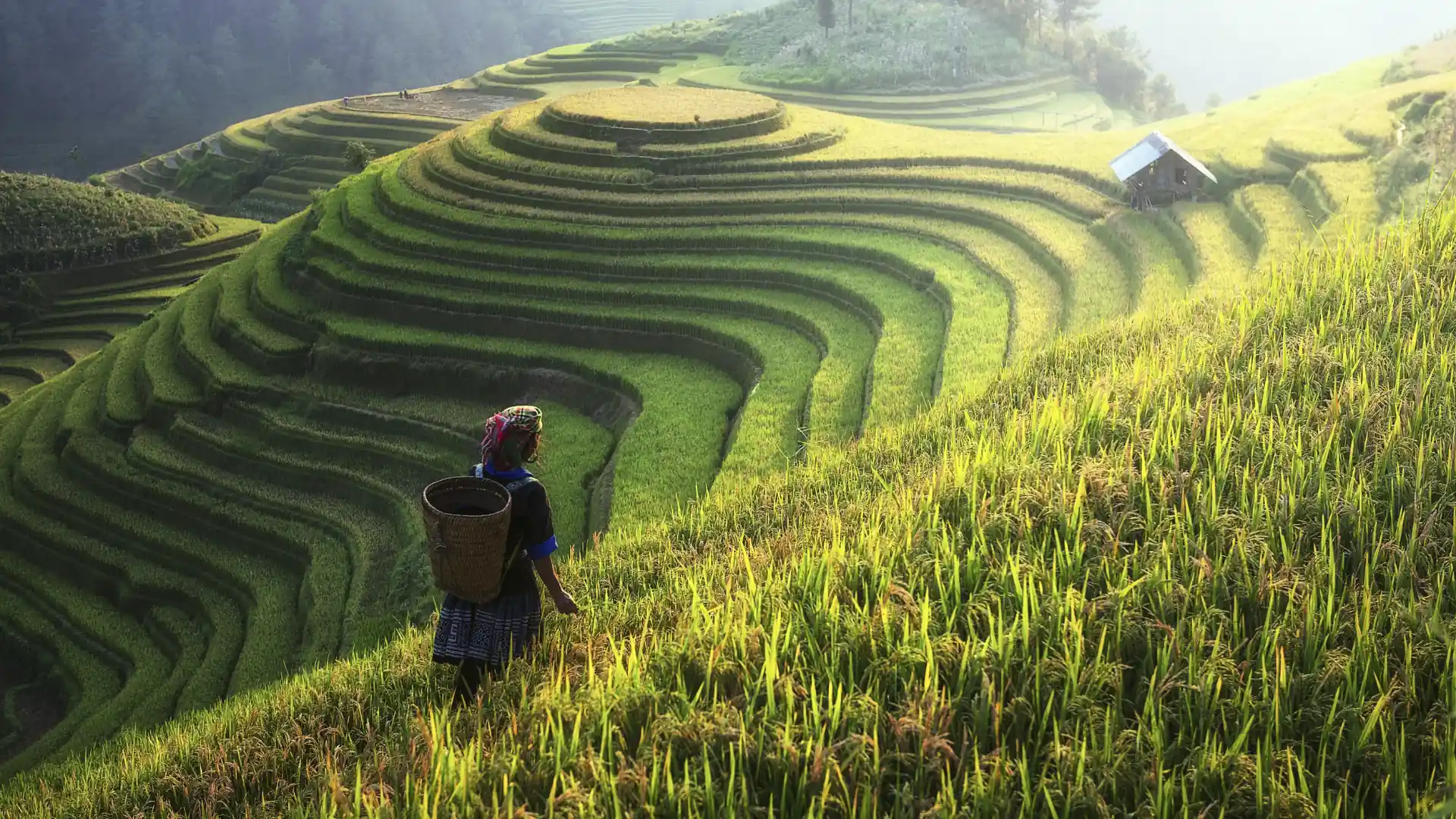
Central Vietnam (Cultural Heart)
Central Vietnam serves as the country’s cultural and historical heart, home to four UNESCO World Heritage Sites within a relatively compact area. The central offers:
Climate: Rainy season peaks Oct-Dec
Highlights:
- Hue’s Imperial City and royal tombs
- Hoi An’s Ancient Town (UNESCO site)
- Phong Nha’s world-class cave systems
- Da Nang’s modern beaches
- DMZ historical sites
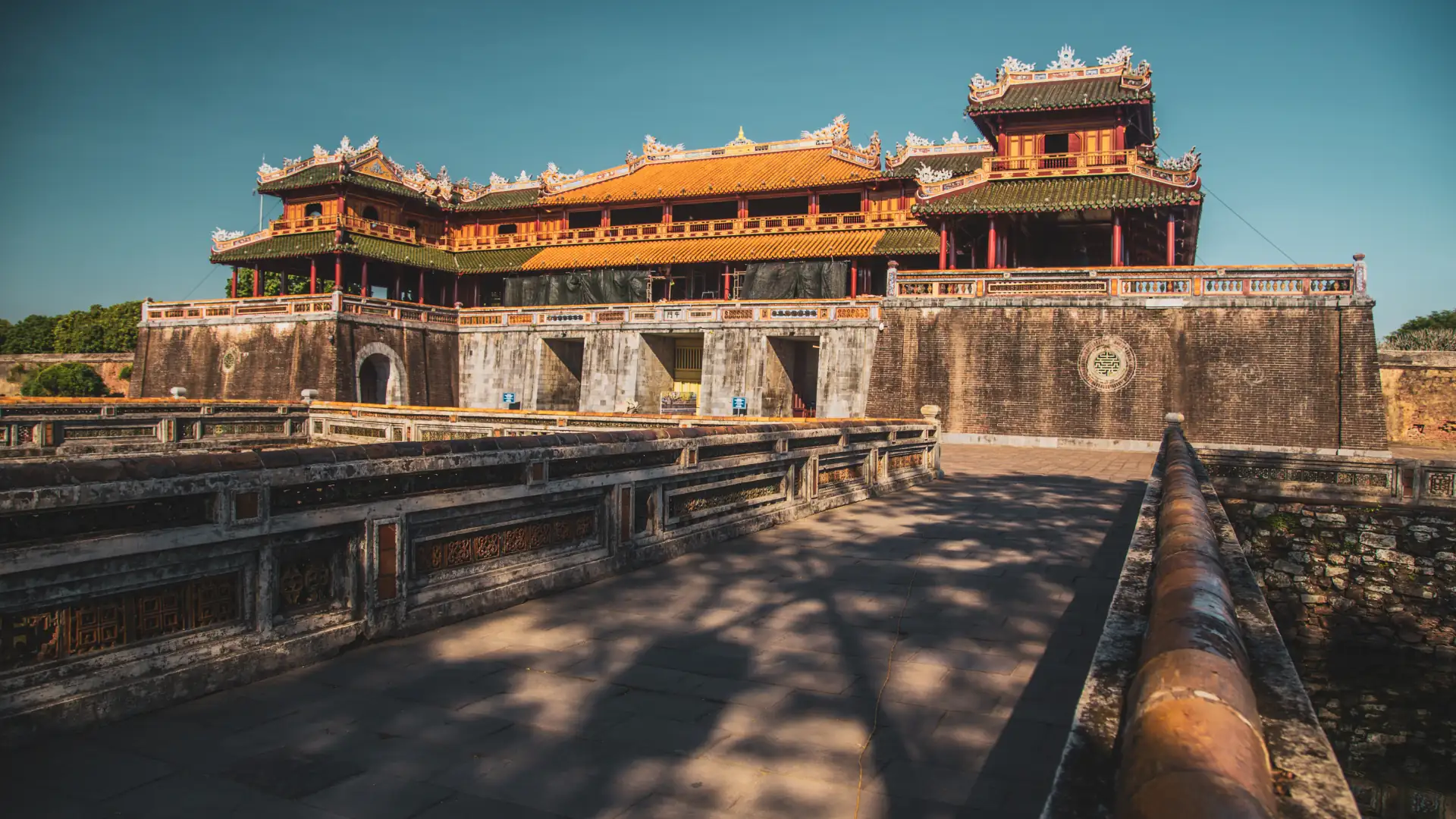
Southern Vietnam (Tropical Energy)
Southern Vietnam radiates energy from Ho Chi Minh City, Vietnam’s economic powerhouse where gleaming skyscrapers tower above French colonial landmarks and bustling markets. The south offers:
Climate: Warm year-round; wet season May-Nov
Highlights:
- Ho Chi Minh City’s dynamic urban scene
- Mekong Delta’s floating markets
- Cu Chi Tunnels
- Phu Quoc Island beaches
- Con Dao’s pristine national parks

How Long Should I Spend in Vietnam?
The 7-Day Vietnam Itinerary
Route: Hanoi → Ha Long Bay → Hoi An → Ho Chi Minh City
Seven days demands difficult choices but allows for a meaningful introduction to Vietnam’s highlights: spending two days exploring Hanoi’s Old Quarter, street food scene, and nearby temples before taking an overnight cruise through Ha Long Bay. Then fly to Hoi An for two days of ancient town exploration, tailor shops, and lantern-lit evenings, with a day trip to the Marble Mountains or My Son Sanctuary. Conclude with two days in Ho Chi Minh City, visiting the War Remnants Museum, Cu Chi Tunnels, and vibrant Ben Thanh Market.
This condensed itinerary sacrifices depth for breadth, requiring domestic flights between destinations and leaving little room for spontaneity or rest. However, it efficiently captures Vietnam’s essential contrasts—ancient and modern, north and south, mountain and sea.
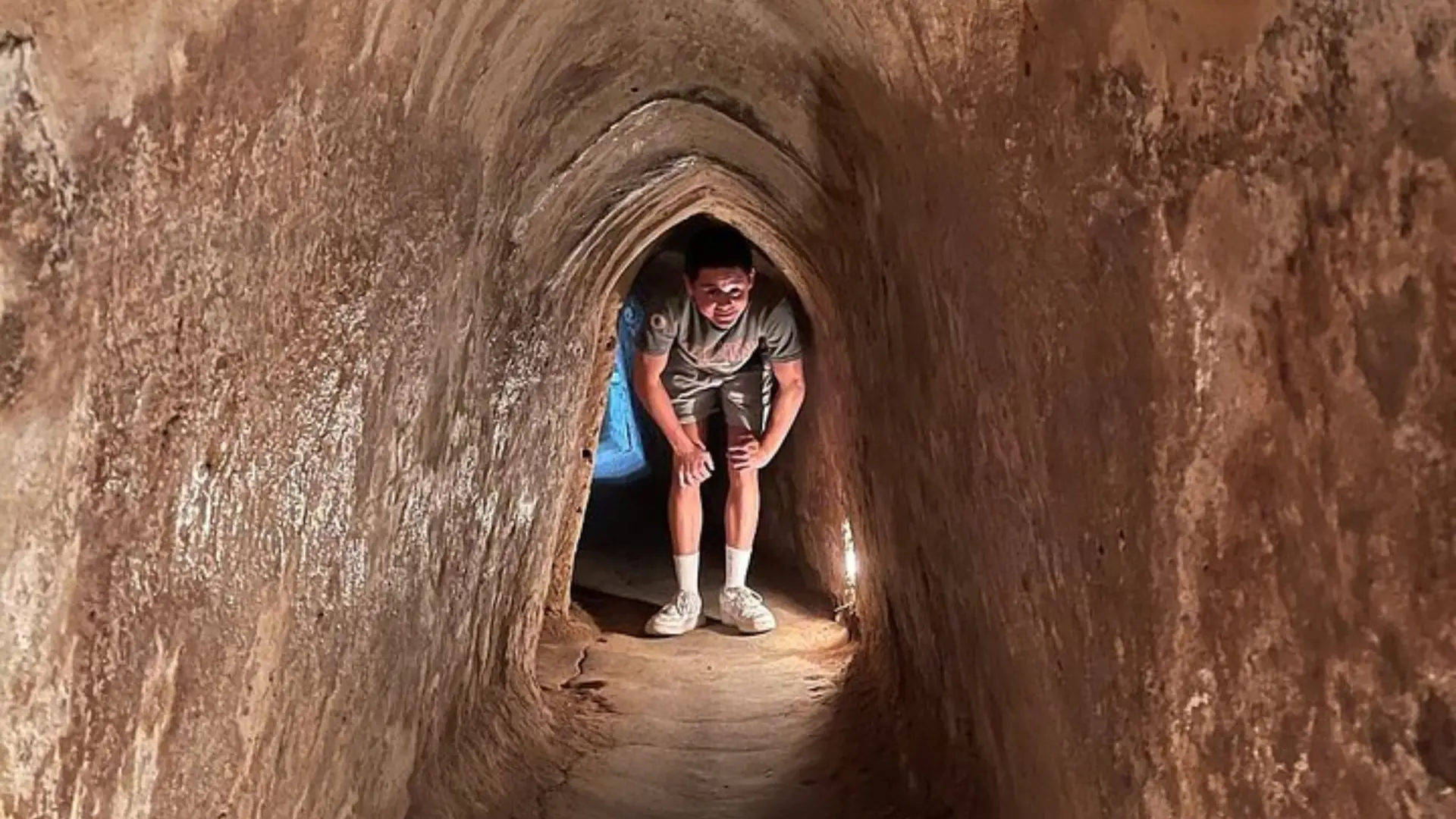
The 2-Week Vietnam Itinerary
Route: North → Central → South with breathing room
Two weeks transforms your Vietnam journey from a highlights reel into a genuine immersion. Start with three days in Hanoi, allowing time for day trips to the “inland Ha Long Bay” of Ninh Binh or the traditional craft villages surrounding the capital. Spend two days cruising Ha Long Bay on a more leisurely itinerary that explores less-visited islands and caves.
Fly to Hue for two days exploring the Imperial City, royal tombs, and taking a scenic journey over the Hai Van Pass to Da Nang. Dedicate three to four days to Hoi An, with time for cooking classes, beach relaxation, and day trips to My Son or the Cham Islands. Conclude with three days in Ho Chi Minh City and the Mekong Delta, where you can visit floating markets, tropical fruit orchards, and traditional craft villages.
This pace allows for unexpected discoveries—a sunrise bike ride through rice paddies, an afternoon learning traditional pottery, or simply savoring a bowl of pho while watching street life unfold.

The 3-Week Vietnam Journey
Three weeks unlock Vietnam’s full potential, allowing you to venture beyond the main tourist corridors into regions that reveal the country’s authentic character. Begin with four days in the north, combining Hanoi with either Sapa’s terraced highlands or the dramatic rock formations of Ha Giang Loop. Include Ha Long Bay, then either continue by overnight train or fly to Hue.
Spend five to six days exploring Central Vietnam thoroughly—Hue’s imperial legacy, the DMZ’s historical sites, Phong Nha’s cave systems, Da Nang’s beaches, and Hoi An’s timeless charm. Journey south for four days in Ho Chi Minh City and the Mekong Delta, experiencing floating markets, canal boat rides, and rural homestays that offer insights into traditional Mekong life.
Reserve your final four to five days for a beach escape to Phu Quoc, Con Dao, or Nha Trang, where pristine beaches, coral reefs, and fresh seafood provide the perfect counterpoint to Vietnam’s cultural and historical intensity.
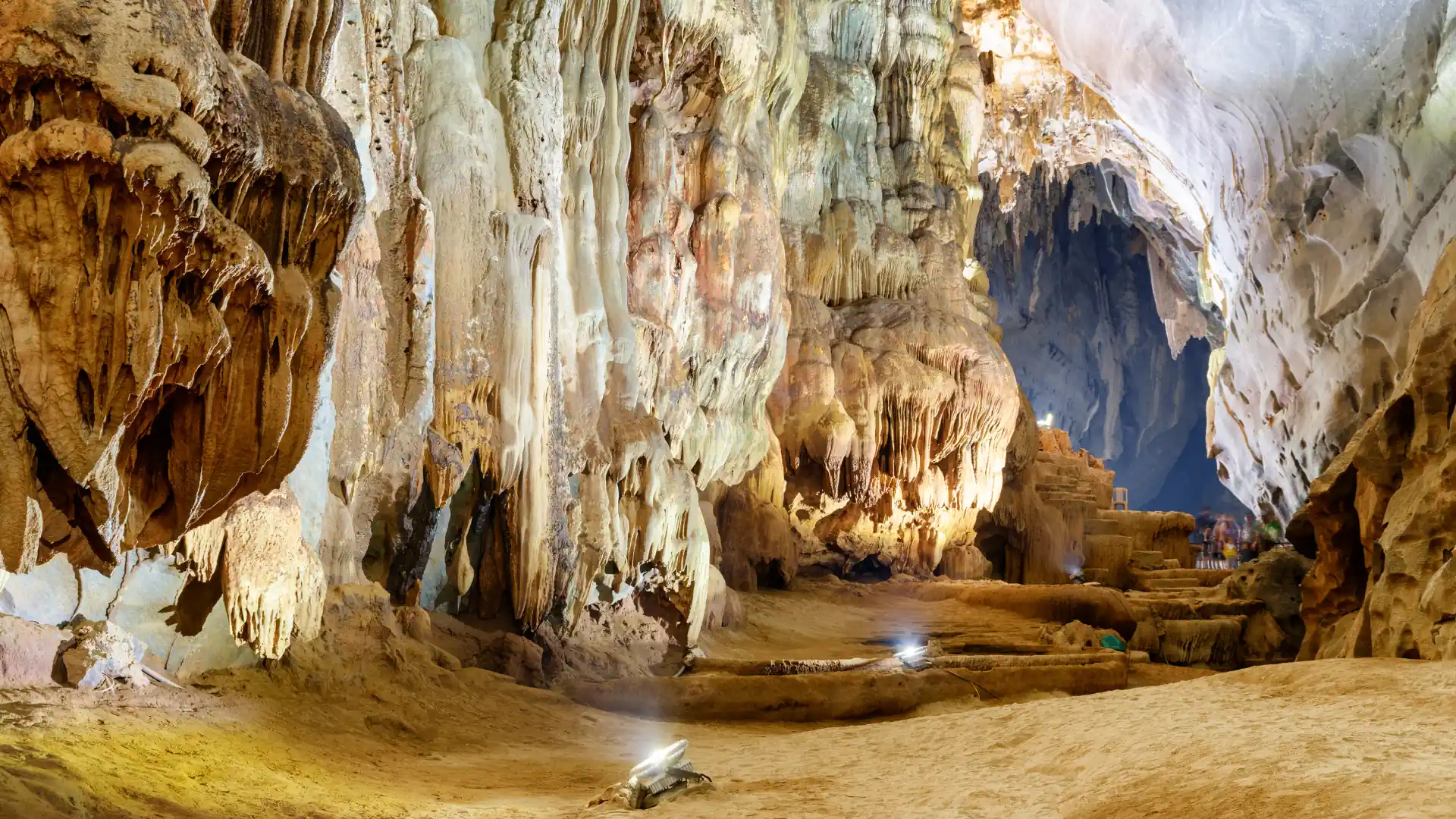
Seasonal Considerations for Vietnam Travel
February to April represents the sweet spot for many travelers. Northern Vietnam emerges from winter’s chill with pleasant temperatures, while Central Vietnam experiences its driest, sunniest weather—perfect for beach time and ancient town wandering. The south remains warm but manageable before the monsoon season intensifies. However, the Tet Lunar New Year (late January to mid-February) requires advance booking and awareness of widespread closures.

May to August brings summer heat and humidity, with northern regions experiencing occasional downpours. This season offers advantages: fewer tourists, better prices, and the spectacular sight of Sapa’s rice terraces turning golden yellow in September. Southern beaches experience more rainfall, but showers typically arrive as brief afternoon downpours.
September to November delivers Vietnam’s second optimal travel window. The north cools from summer’s heat, making it ideal for trekking. Central Vietnam begins transitioning toward its rainy season—September remains mostly dry, but November brings increasing precipitation. The south starts drying out after monsoon season.
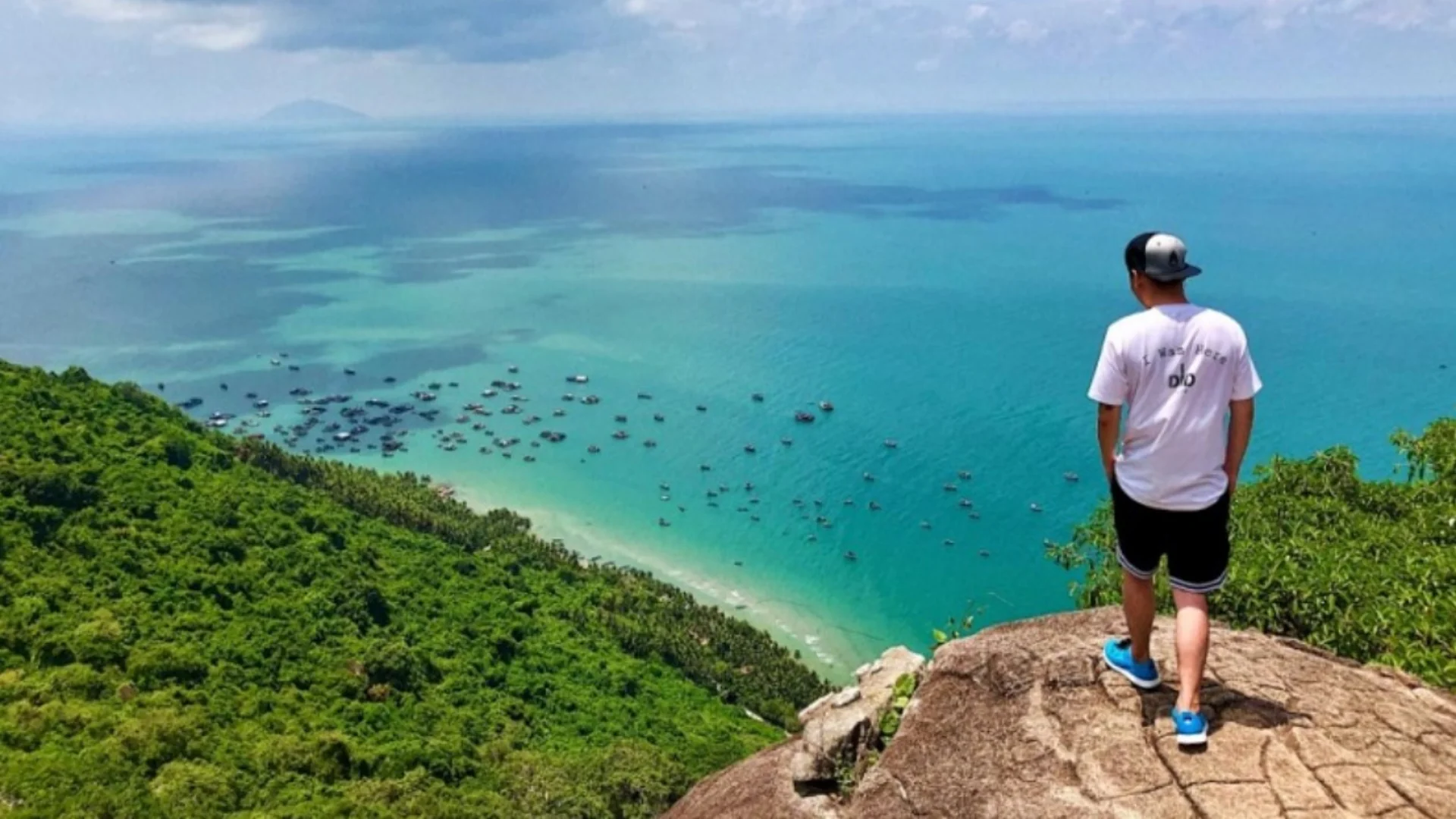
December to January brings cooler weather to the north, with Hanoi experiencing chilly temperatures and Sapa occasionally seeing frost. Central Vietnam faces its wettest period with heavy rains and potential typhoons. However, southern Vietnam and the Mekong Delta enjoy perfect weather during this period.
Top Destinations Itinerary Deep Dives
Hanoi Itinerary (2-3 Days)
Must-Do:
- Walk the 36 Streets of Old Quarter at sunrise
- Watch water puppet show
- Hoan Kiem Lake & Temple of Literature
- Street food tour (pho, bun cha, egg coffee)
Pro Tips:
- Stay in Old Quarter for atmosphere
- Book train tickets early for onward travel
- Try bia hoi (fresh beer) on Ta Hien Street
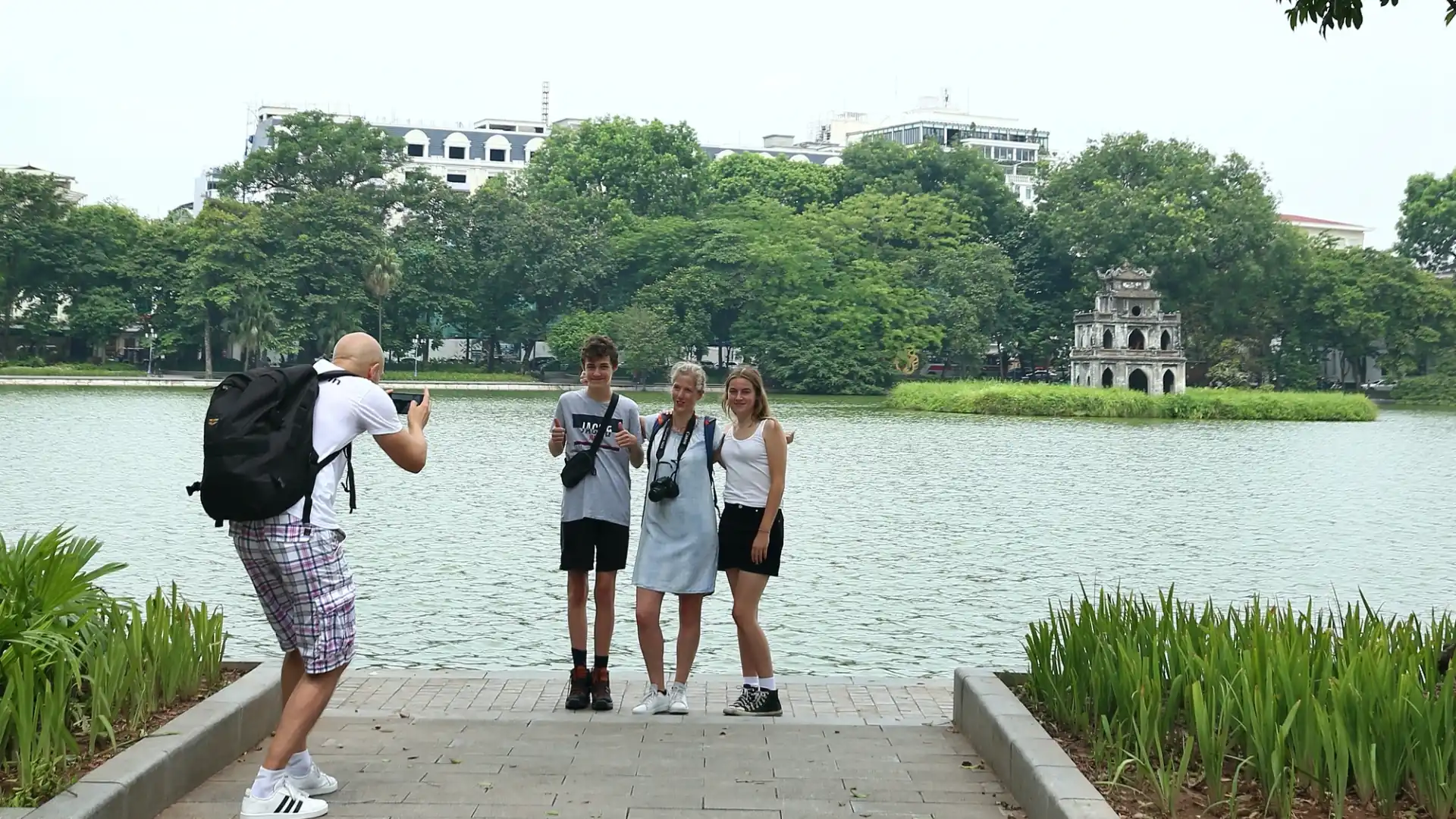
Ha Long Bay Itinerary (1-2 Nights)
Cruise Options:
- Budget: Basic boats, crowded
- Mid-range: Comfortable cabins, kayaking included
- Luxury: Premium experience, fewer passengers
Alternatives (Less Crowded):
- Lan Ha Bay
- Bai Tu Long Bay
Activities:
- Kayaking through caves
- Swimming in lagoons
- Visiting floating villages
- Sunrise tai chi on deck
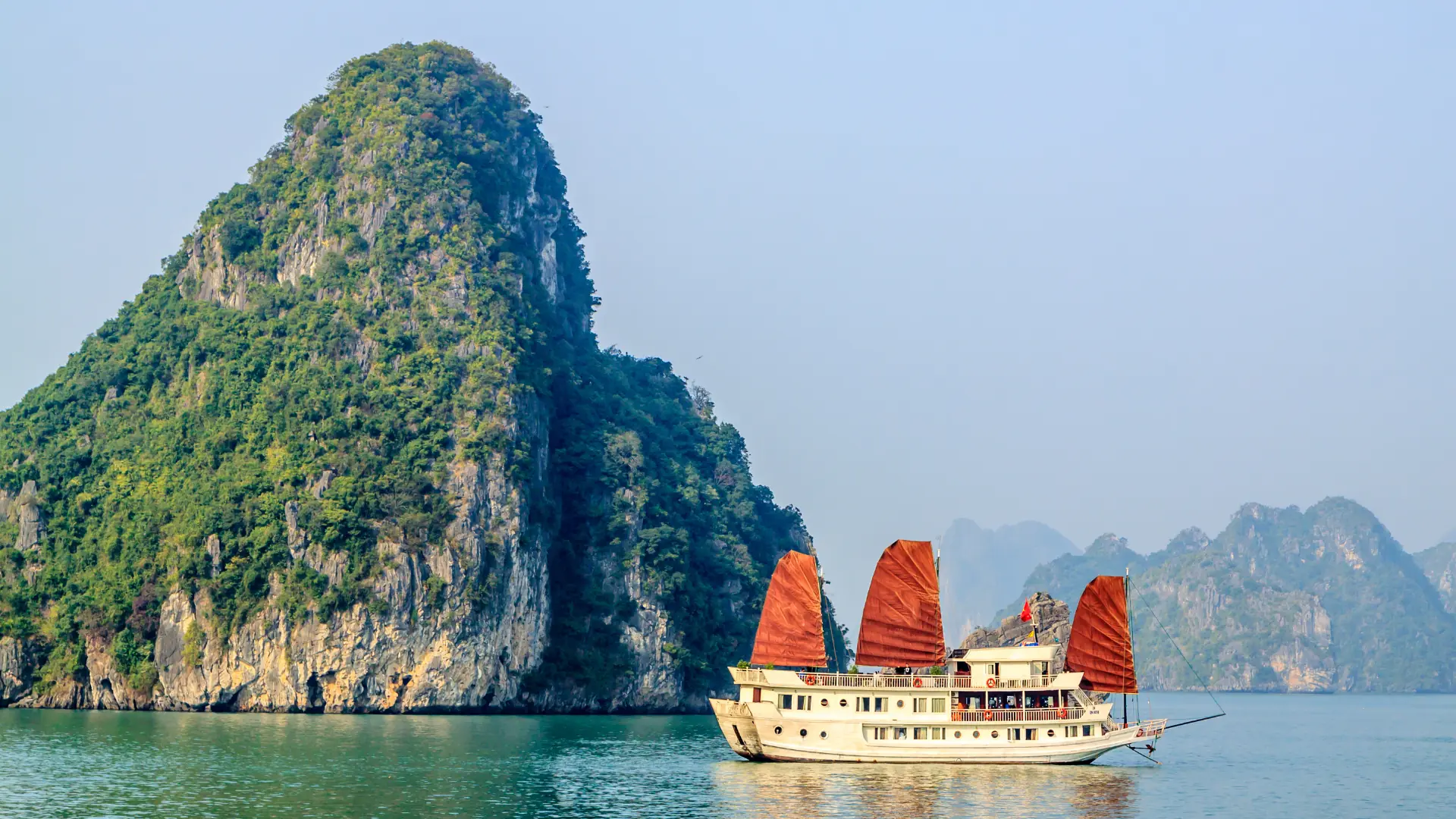
Sapa Itinerary (2-4 Days)
Highlights:
- Trek through H’mong, Dao villages
- Cat Cat, Ta Van, Lao Chai villages
- Fansipan cable car (optional)
- Saturday night market
Alternatives:
- Ha Giang Loop (4 days): More remote, dramatic scenery
- Pu Luong: Less touristy, authentic
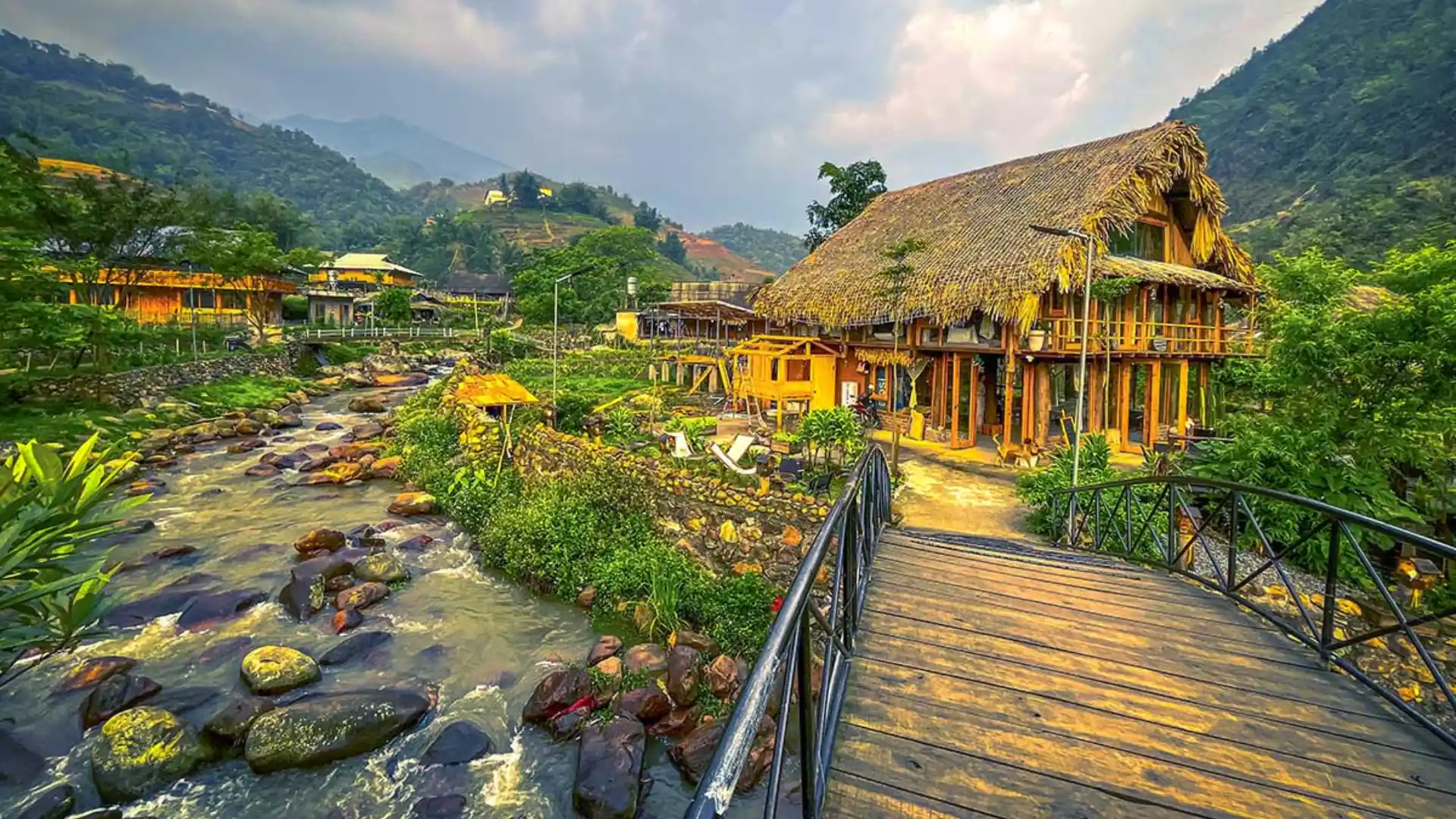
Hue Itinerary (2 Days)
Main Attractions:
- Imperial Citadel & Forbidden Purple City
- Royal tombs: Minh Mang, Khai Dinh, Tu Duc
- Thien Mu Pagoda
- Perfume River boat cruise
Food Specialties:
- Bun bo Hue (spicy beef noodle)
- Banh beo (steamed rice cakes)
- Royal cuisine experience
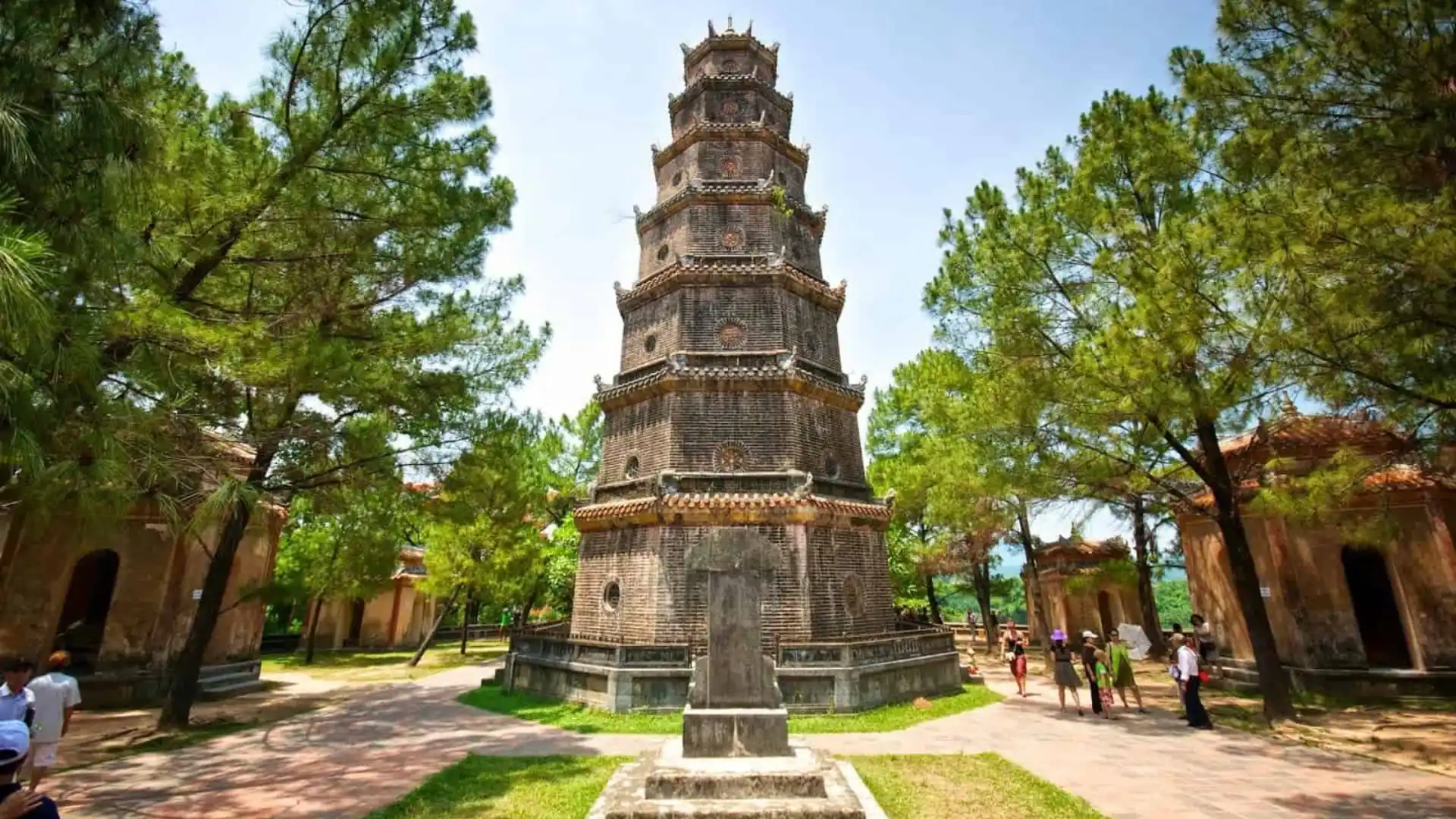
Hoi An Itinerary (3-4 Days)
Ancient Town:
- Japanese Covered Bridge
- Assembly halls & old houses
- Lantern-lit evening strolls
- Full Moon Lantern Festival (monthly)
Activities:
- Custom tailoring (24-48 hours)
- Cooking class
- An Bang/Cua Dai beaches
- Bicycle tours through rice paddies
Day Trips:
- My Son Sanctuary (Cham ruins)
- Cham Islands (snorkeling)
- Marble Mountains
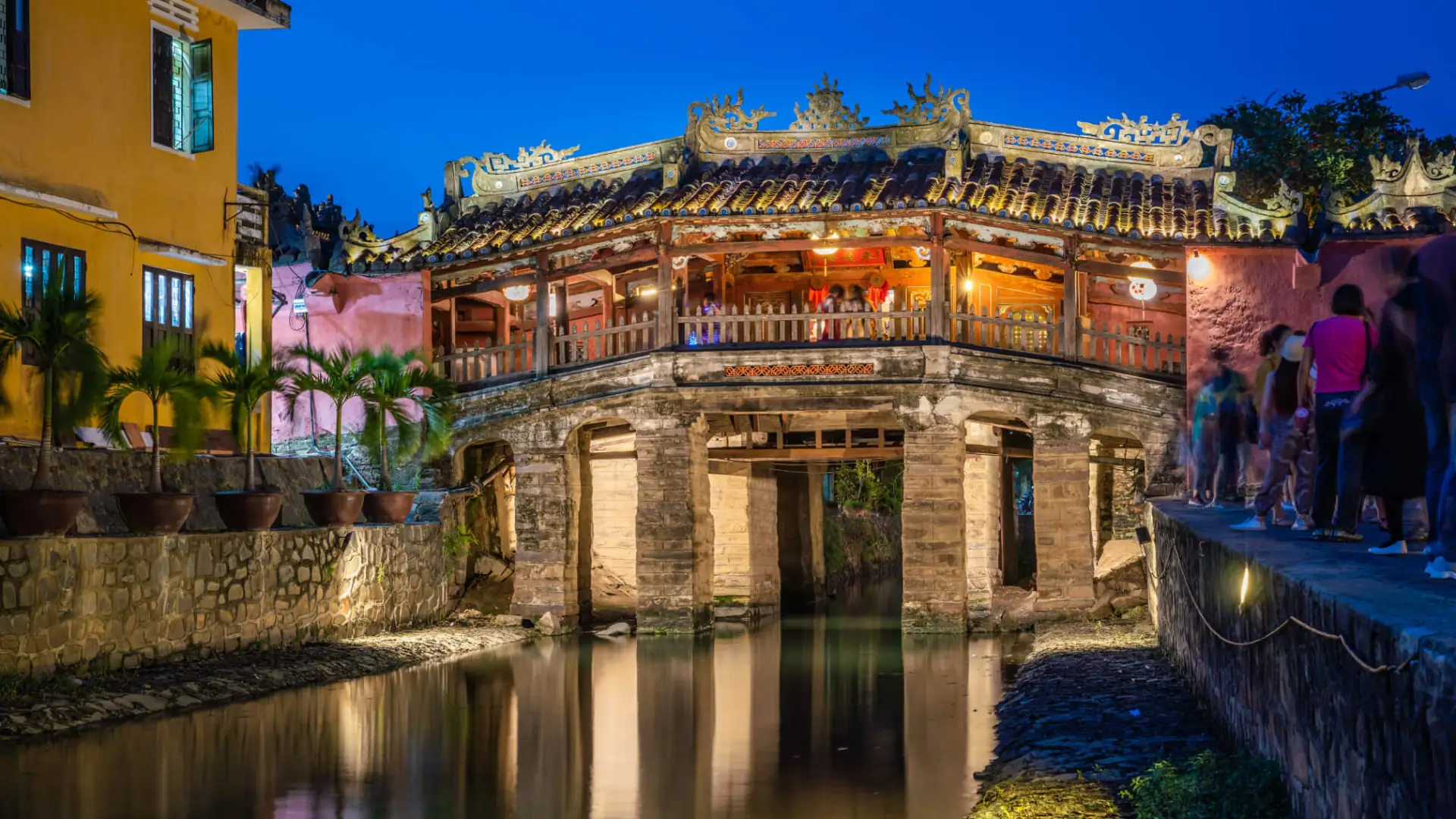
Phong Nha-Ke Bang Itinerary (2-3 Days)
Cave Adventures:
- Paradise Cave (31km system, 1km accessible)
- Phong Nha Cave (boat tour)
- Dark Cave (zipline, mud bath adventure)
- Son Doong Cave (world’s largest, expensive multi-day)
Who It’s For: Adventure seekers, nature lovers
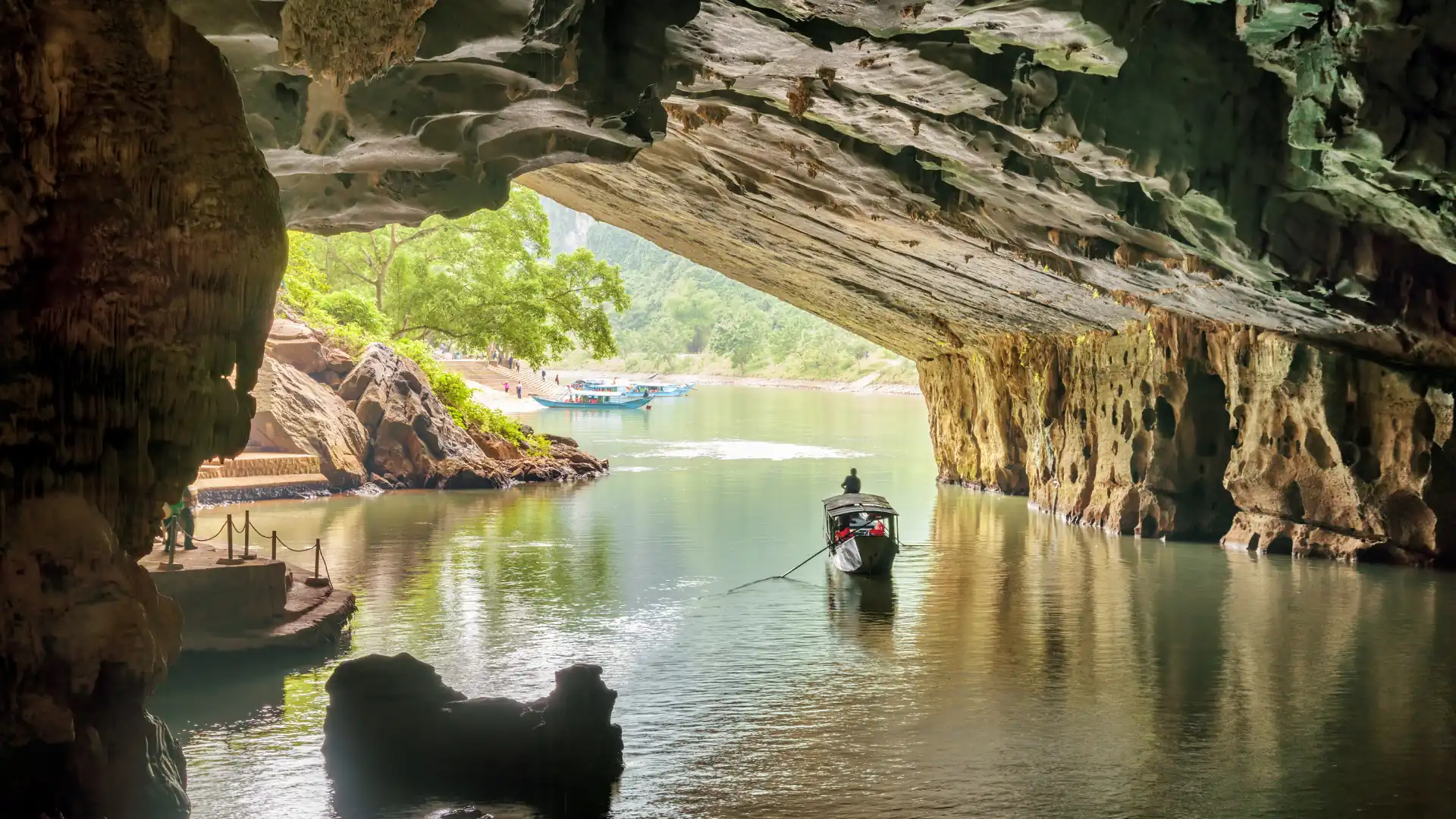
Ho Chi Minh City Itinerary (2-3 Days)
Key Sites:
- War Remnants Museum (sobering, essential)
- Reunification Palace
- Notre-Dame Cathedral (under renovation)
- Ben Thanh Market
- Saigon Central Post Office
Districts to Explore:
- District 1: Tourist hub, nightlife
- Districts 3, 10: Authentic street food
- Bui Vien: Backpacker street
Day Trip: Cu Chi Tunnels (half-day)

Mekong Delta Itinerary (1-3 Days)
Experiences:
- Cai Rang Floating Market (5am start, near Can Tho)
- Canal boat rides through fruit orchards
- Traditional craft villages (rice paper, coconut candy)
- Homestays in local families
- Bicycle tours through countryside
Best Base: Can Tho (largest city, best market access)
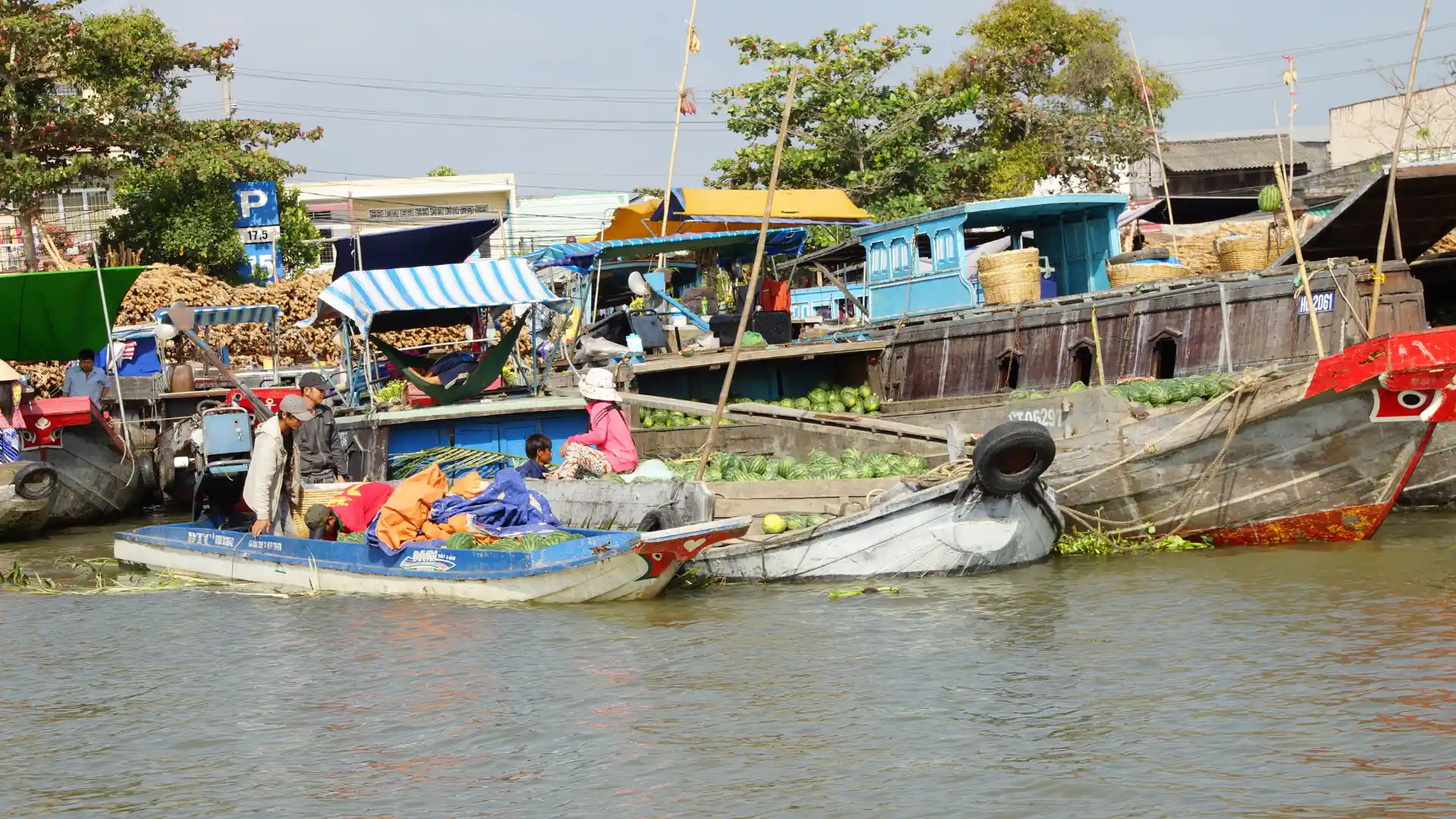
Beach Destinations
Phu Quoc Island Itinerary (3-5 Days)
- Long white beaches, clear water
- Snorkeling, diving
- Rapid development (mega-resorts)
- Night markets, fresh seafood
- Fish sauce factory tours

Con Dao Islands Itinerary (3-4 Days)
- Pristine, less developed
- Excellent diving, turtle nesting
- Prison history museums
- More expensive than Phu Quoc
- Intimate, secluded atmosphere
Nha Trang Itinerary (2-3 Days)
- Beach city vibe
- Island hopping tours
- Diving/snorkeling
- More party-oriented
Sample Vietnam Itineraries by Travel Style
The First-Timer’s Classic Route (14 Days)
- Day 1-3: Hanoi exploration, Old Quarter, Temple of Literature, street food tours
- Day 4-5: Ha Long Bay overnight cruise
- Day 6-7: Hue Imperial City, royal tombs, Perfume River
- Day 8-11: Hoi An ancient town, cooking class, beach time, day trips
- Day 12-14: Ho Chi Minh City, Cu Chi Tunnels, Mekong Delta day trip
The Nature and Adventure Route (16 Days)
- Day 1-2: Hanoi
- Day 3-5: Sapa trekking, ethnic villages
- Day 6-7: Ha Long Bay or Ha Giang Loop (if experienced motorcyclists)
- Day 8-10: Phong Nha cave exploration
- Day 11-12: Hoi An beach and relaxation
- Day 13-16: Dalat’s cool highlands or Con Dao National Park
The Off-the-Beaten-Path Route (18 Days)
- Day 1-2: Hanoi
- Day 3-6: Ha Giang Loop
- Day 7-8: Ba Be National Park
- Day 9-10: Pu Luong Nature Reserve
- Day 11-13: Phong Nha
- Day 14-15: Hoi An
- Day 16-18: Mekong Delta homestay, floating markets
The Beach and Culture Combination (14 Days)
- Day 1-2: Hanoi
- Day 3-4: Ha Long Bay
- Day 5-7: Hoi An
- Day 8-14: Split between Nha Trang/Phu Quoc/Con Dao for beach relaxation
Book your authentic Vietnam Tour with your Local Expert Tour Guide
Mekong Smile™ brings the vibrant living heritage of Vietnam’s Mekong Delta to life through transformative cultural journeys and sustainable tourism practices.
Get your Own Advisor and Book Your Authentic Mekong Delta Tour
Get your free personalized Mekong itinerary - Leave your info and our local expert will respond within 5 minutes to help you design your most authentic trip:
Frequently Asked Questions (FAQs)
How many days do I need in Vietnam?
Minimum 7 days, ideal 14 days, comprehensive 21+ days.
North to south or south to north?
North→South most popular. Start where weather is currently best.
Can I visit during monsoon season?
Yes. Rain is short afternoon showers. Avoid Central Vietnam Oct-Dec.
Best time to visit Vietnam?
Feb-Apr and Sep-Nov. Depends on region—no perfect time for entire country.
Should I book everything in advance?
Flights and Ha Long cruises yes. Hotels and tours can book 1-3 days ahead.
Is 7 days enough for Vietnam?
Enough for highlights only (Hanoi, Ha Long, Hoi An, HCMC). You’ll feel rushed.
Can I see all of Vietnam in 2 weeks?
Main highlights yes. In-depth experience no. You need to choose 4-5 key destinations.

